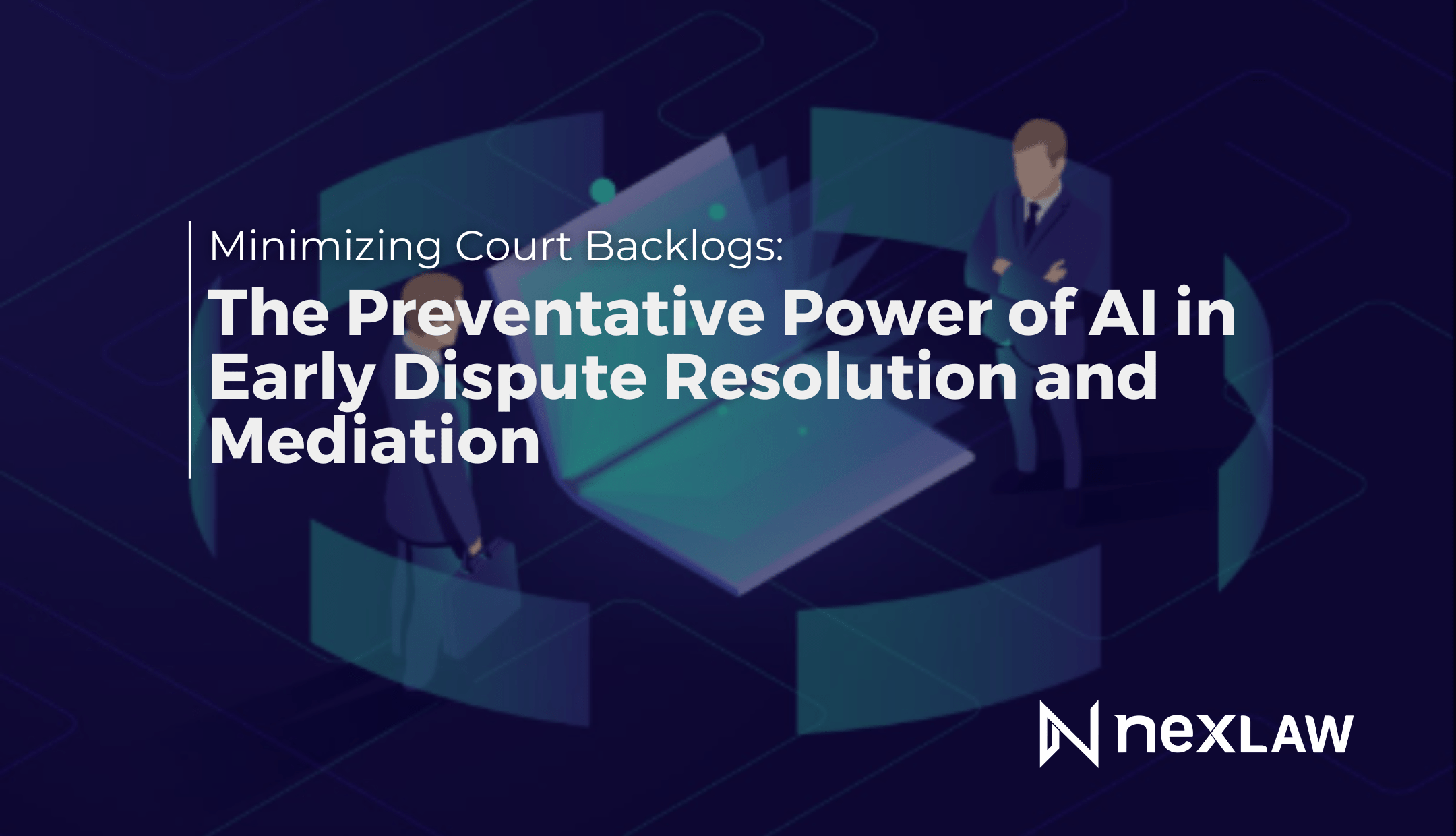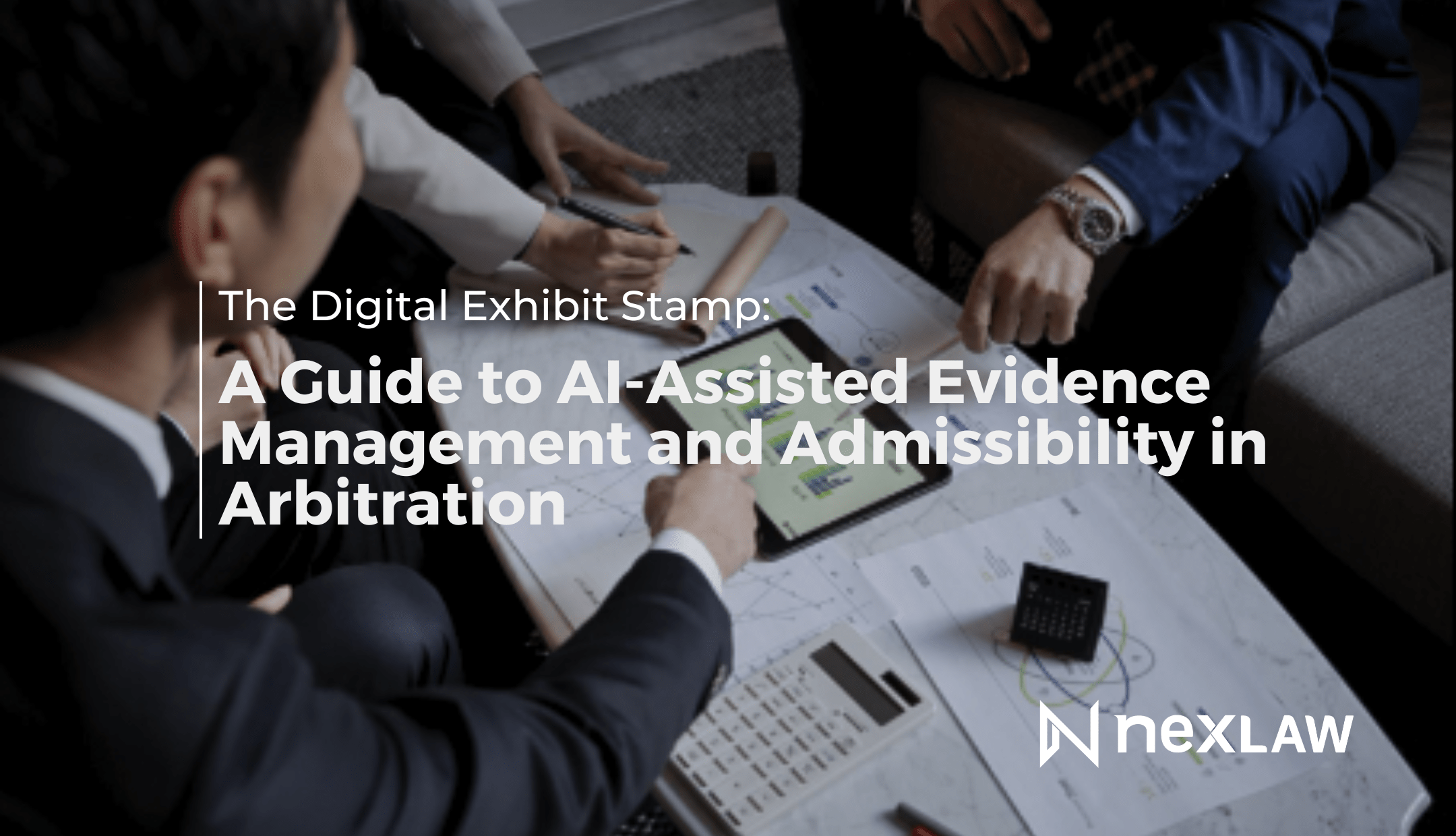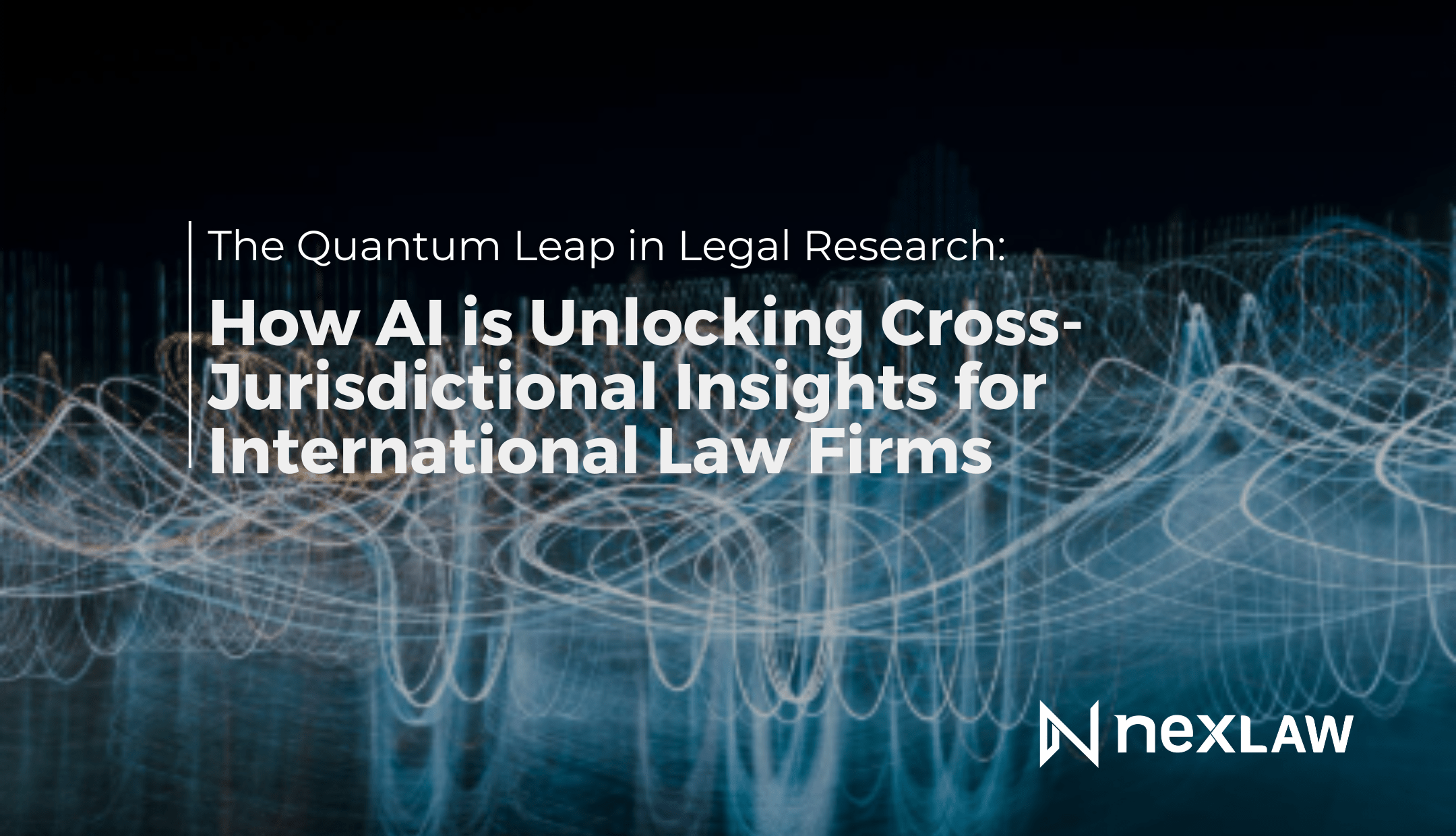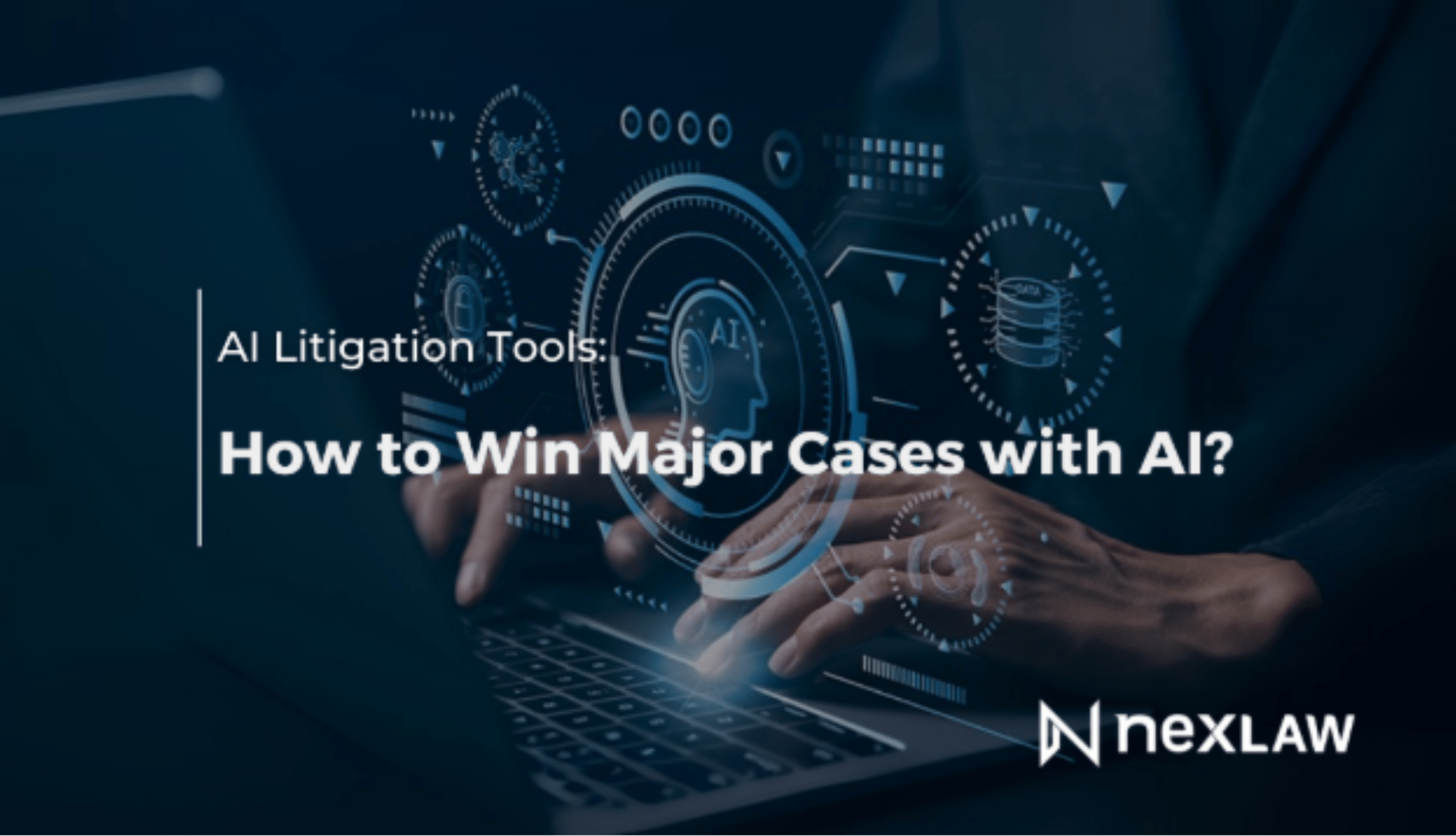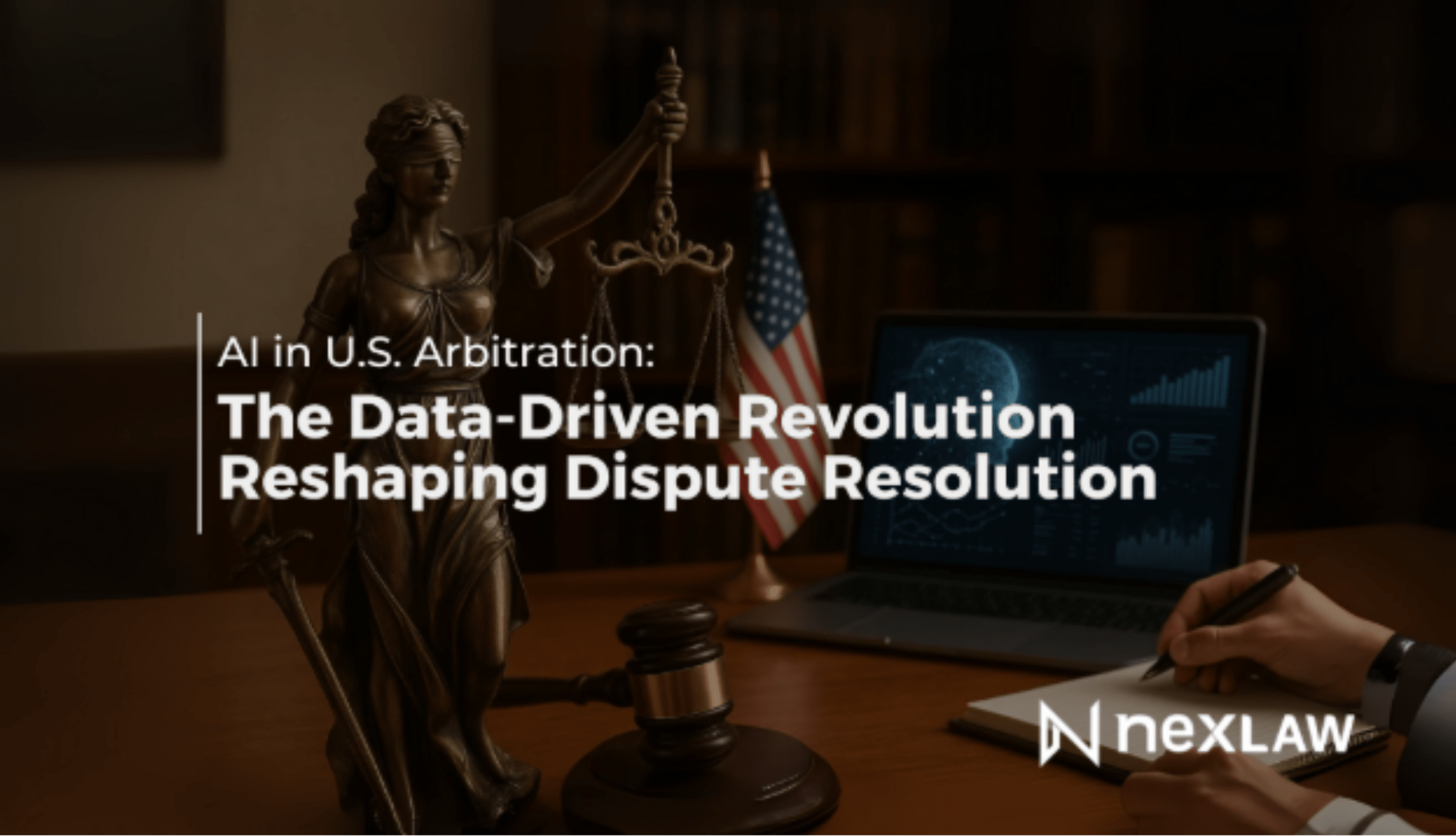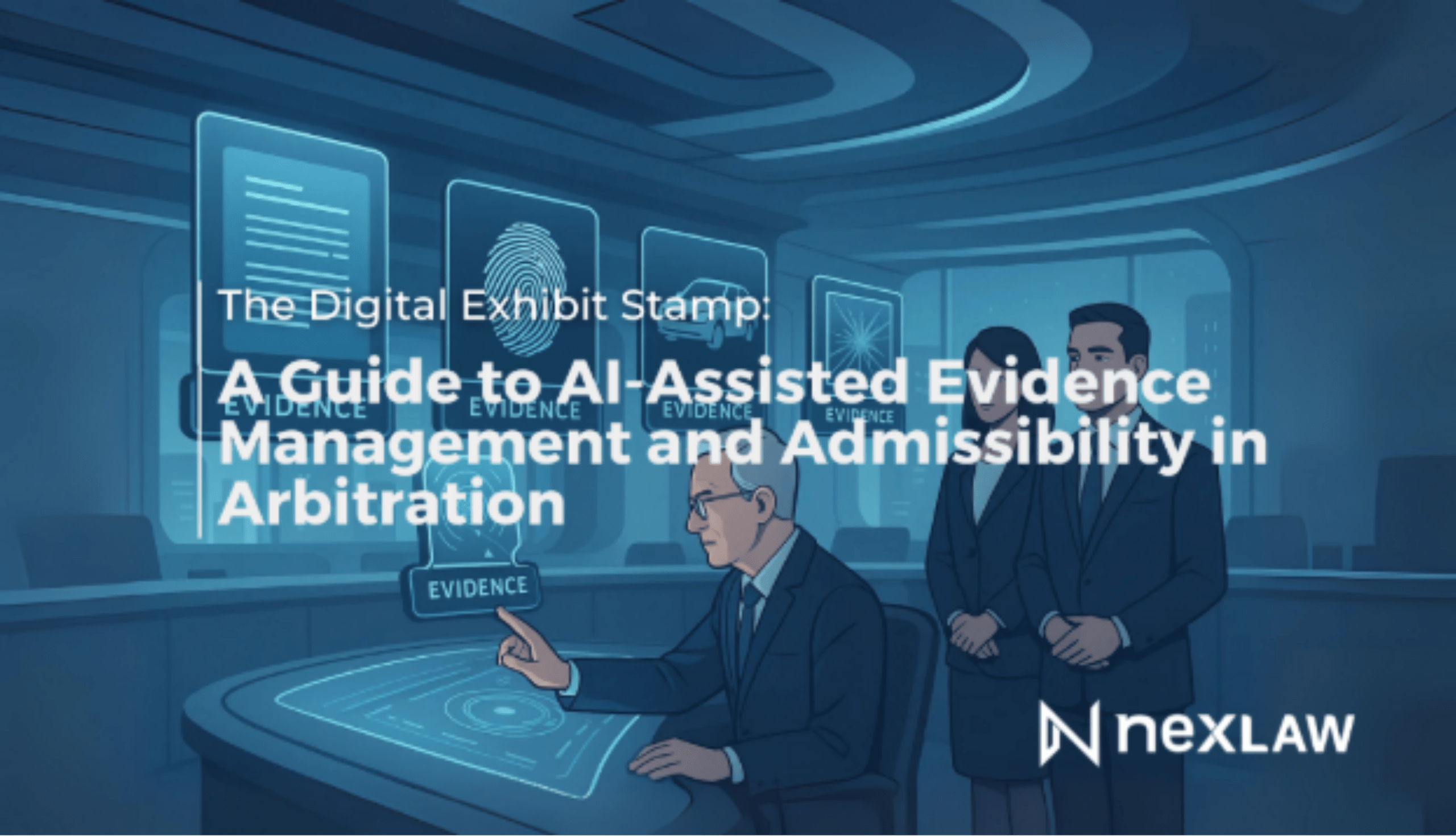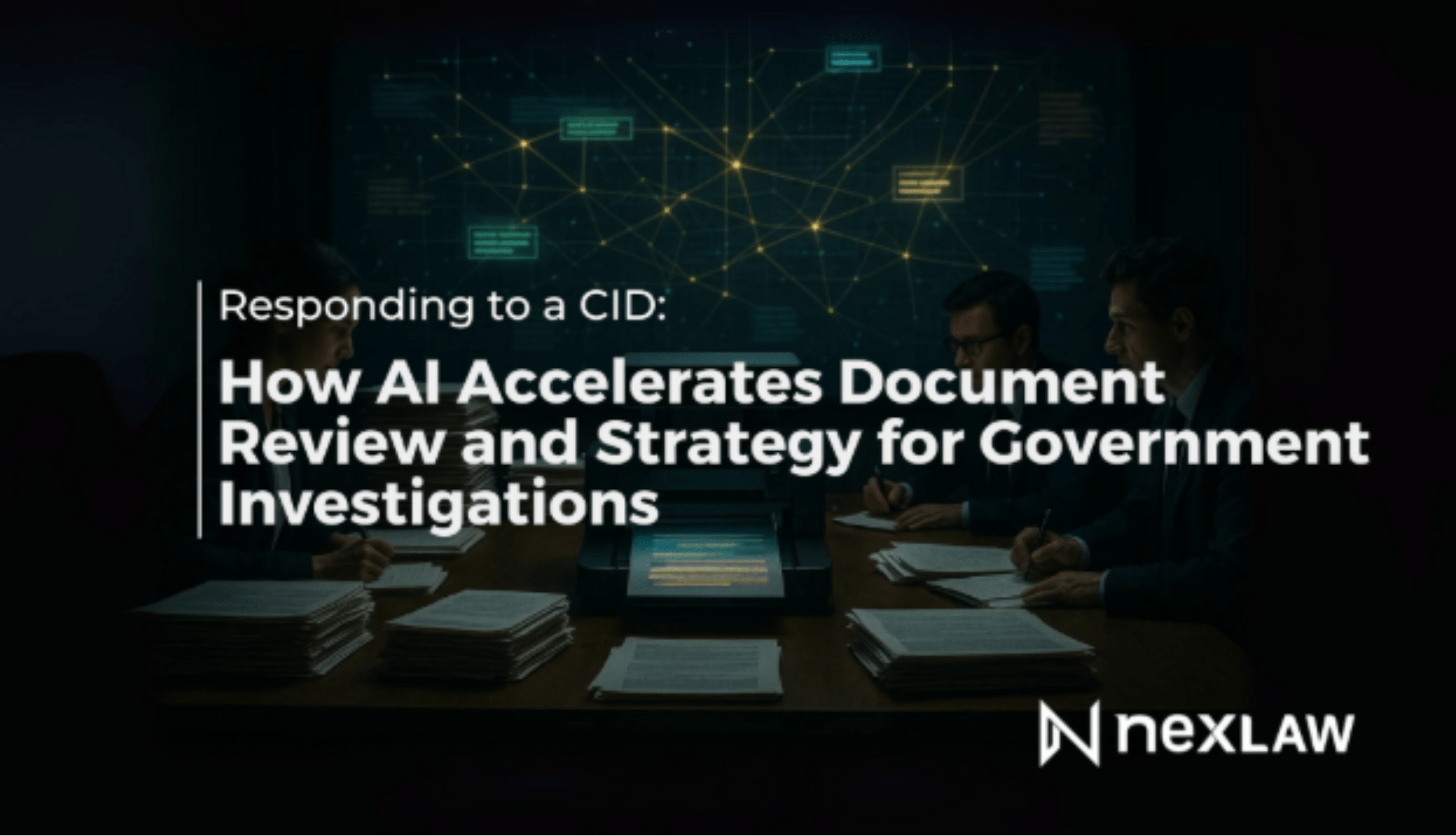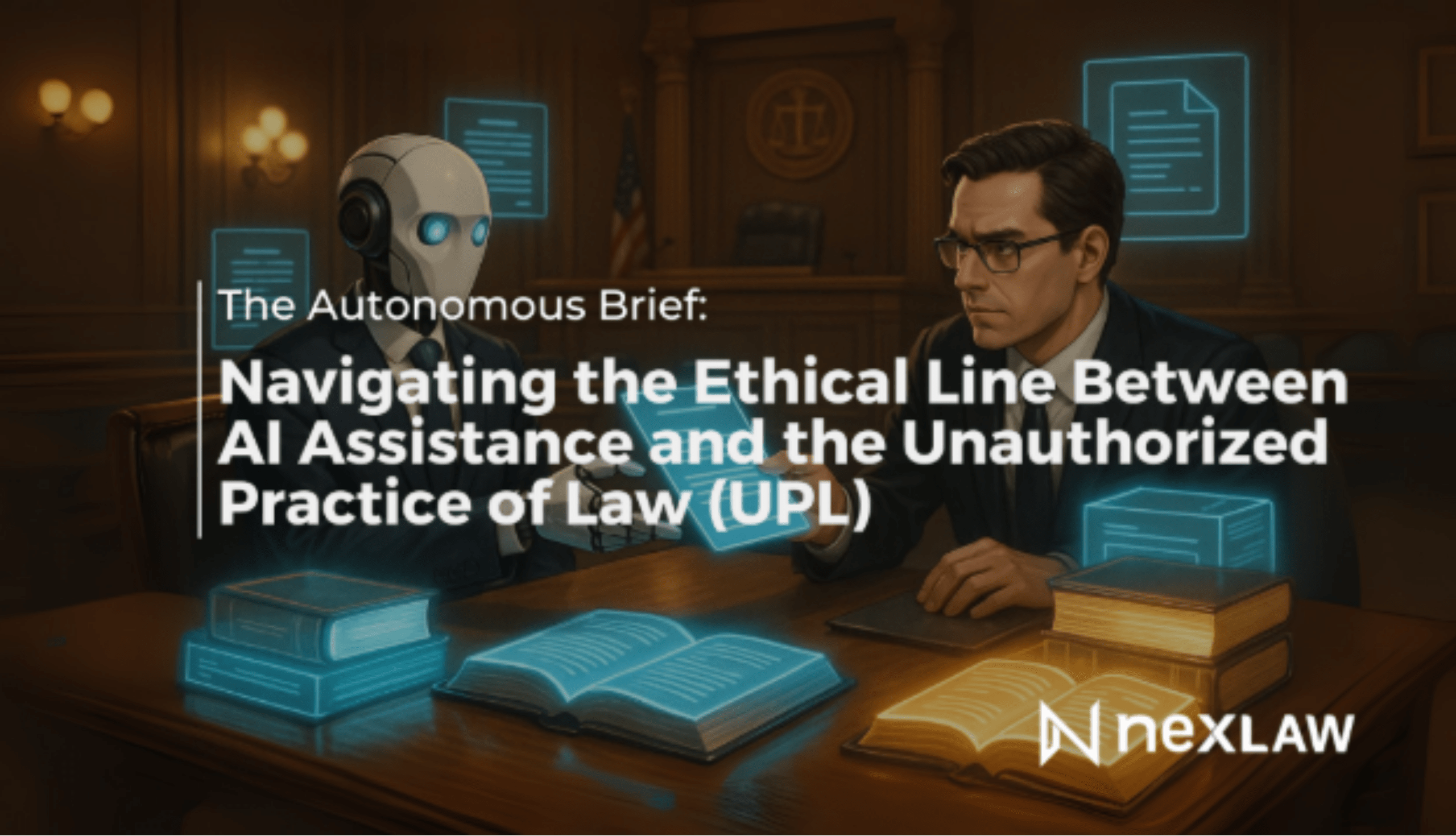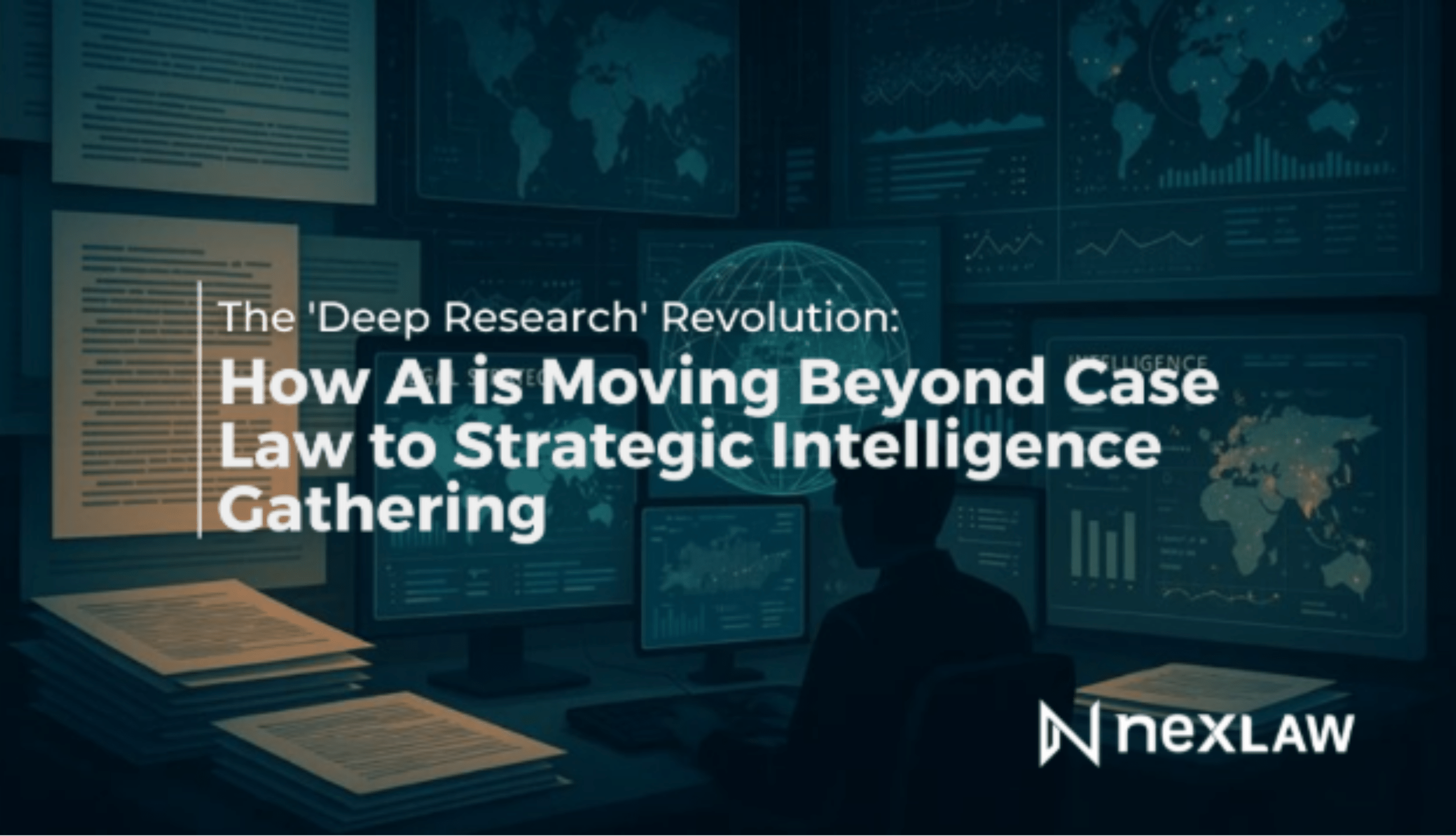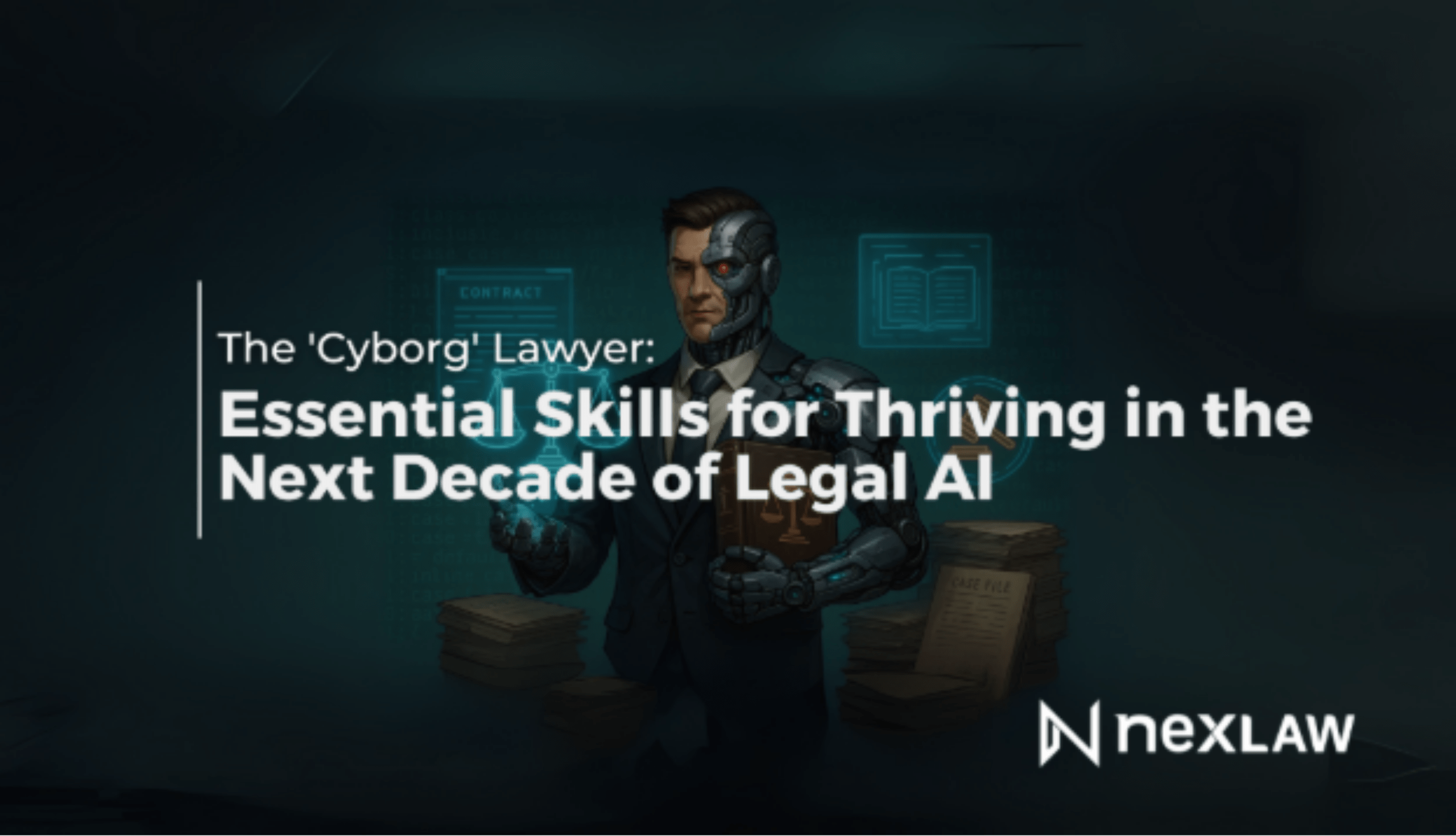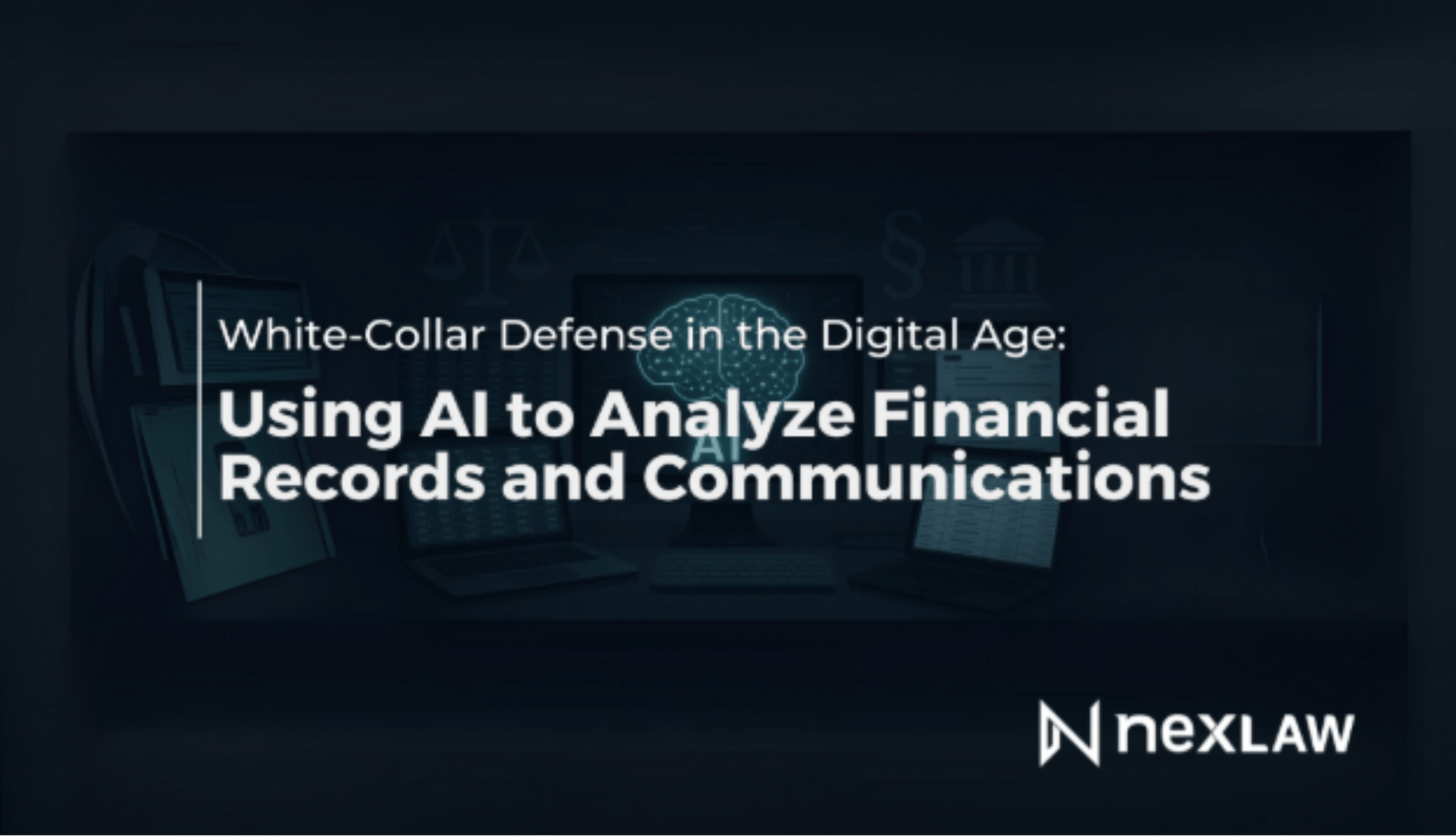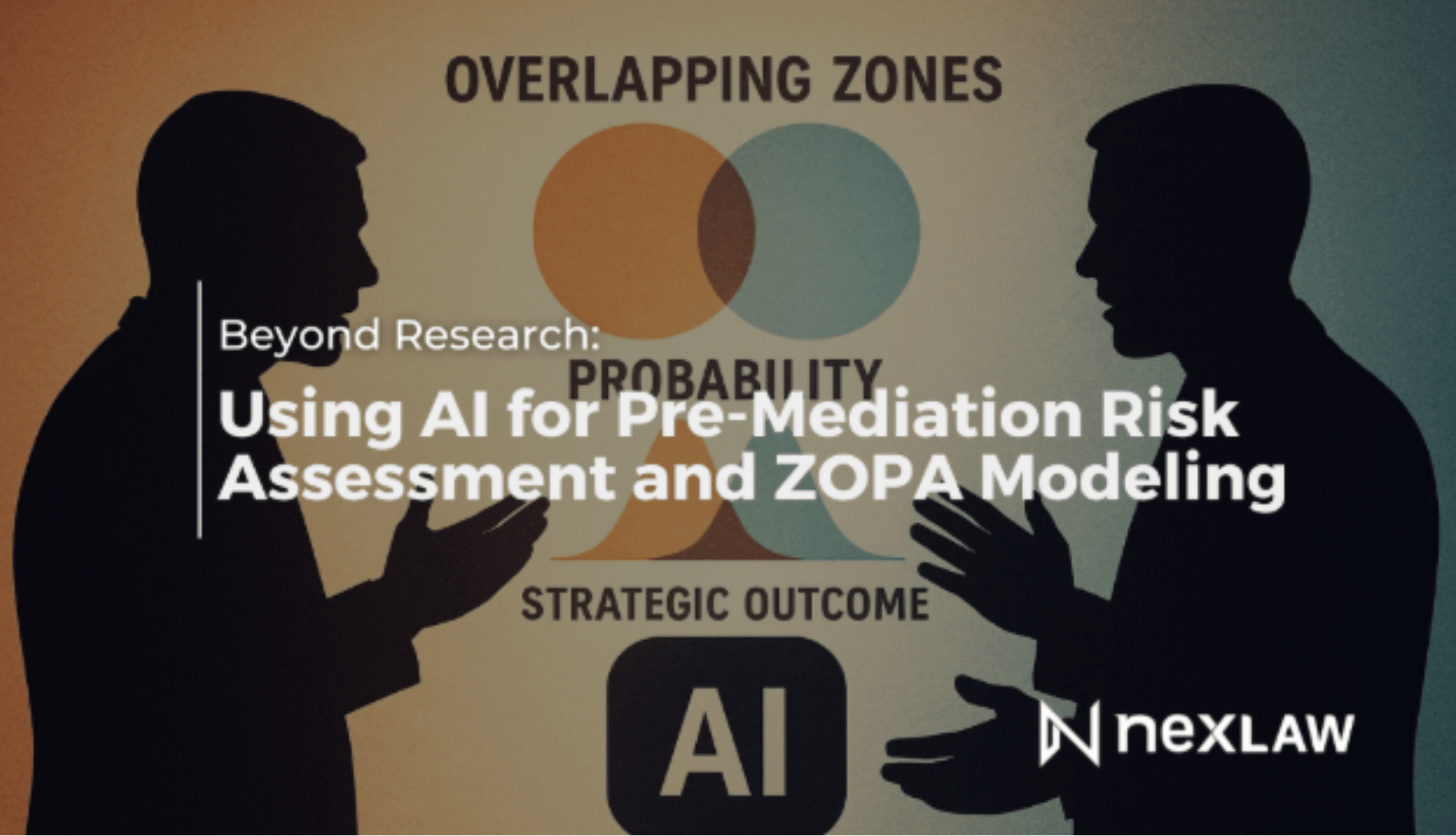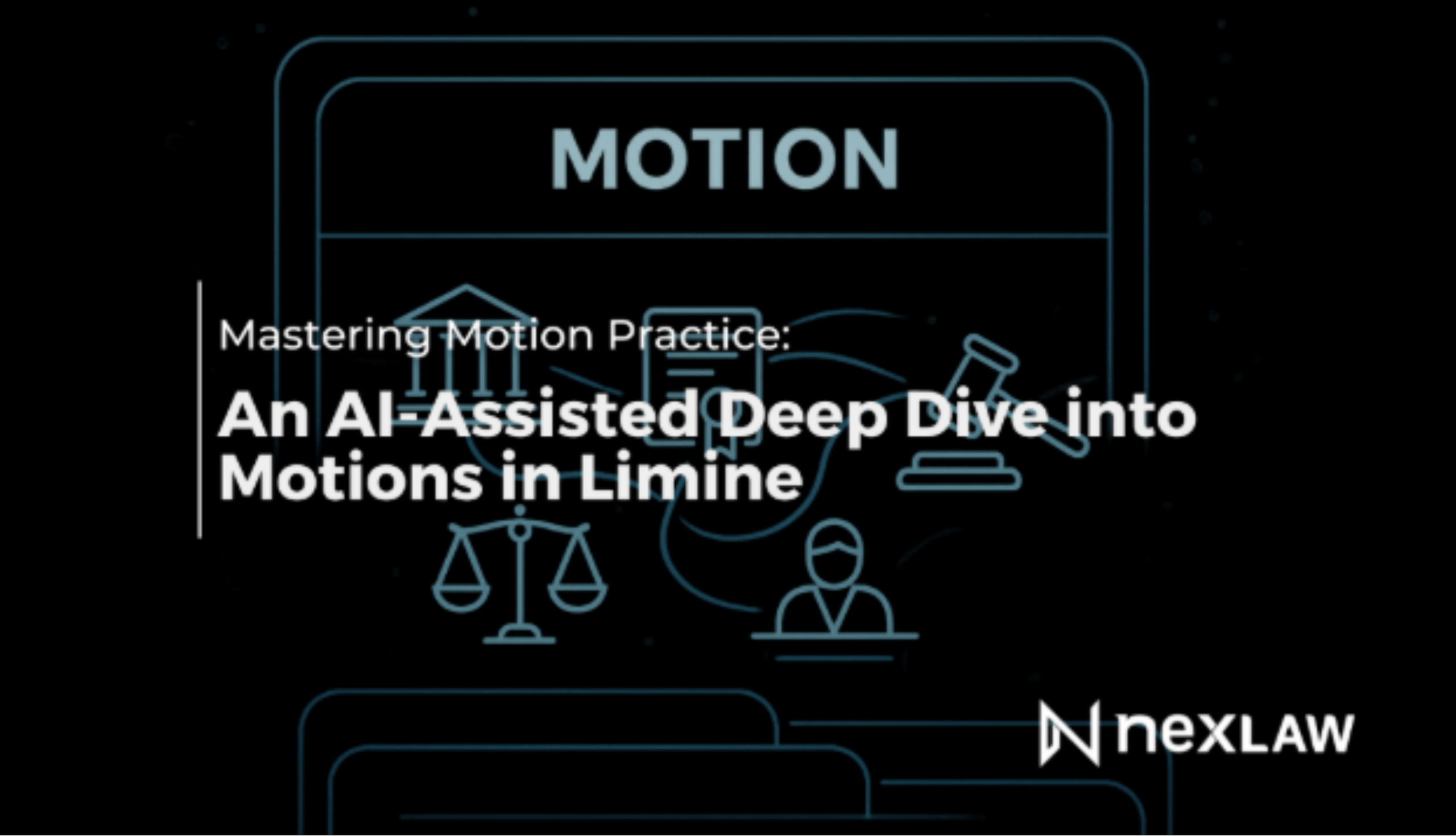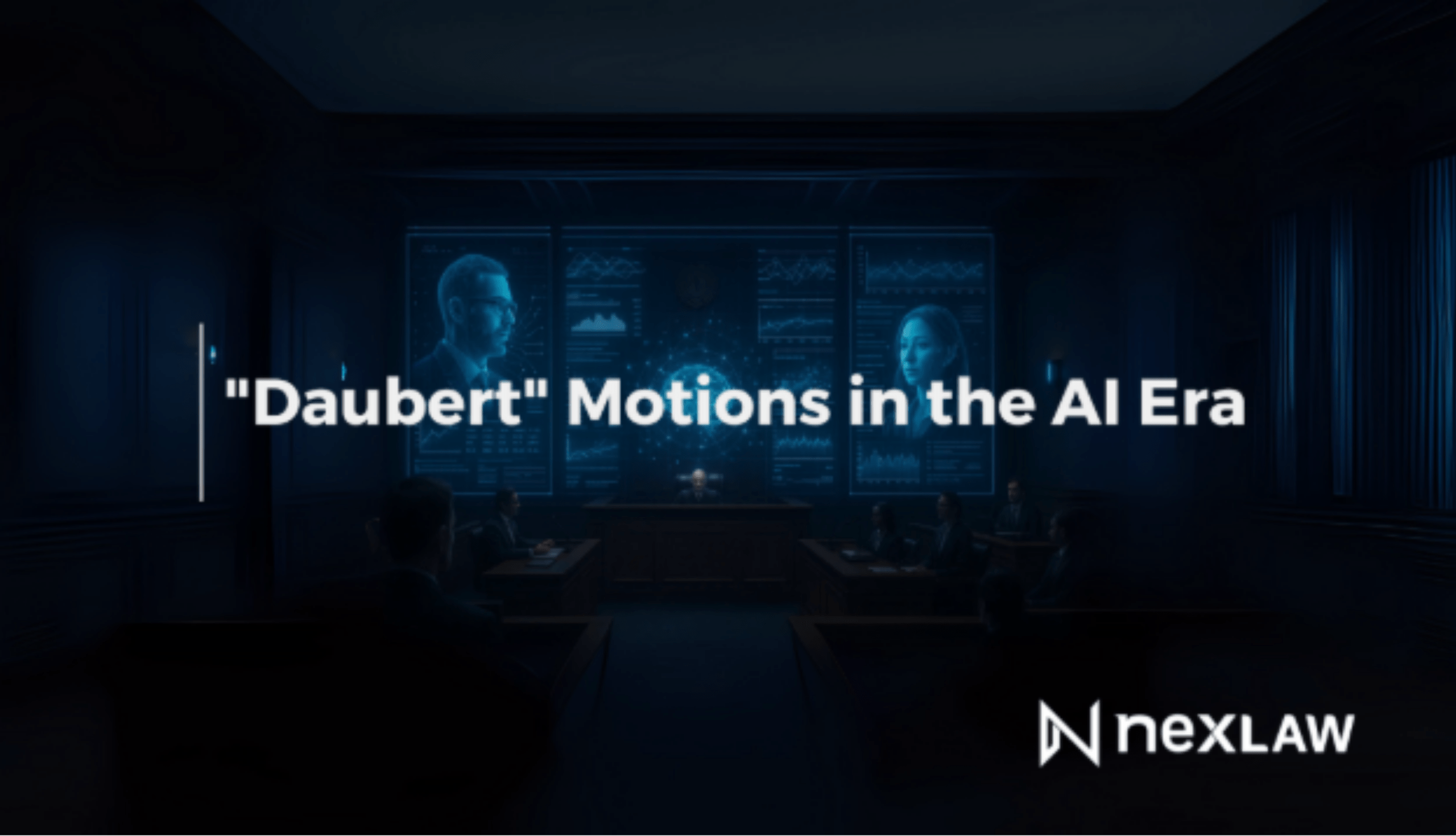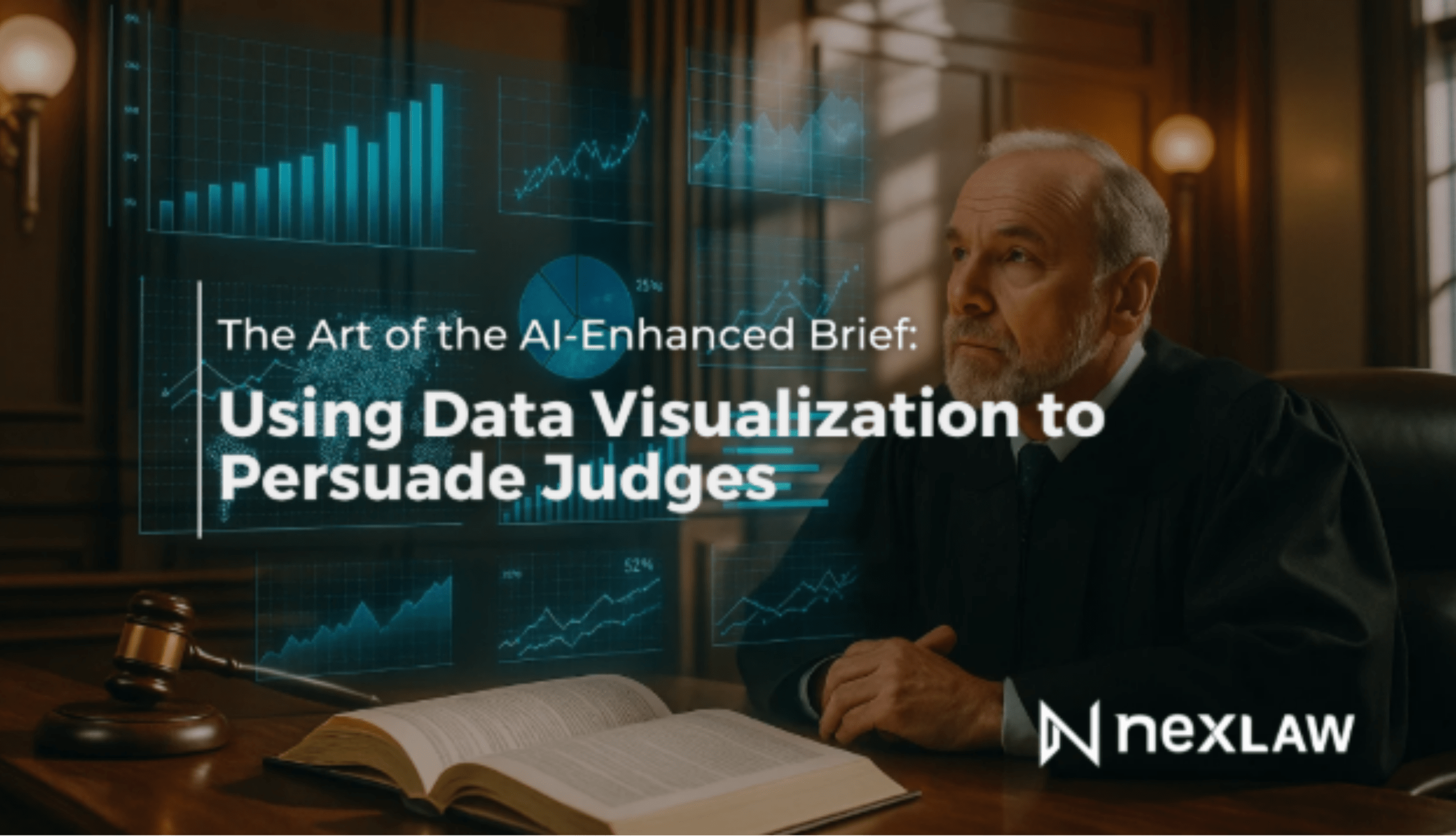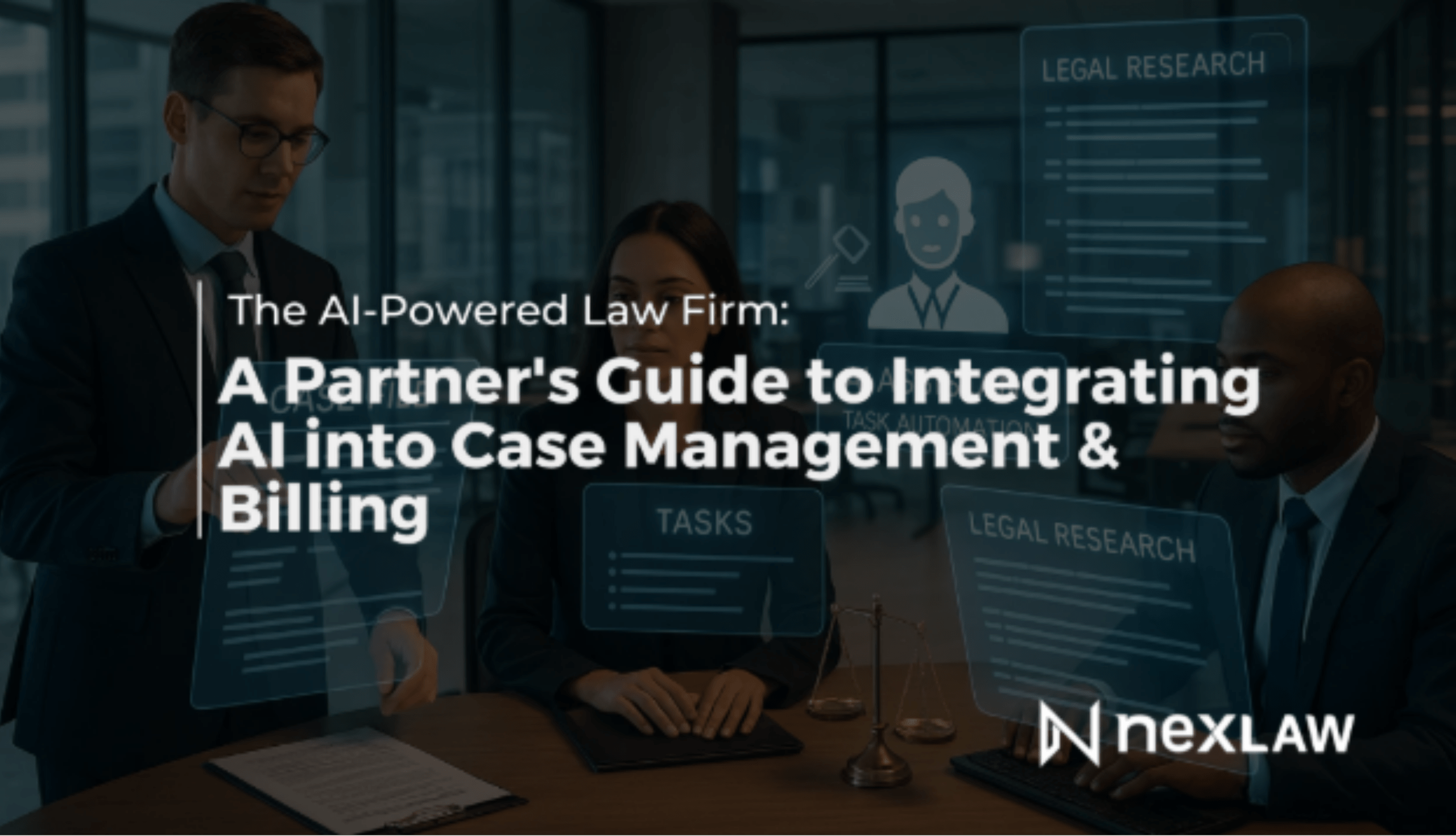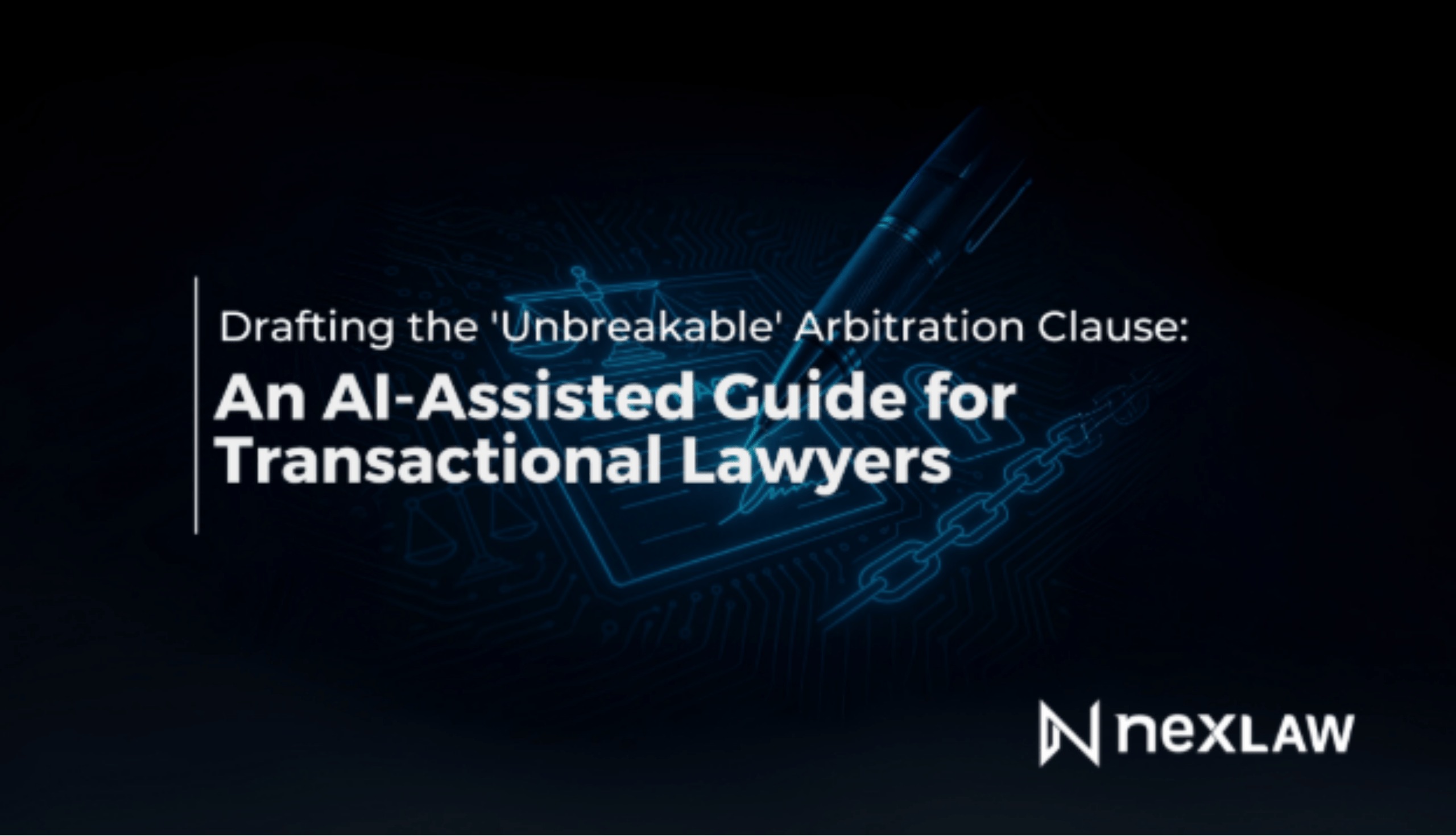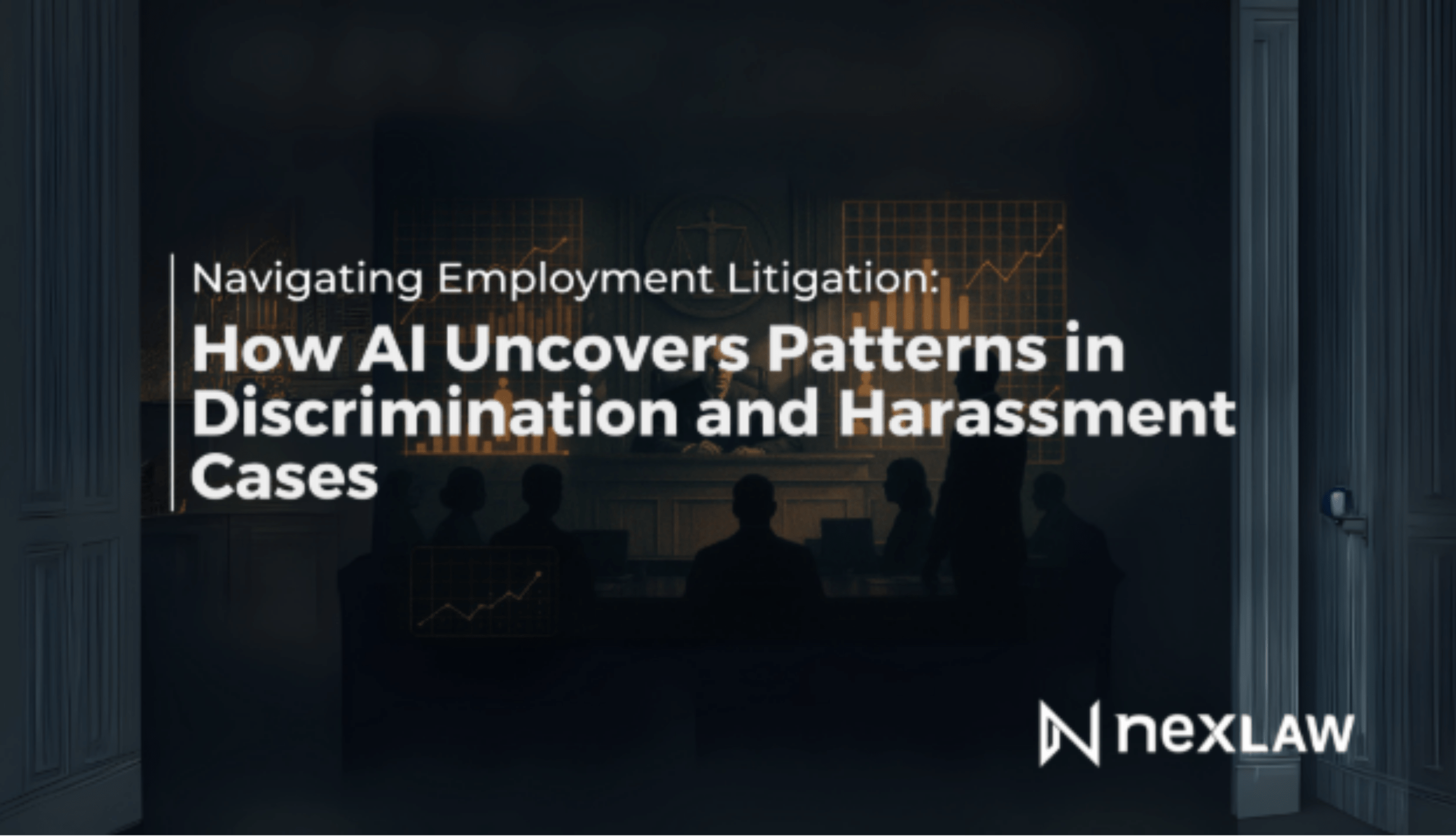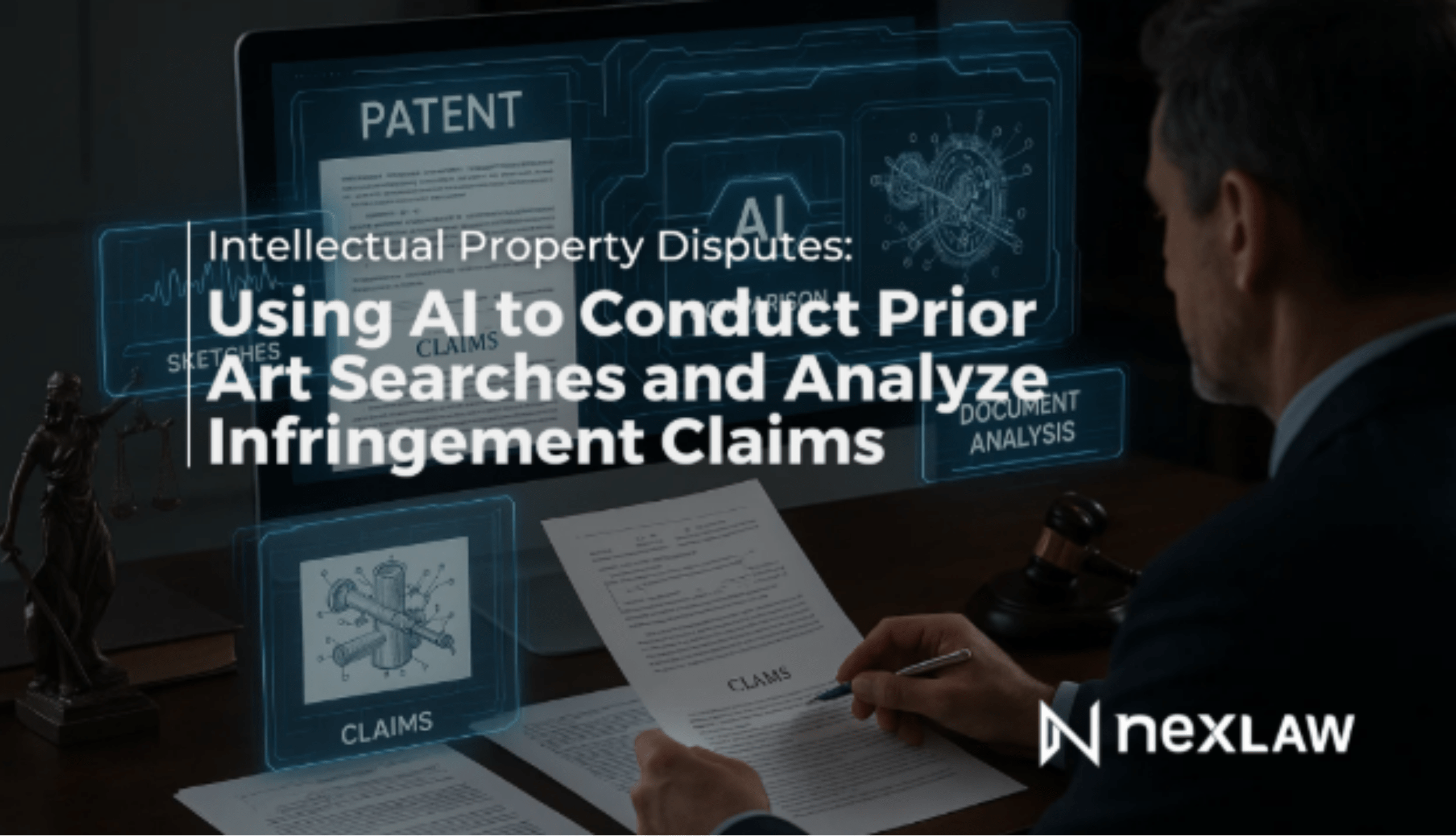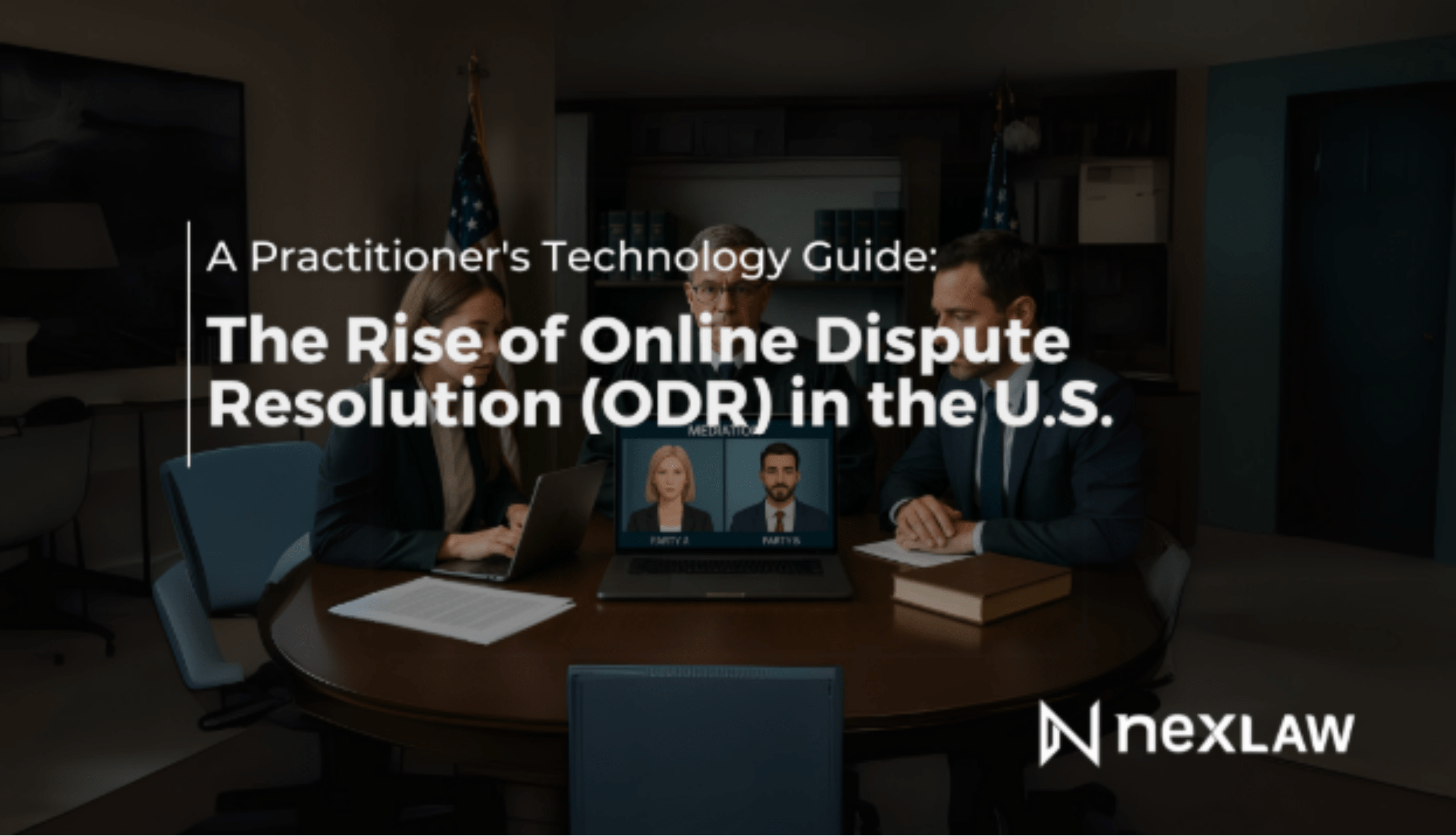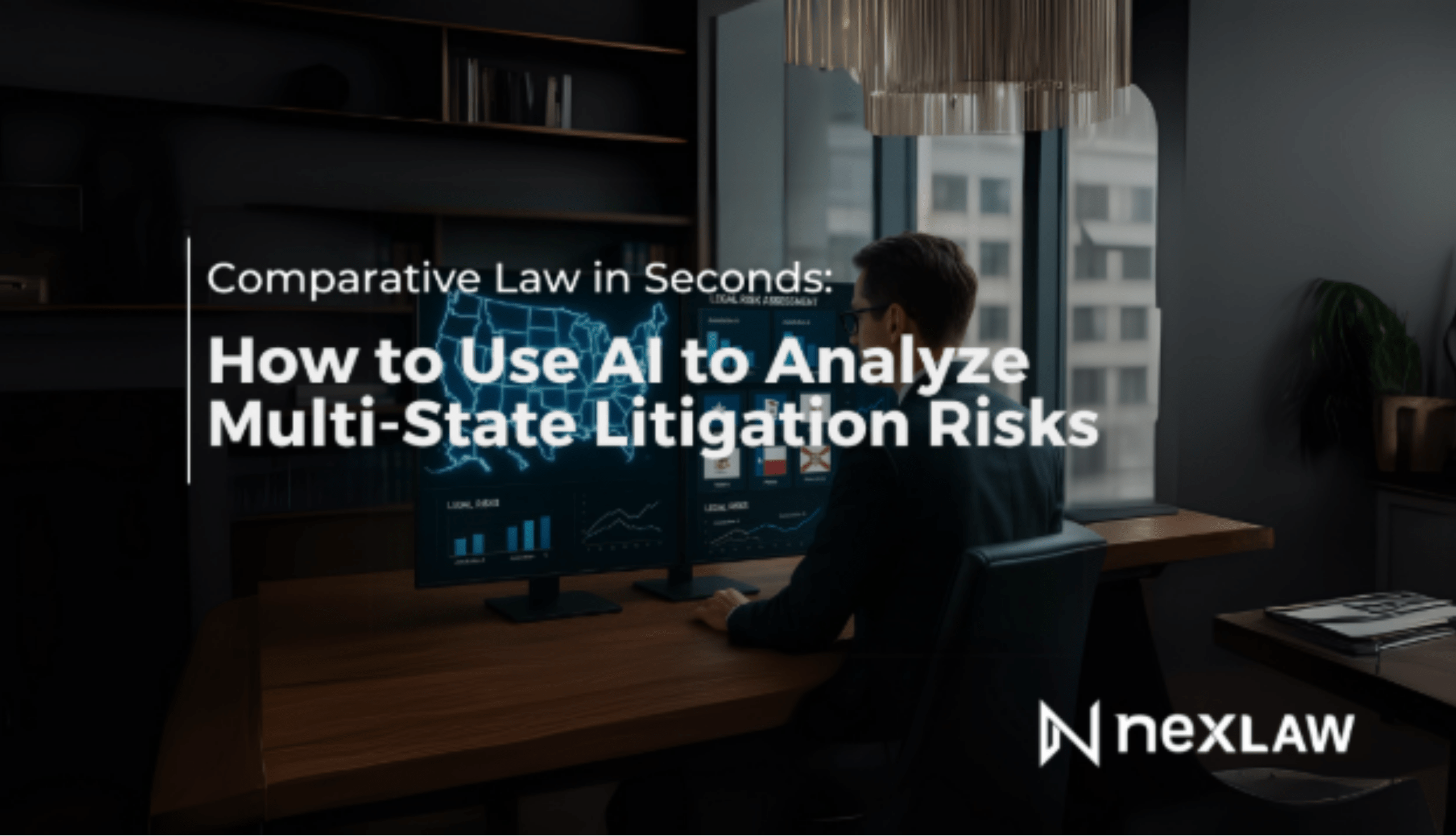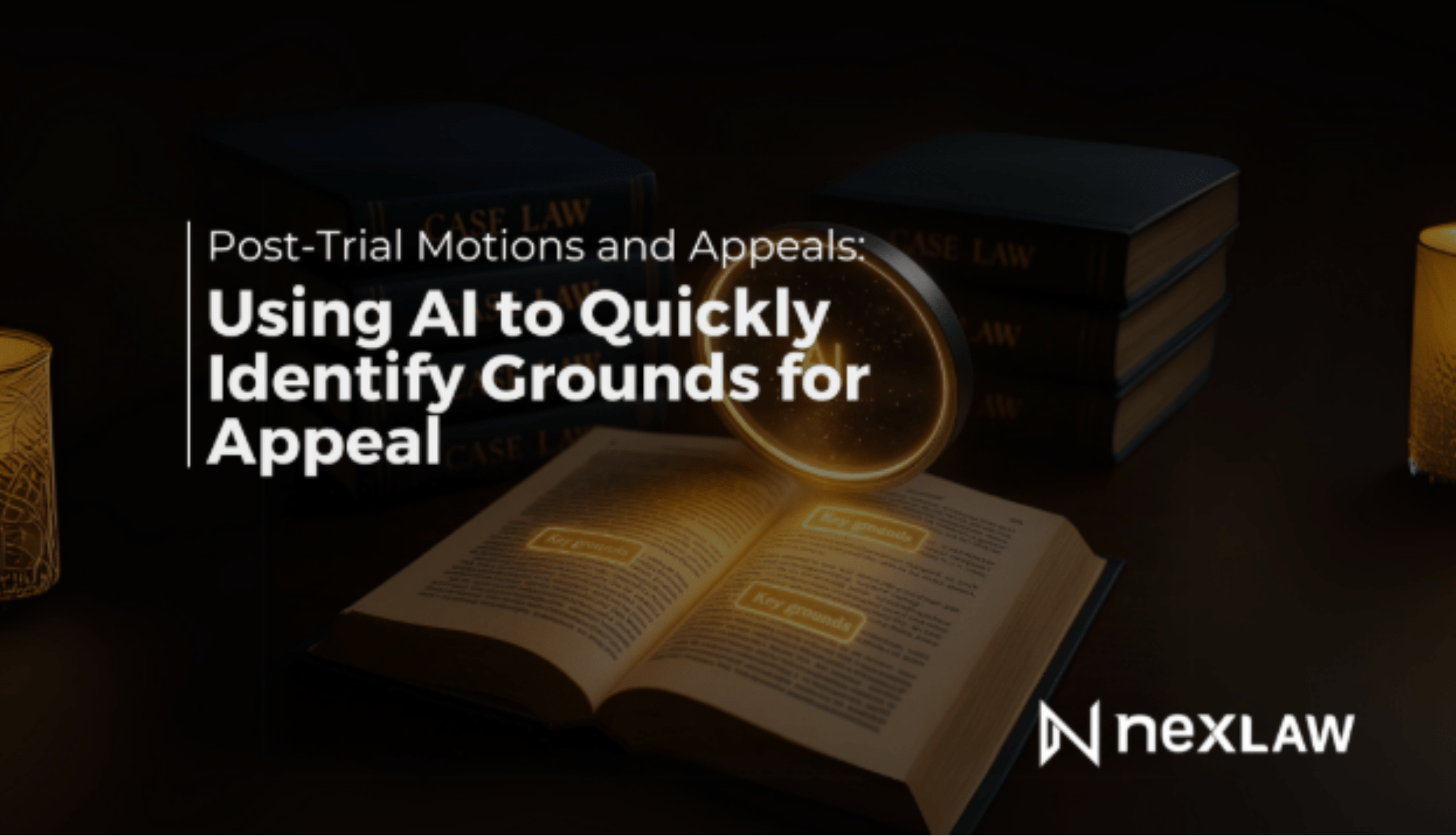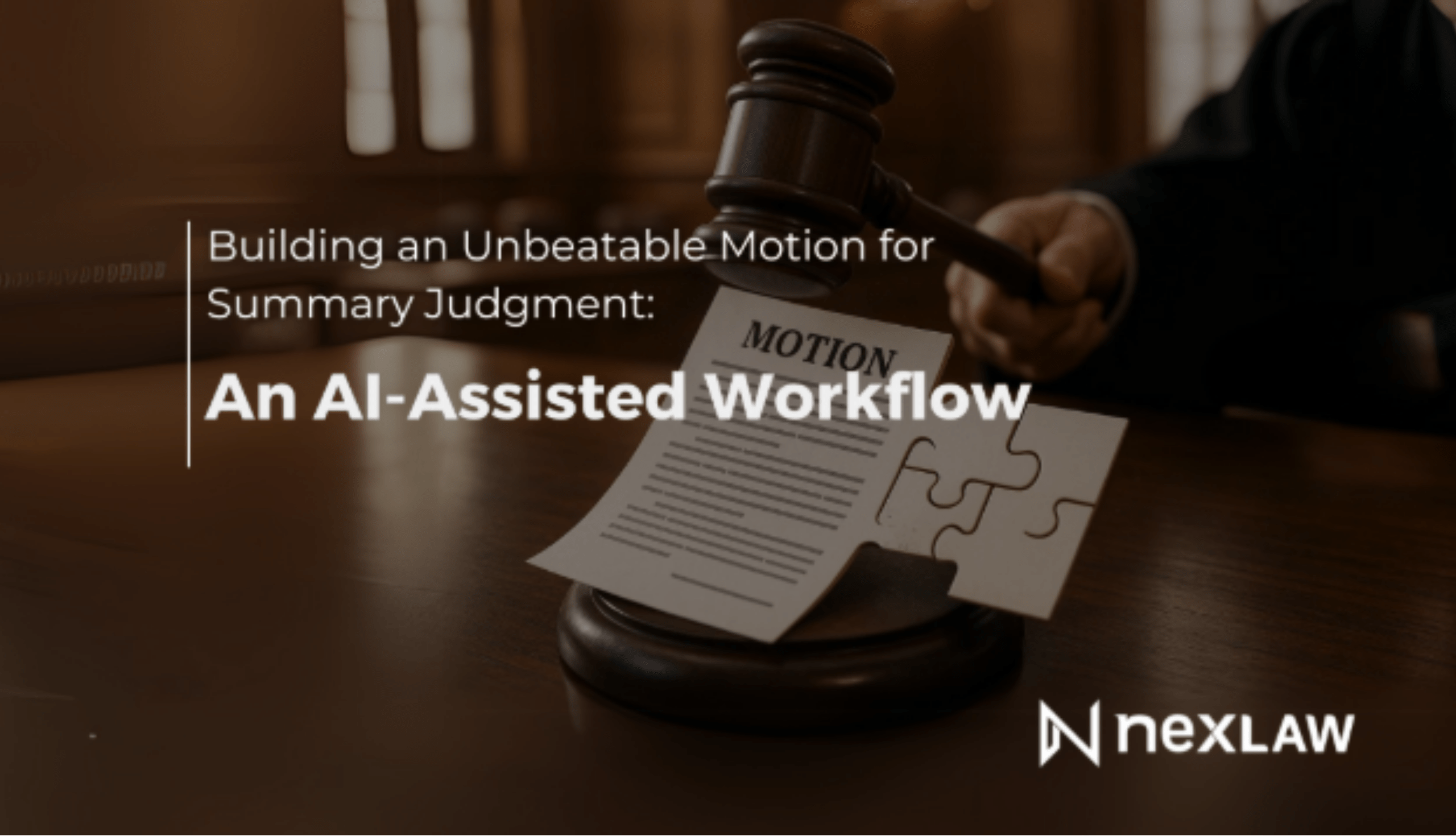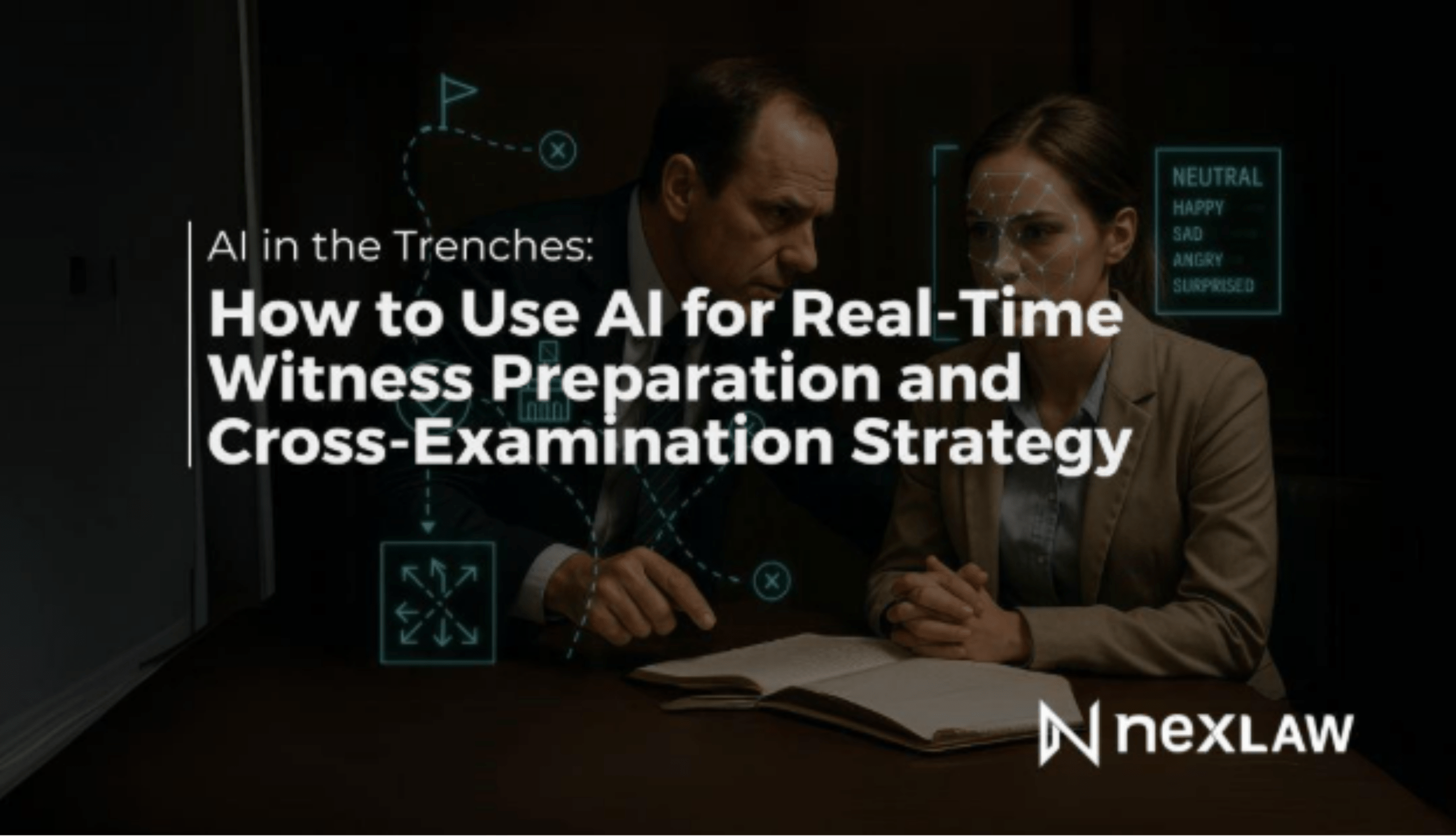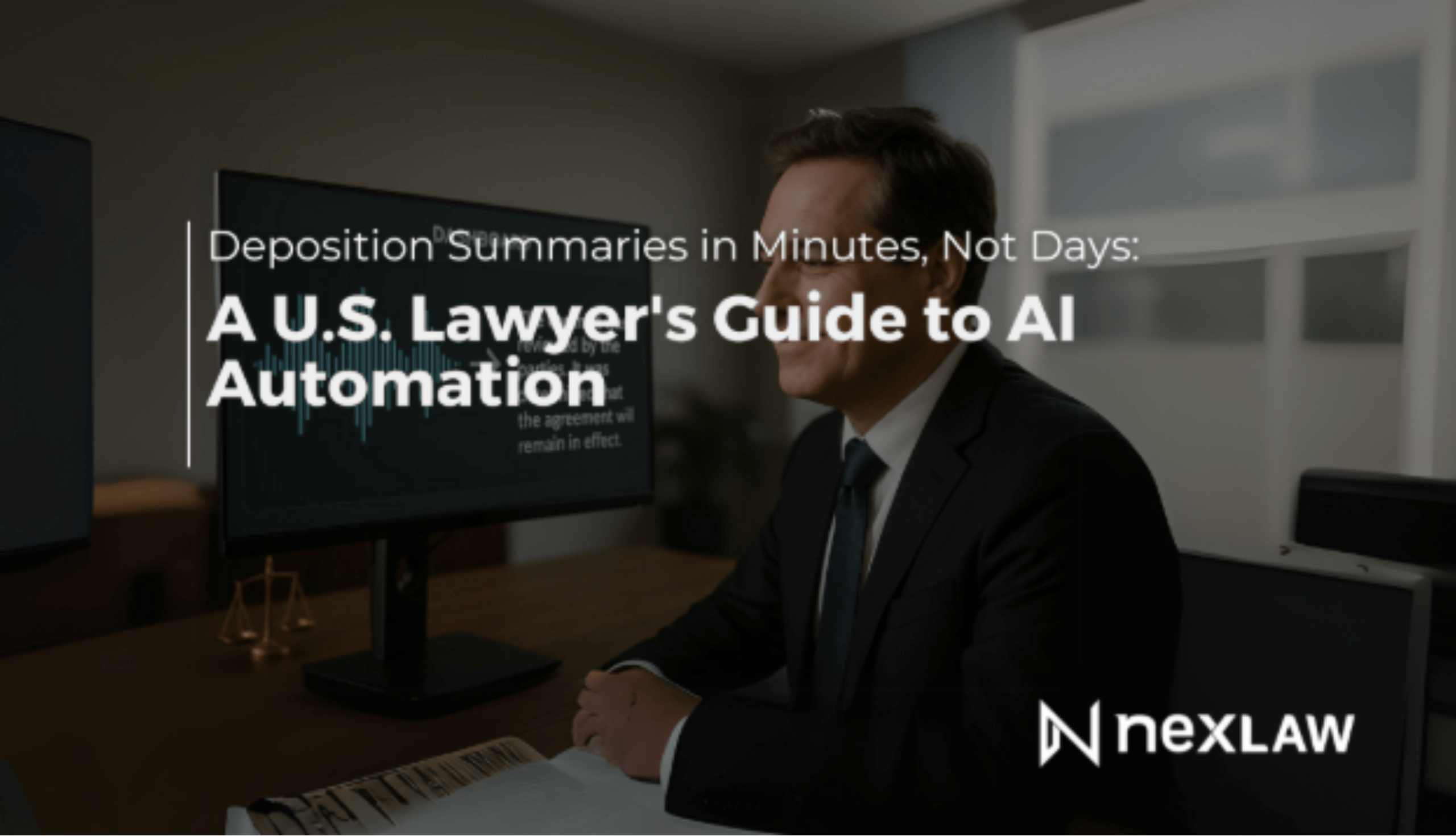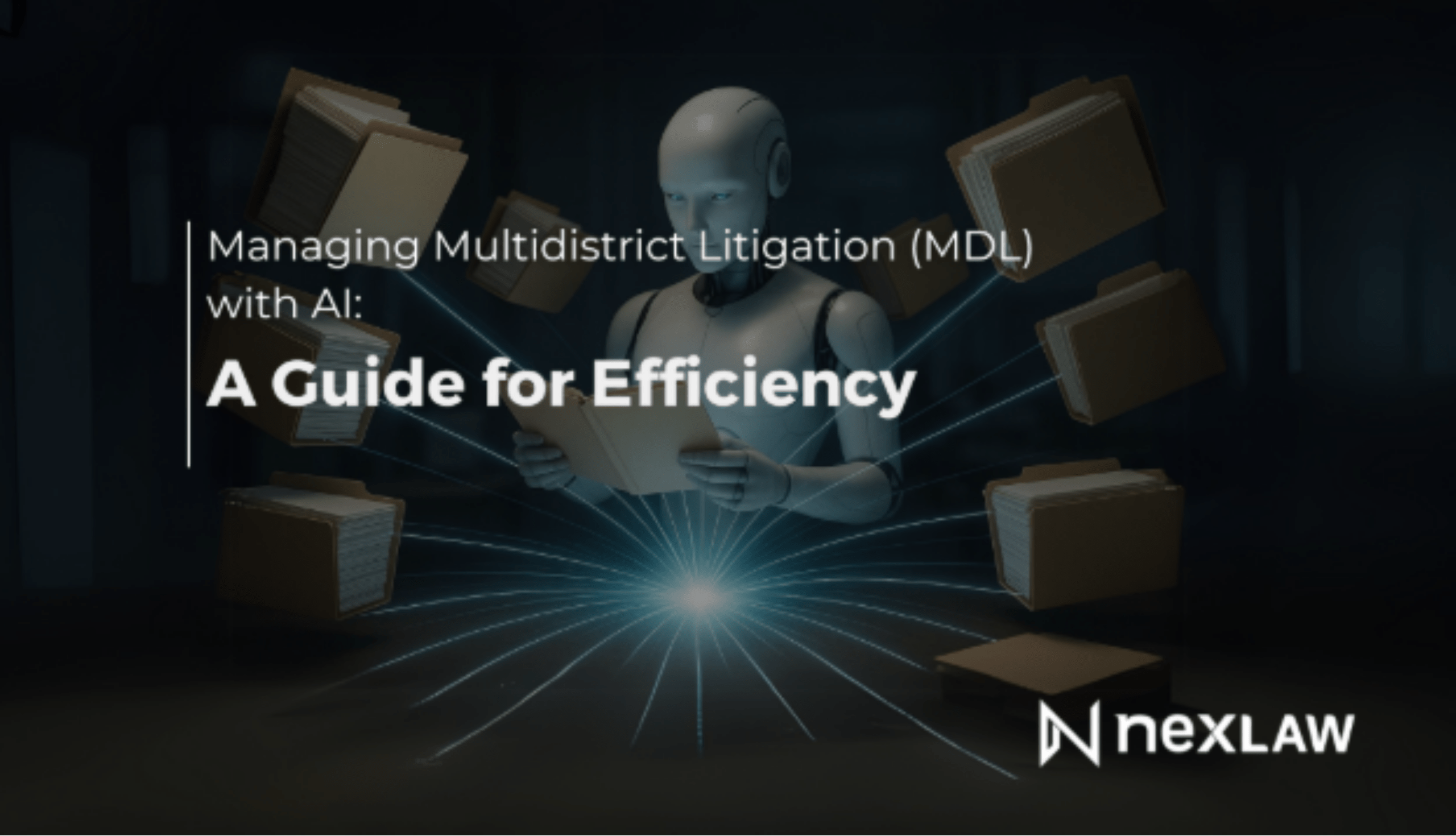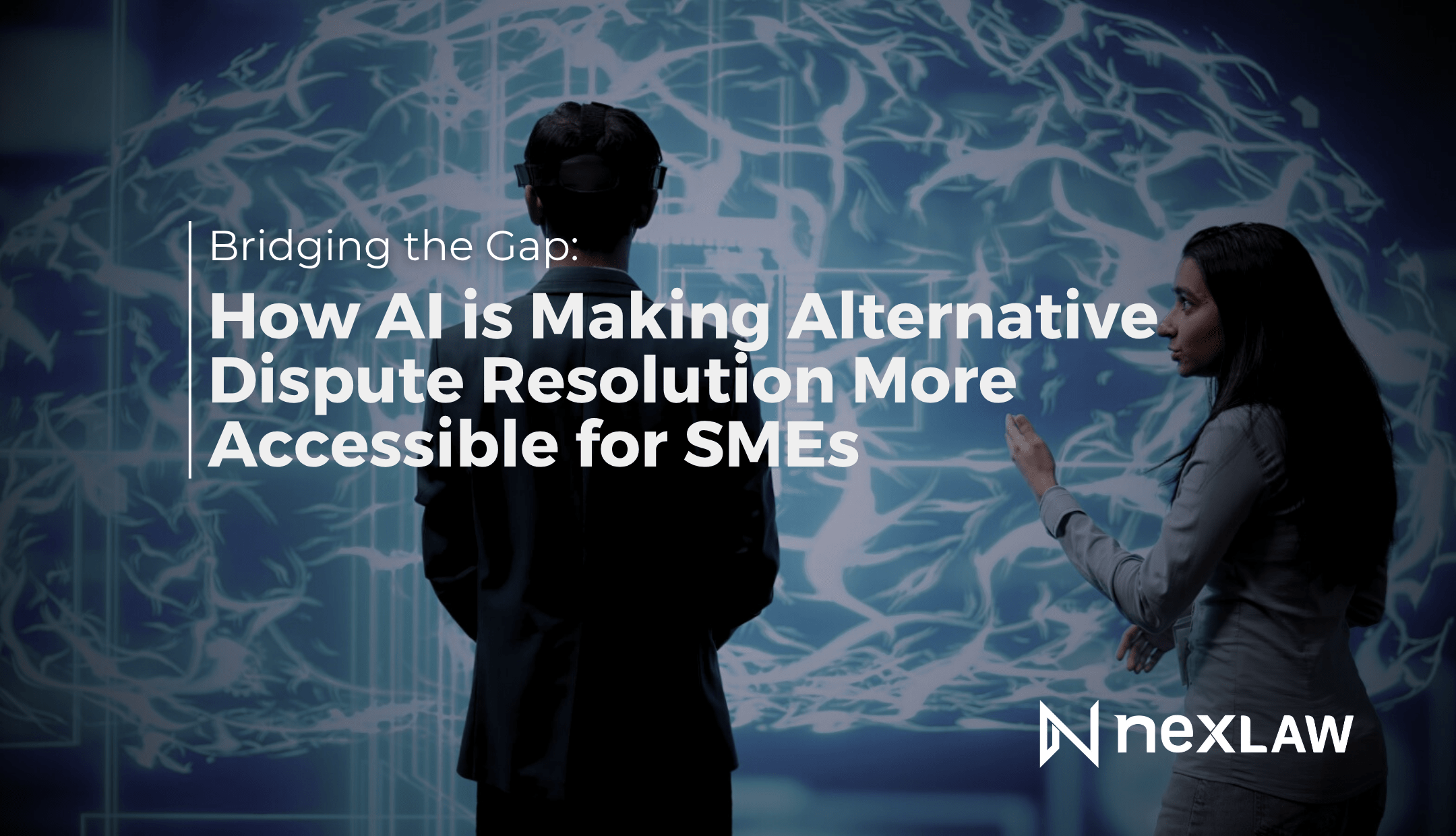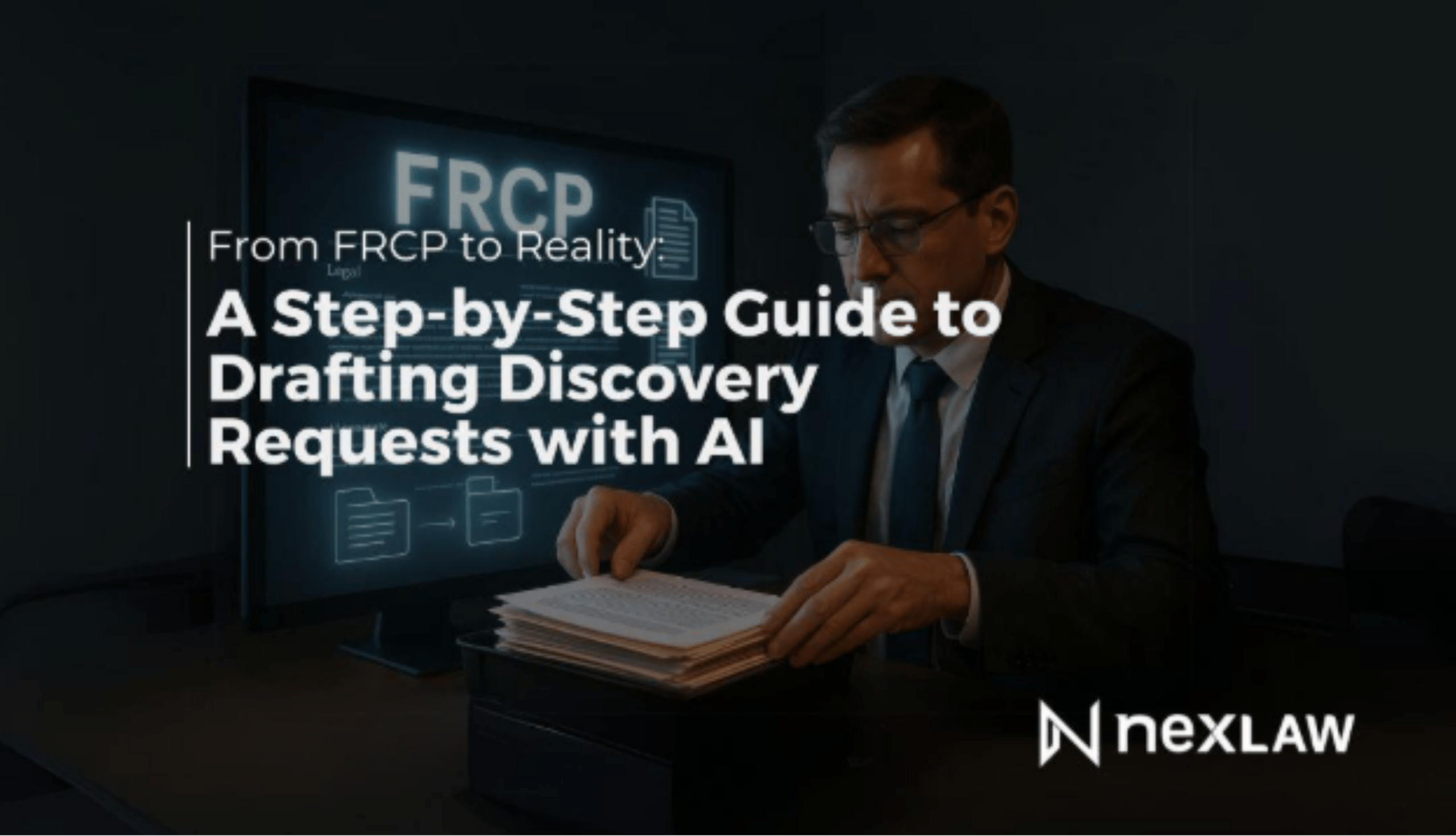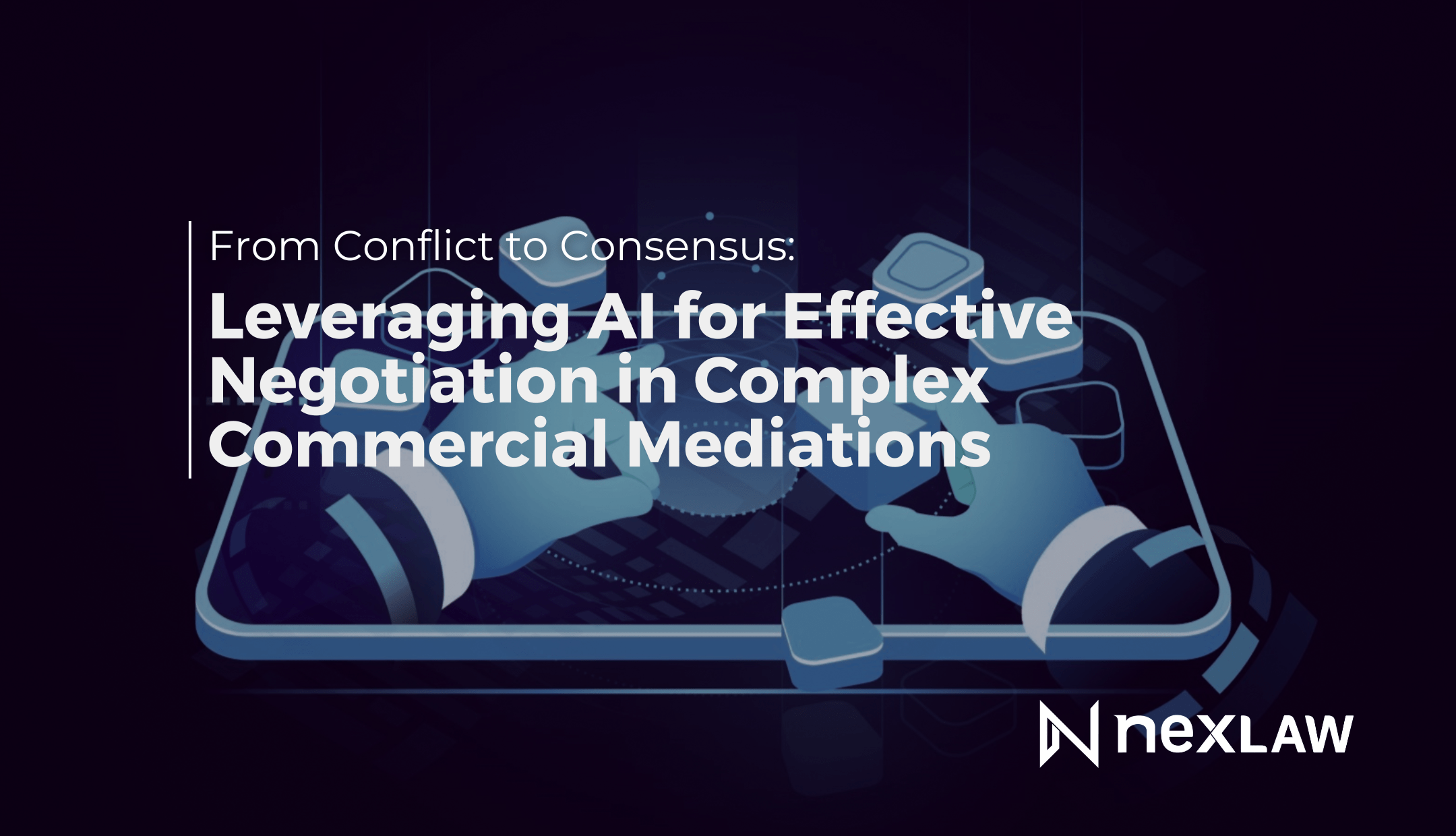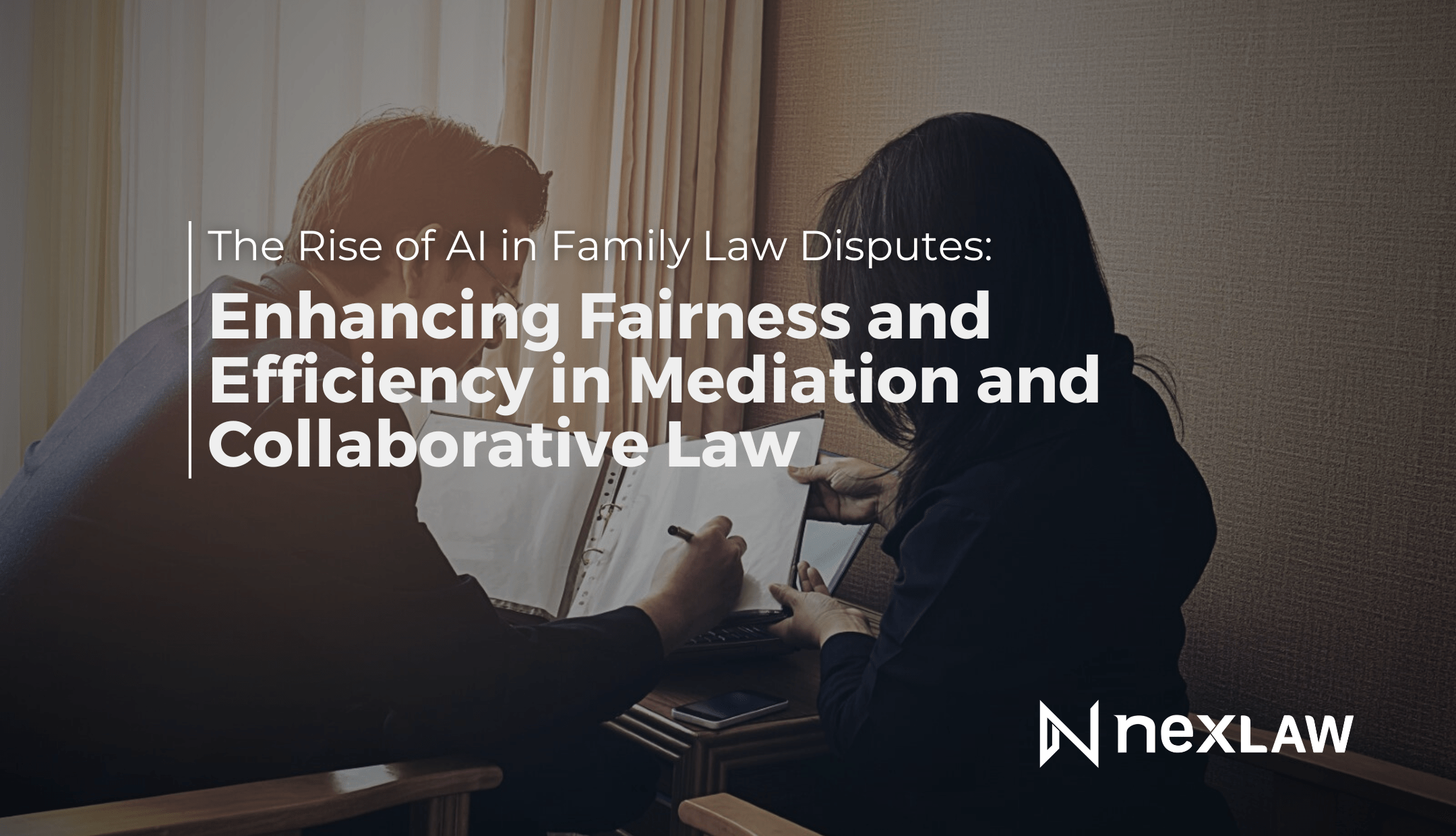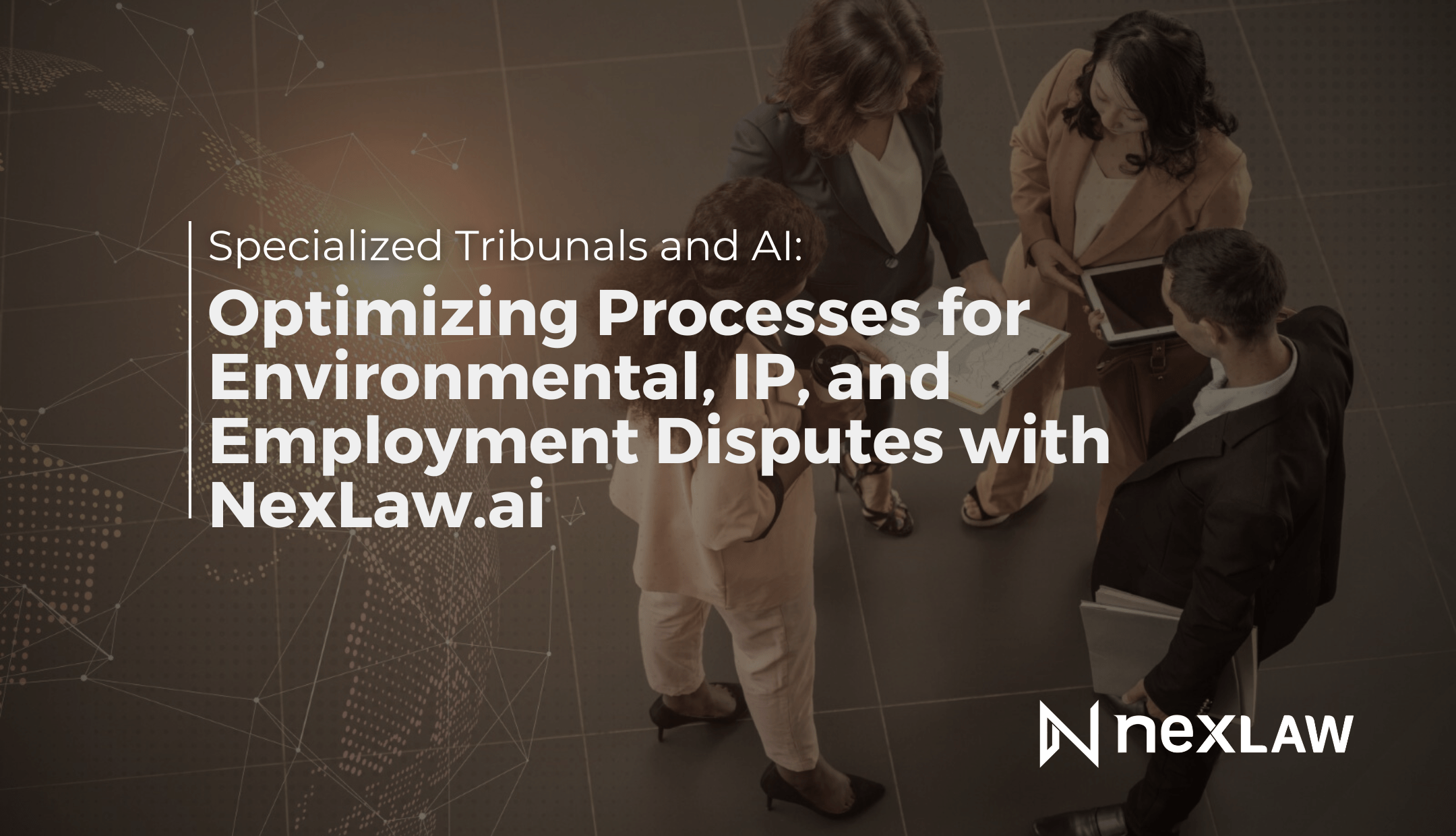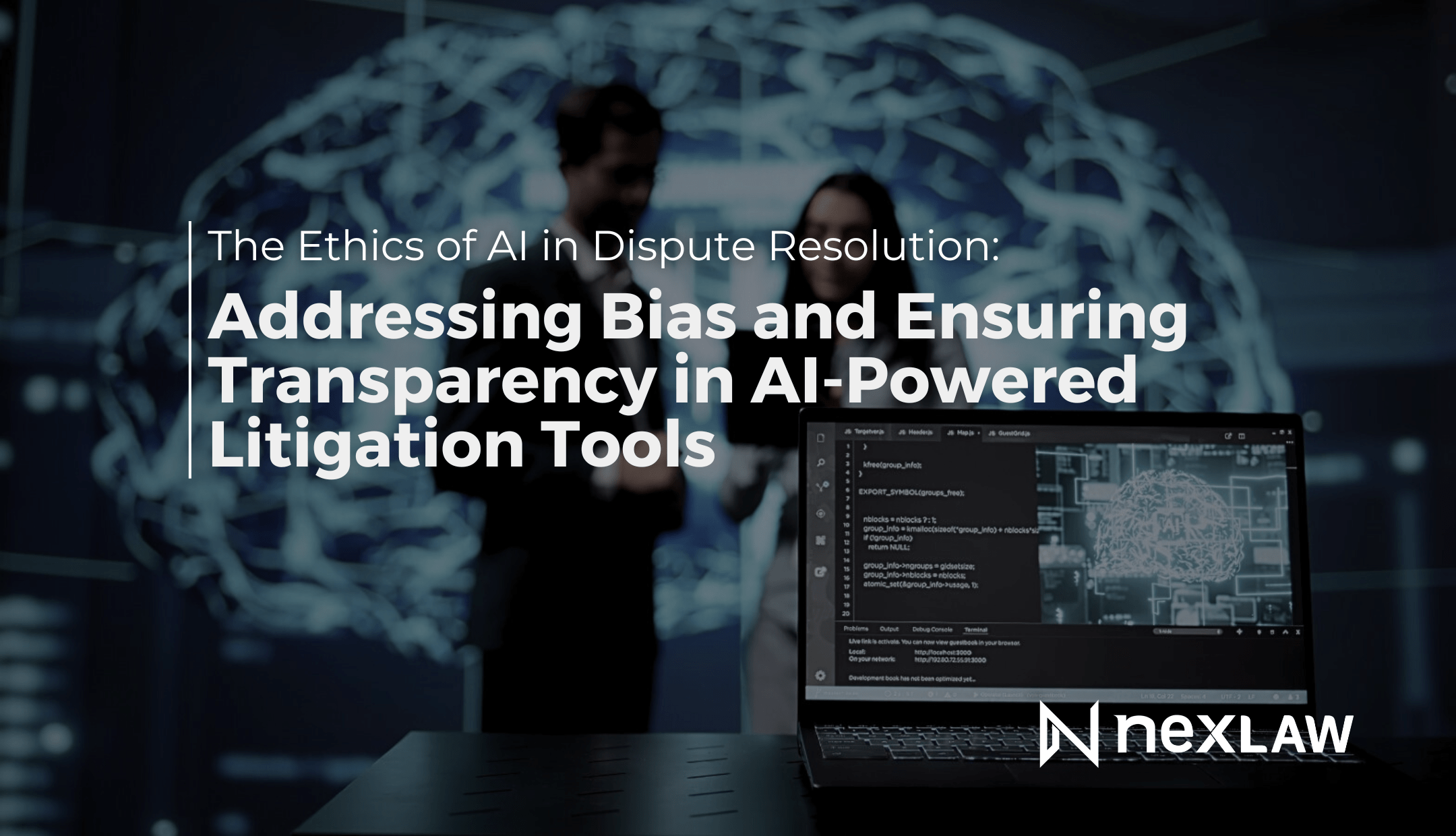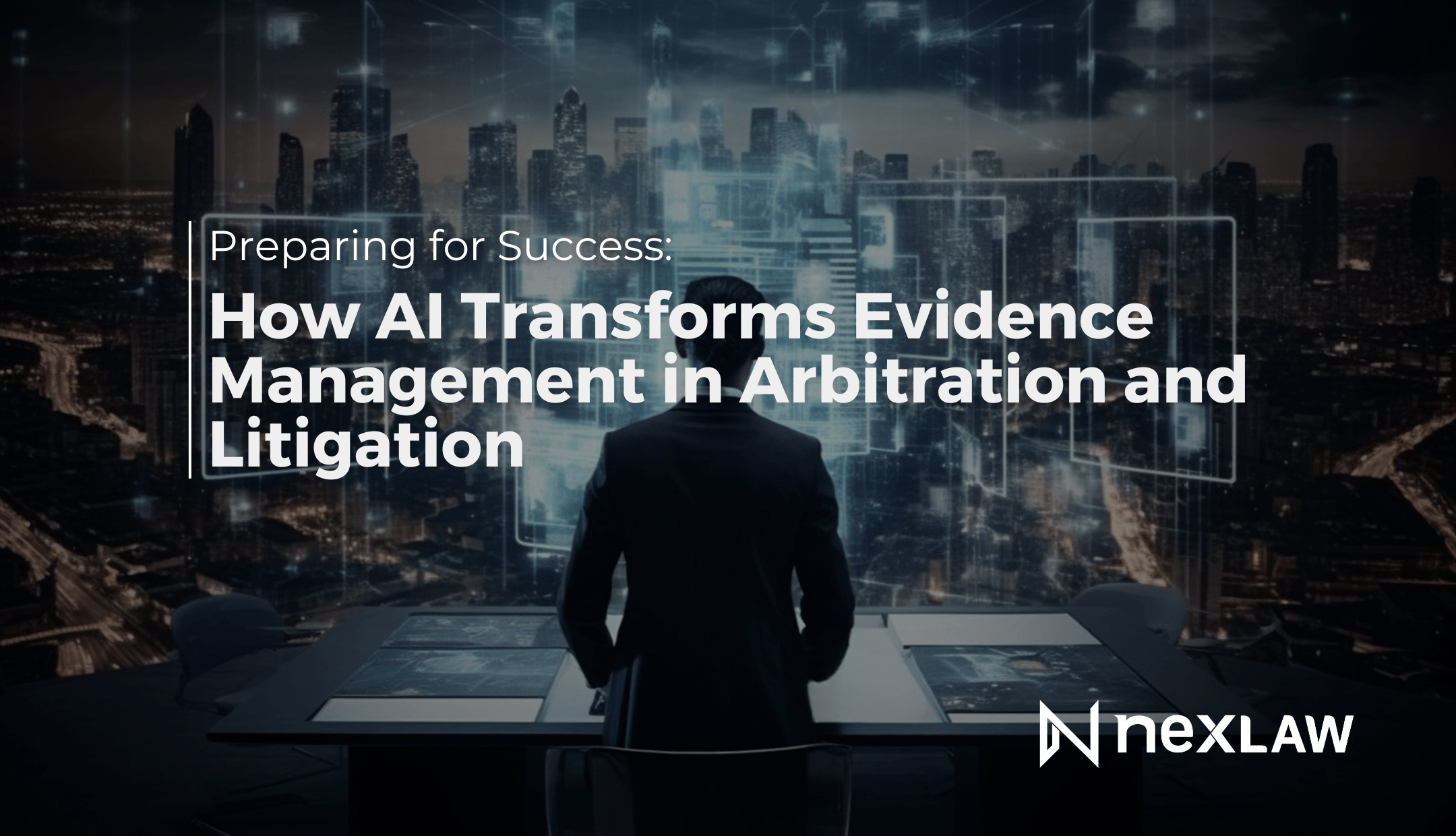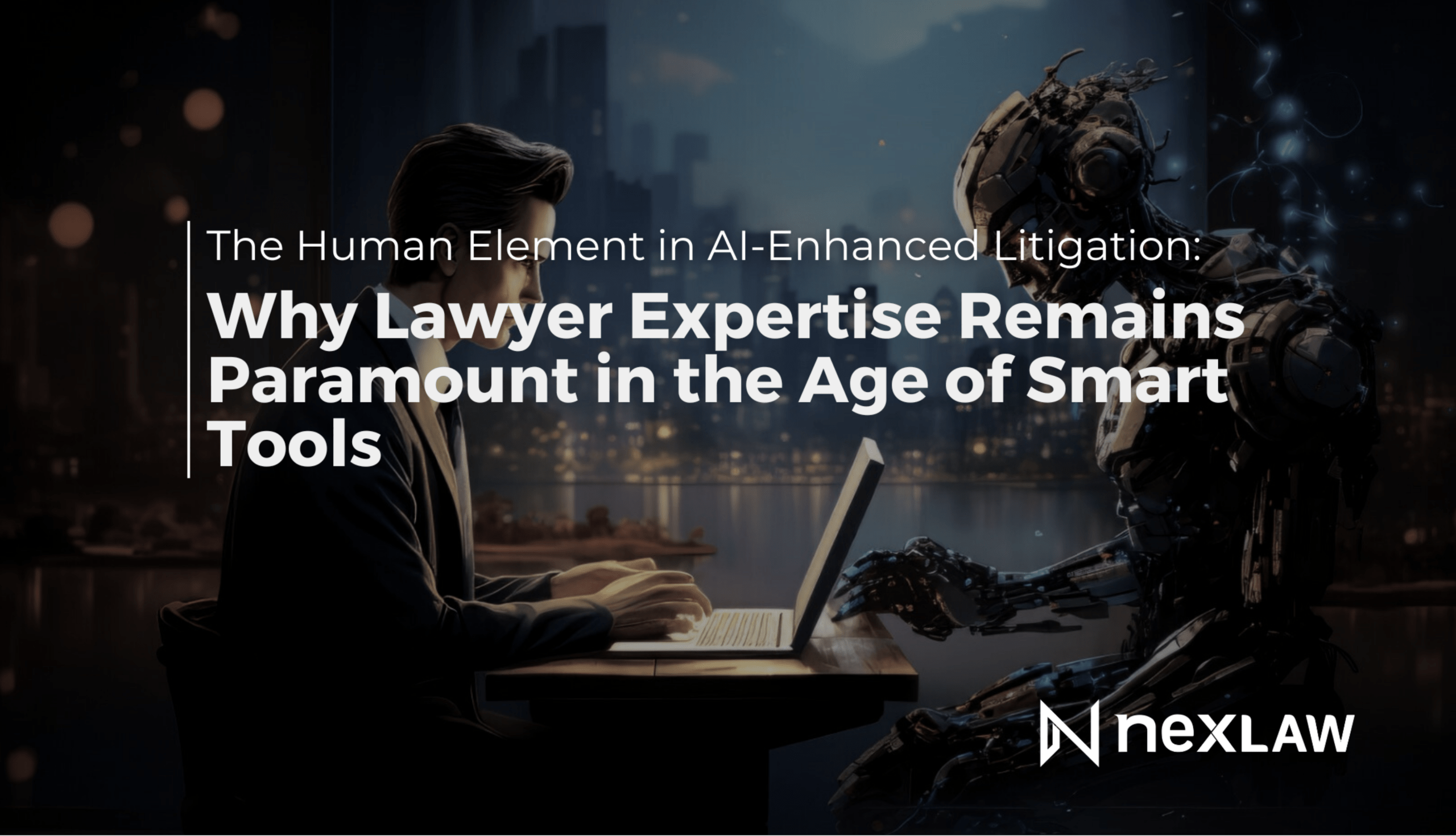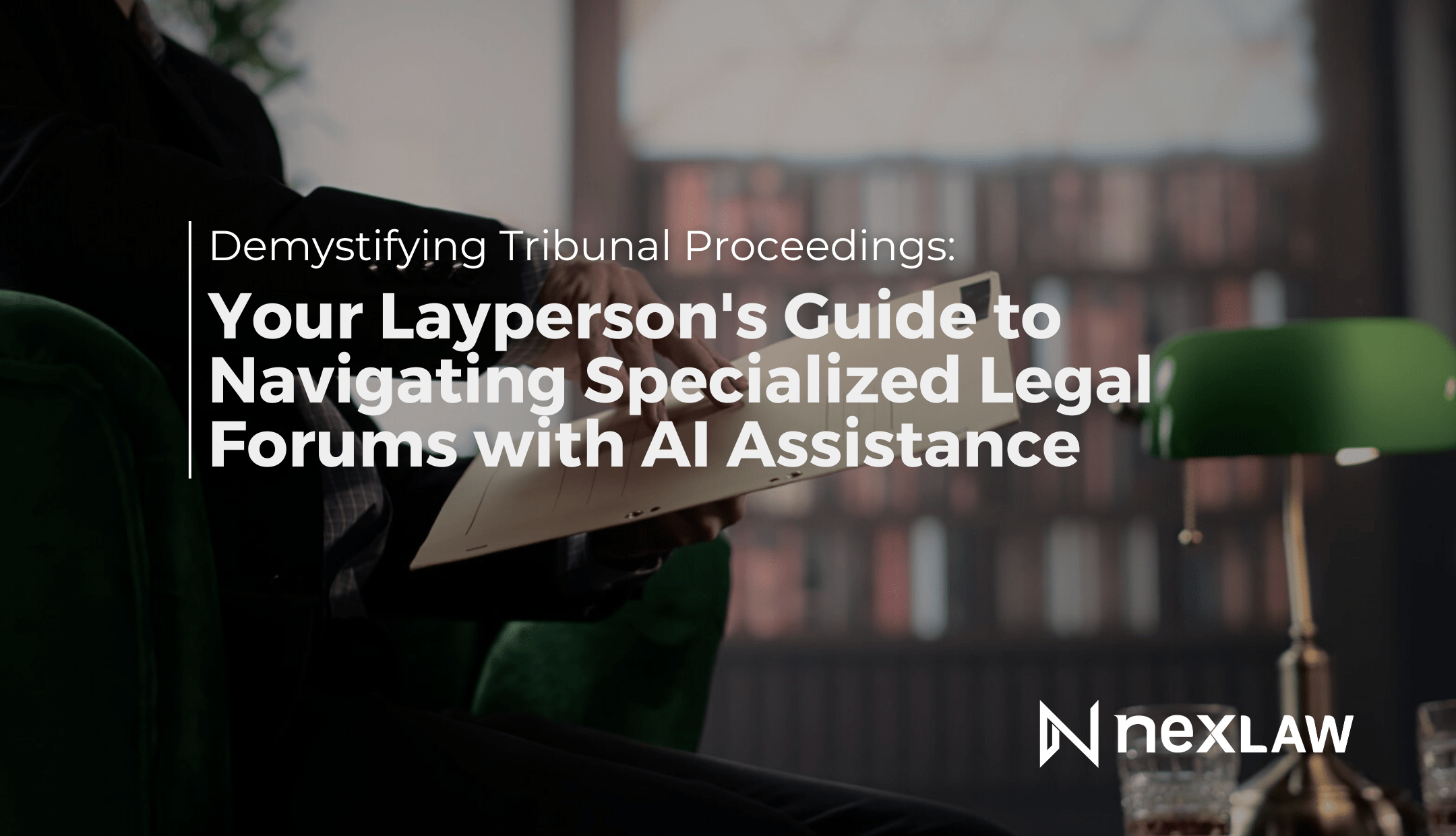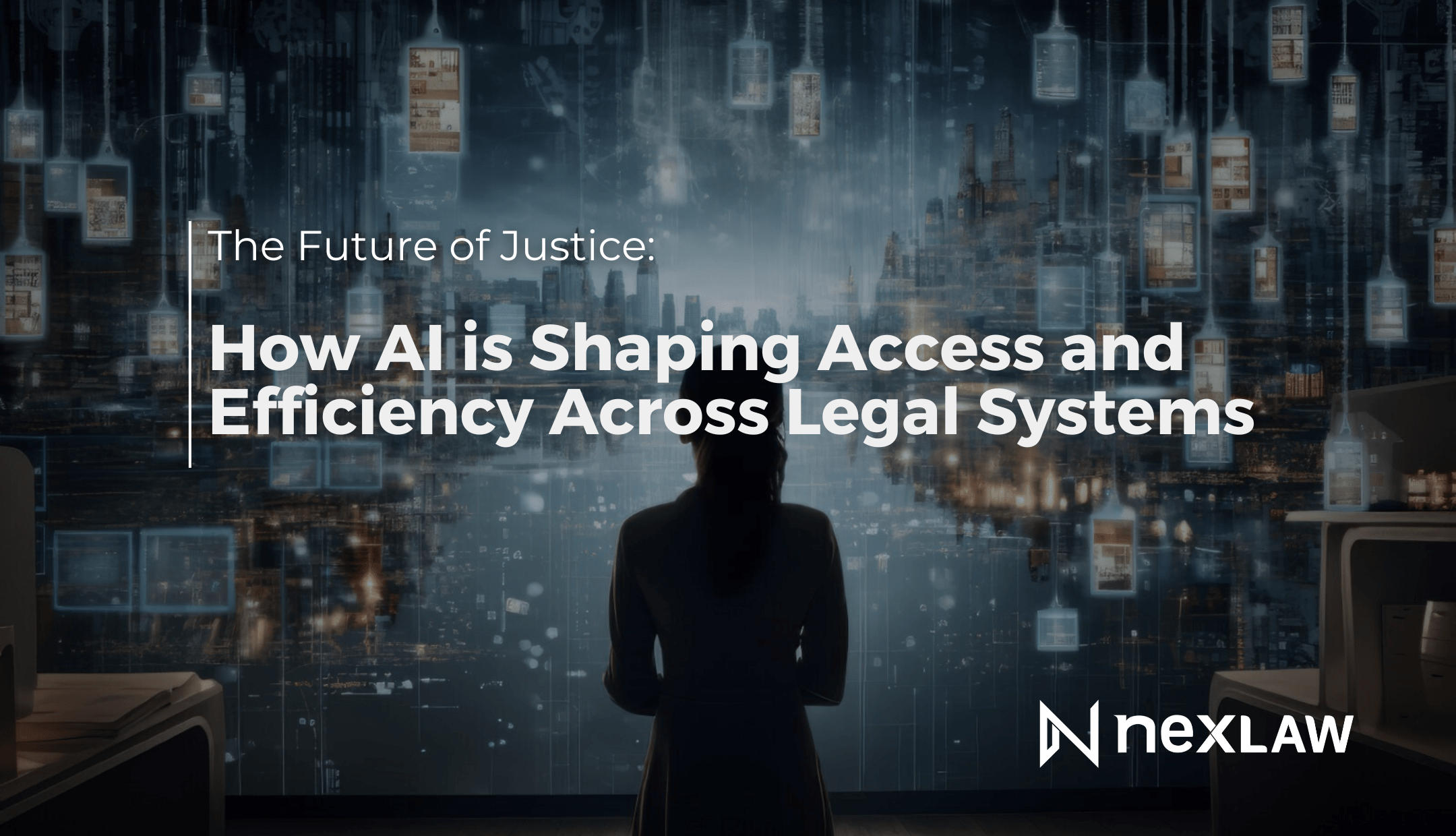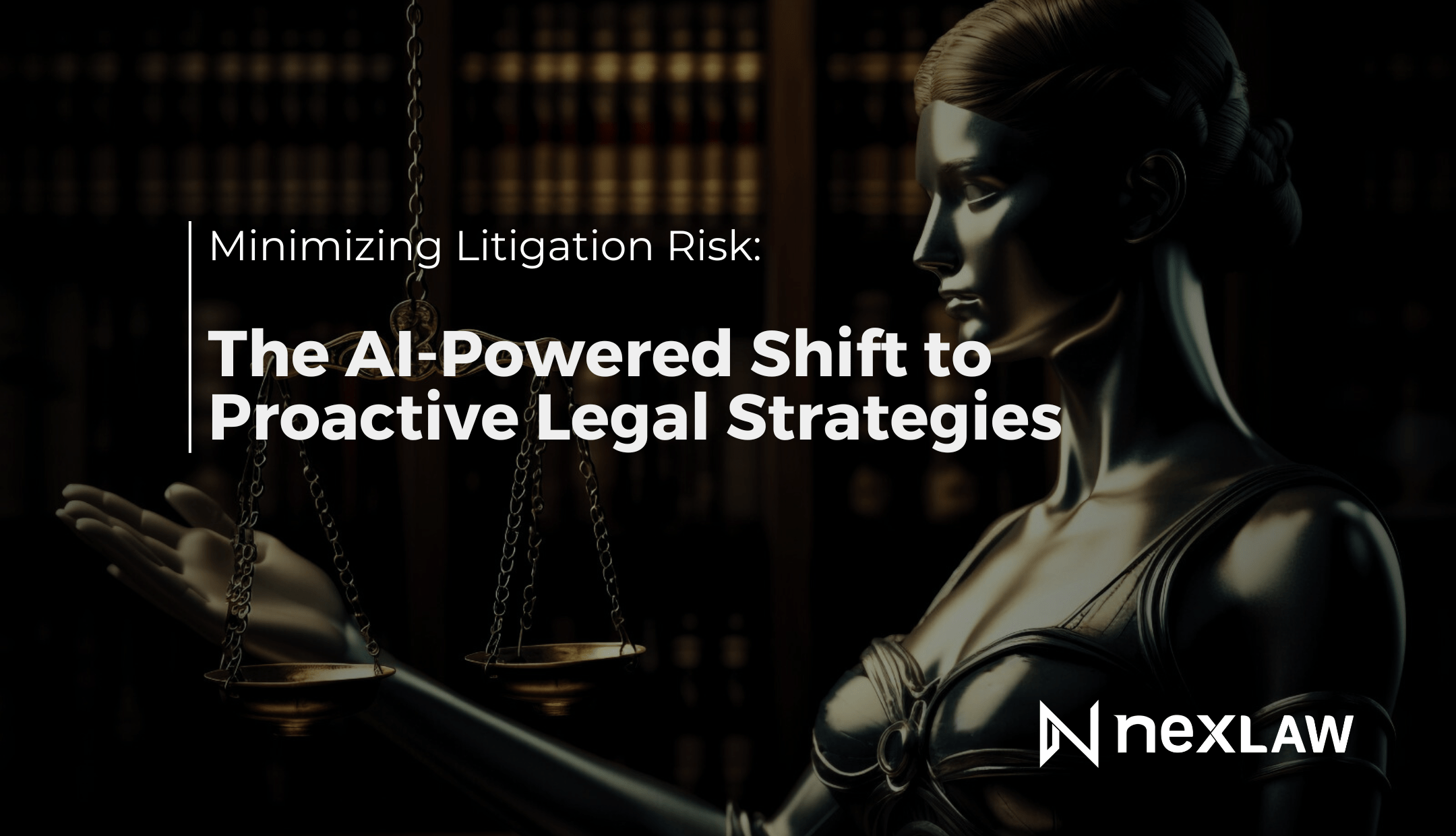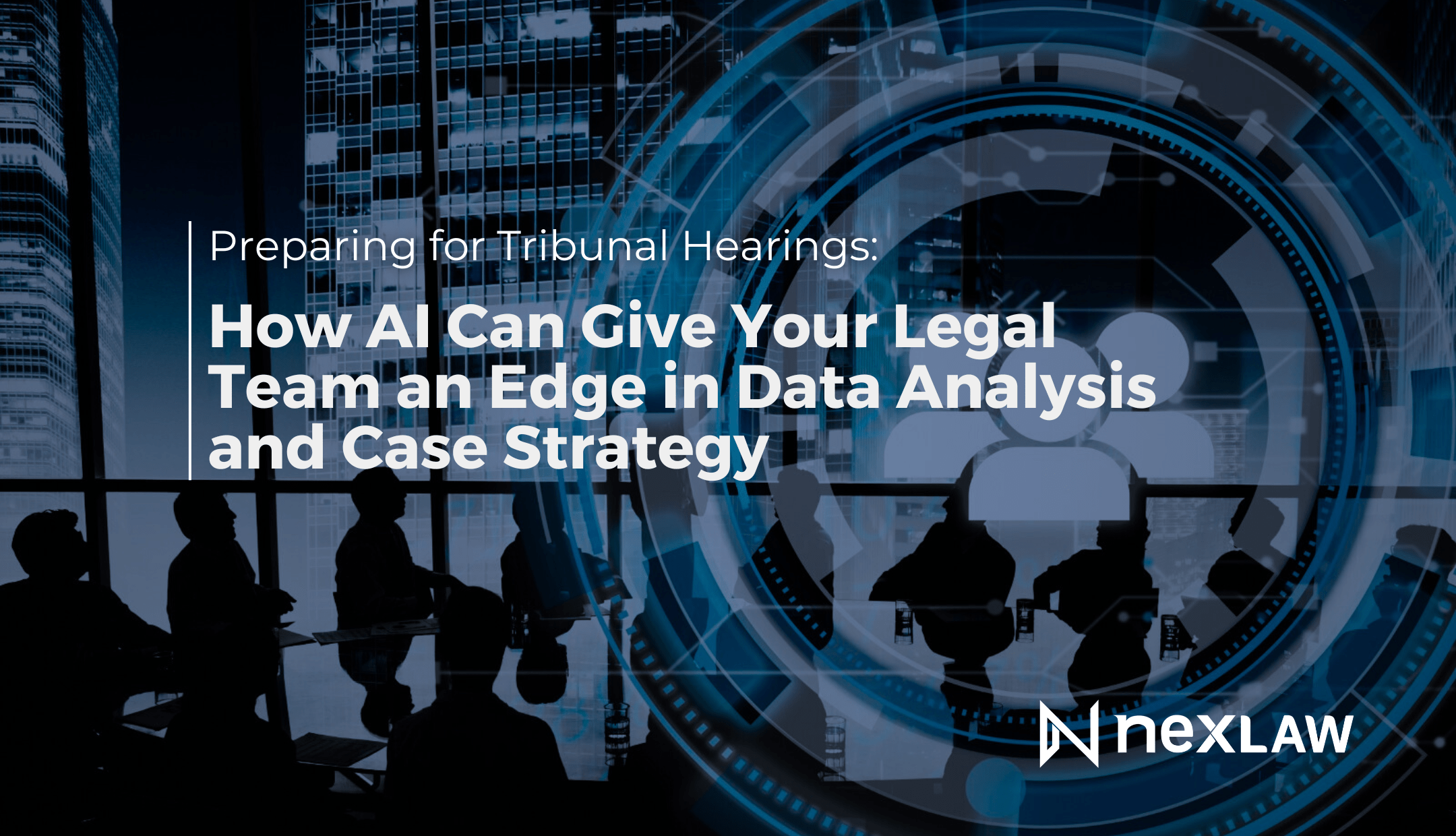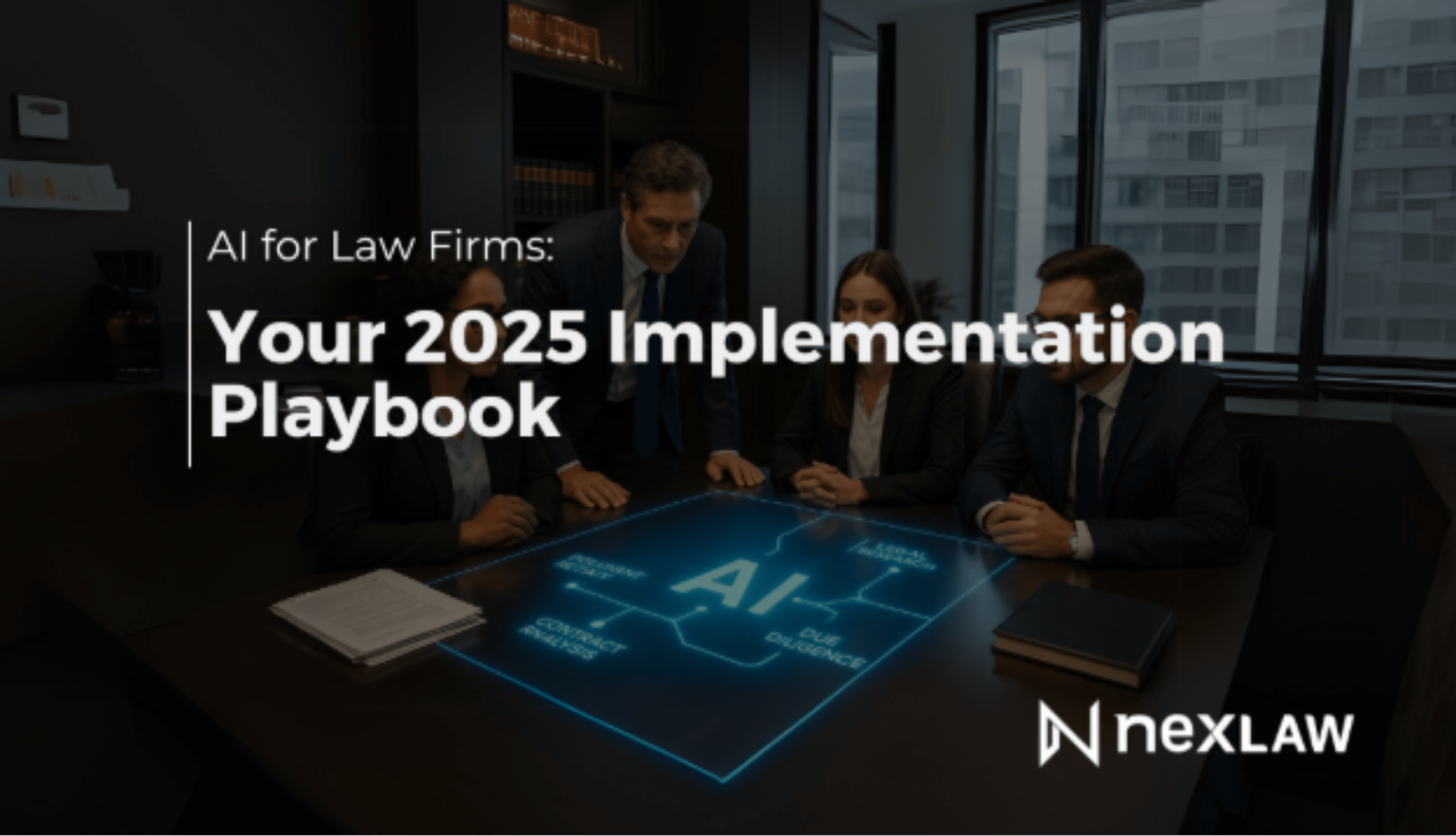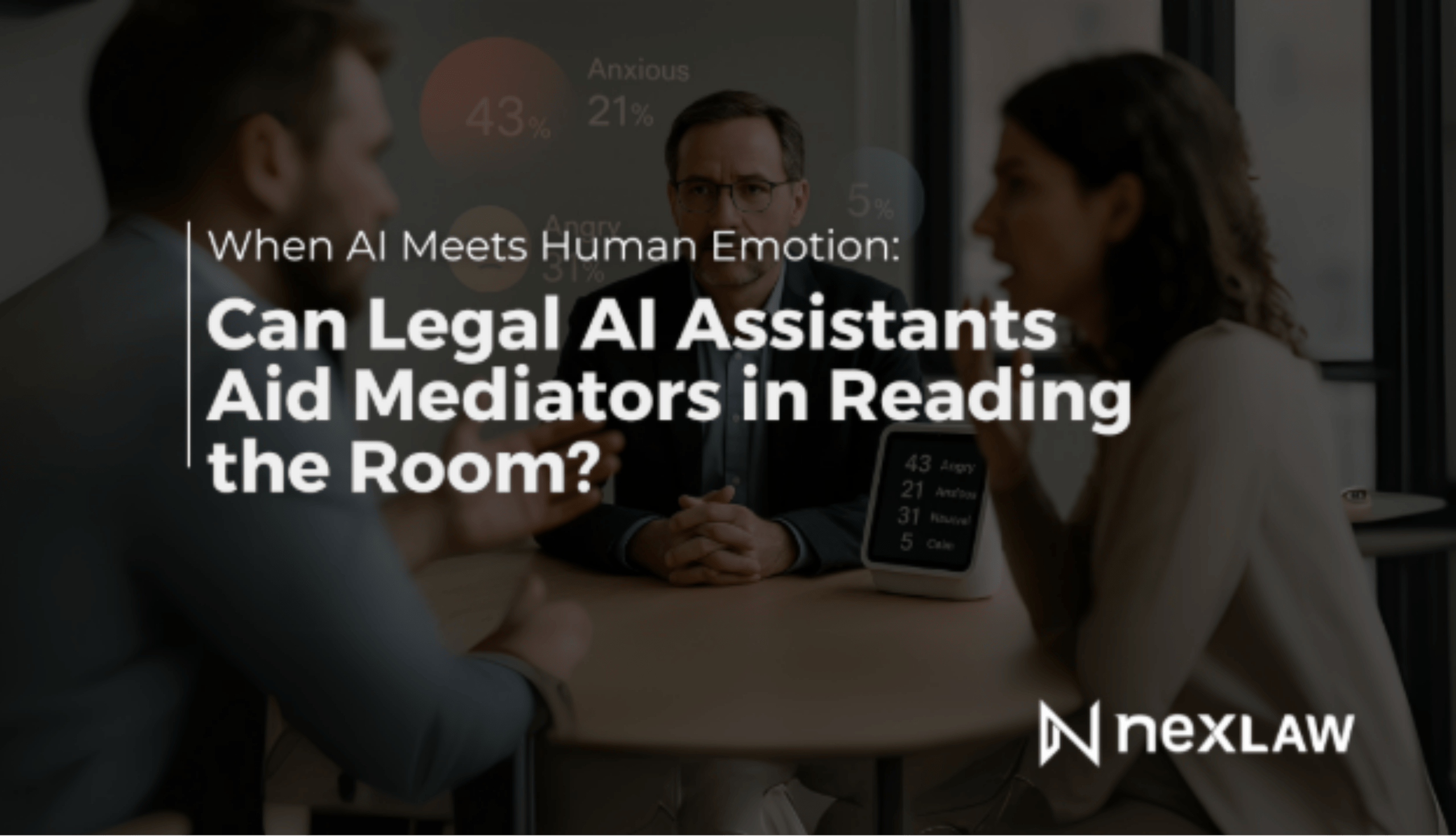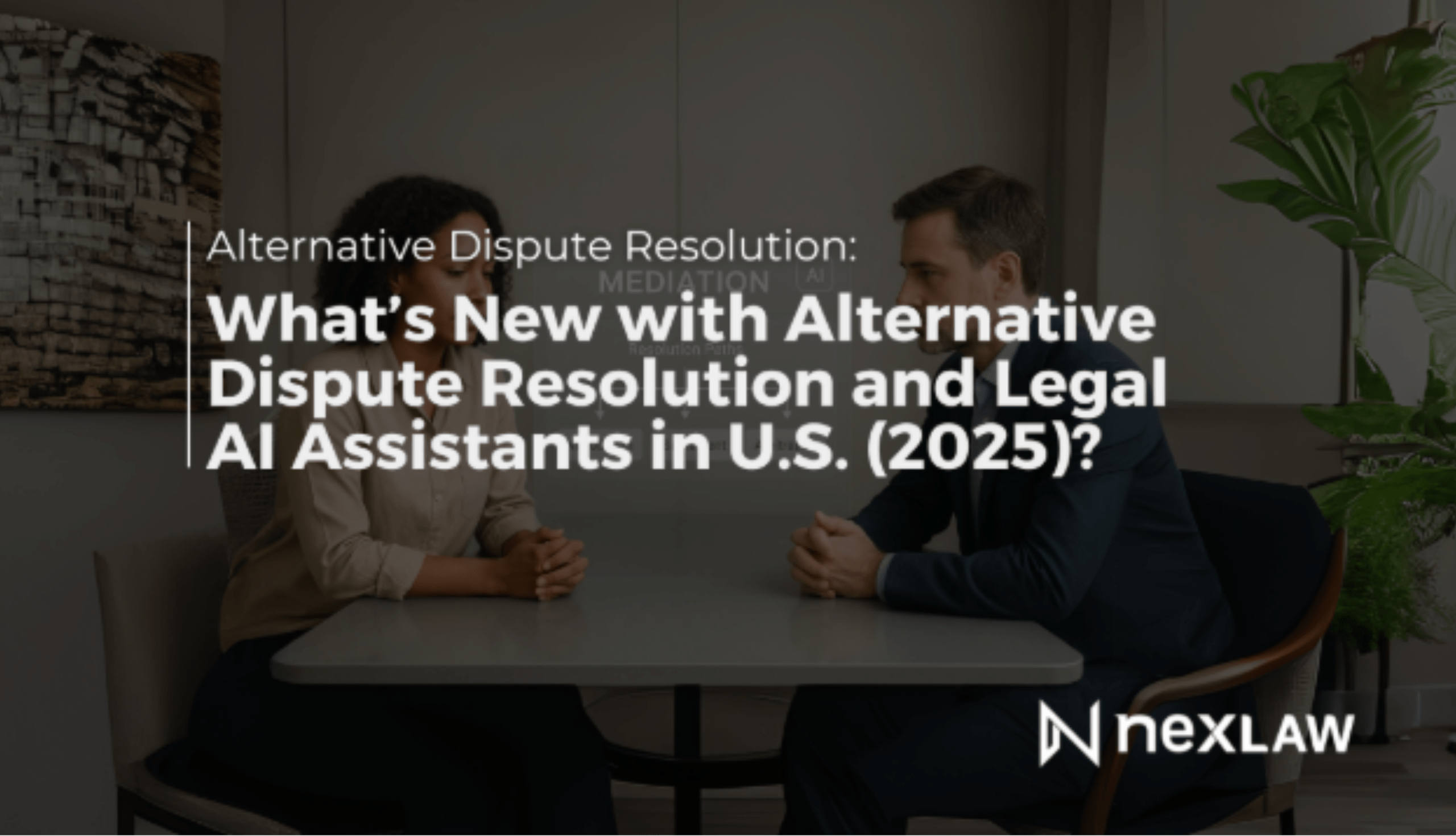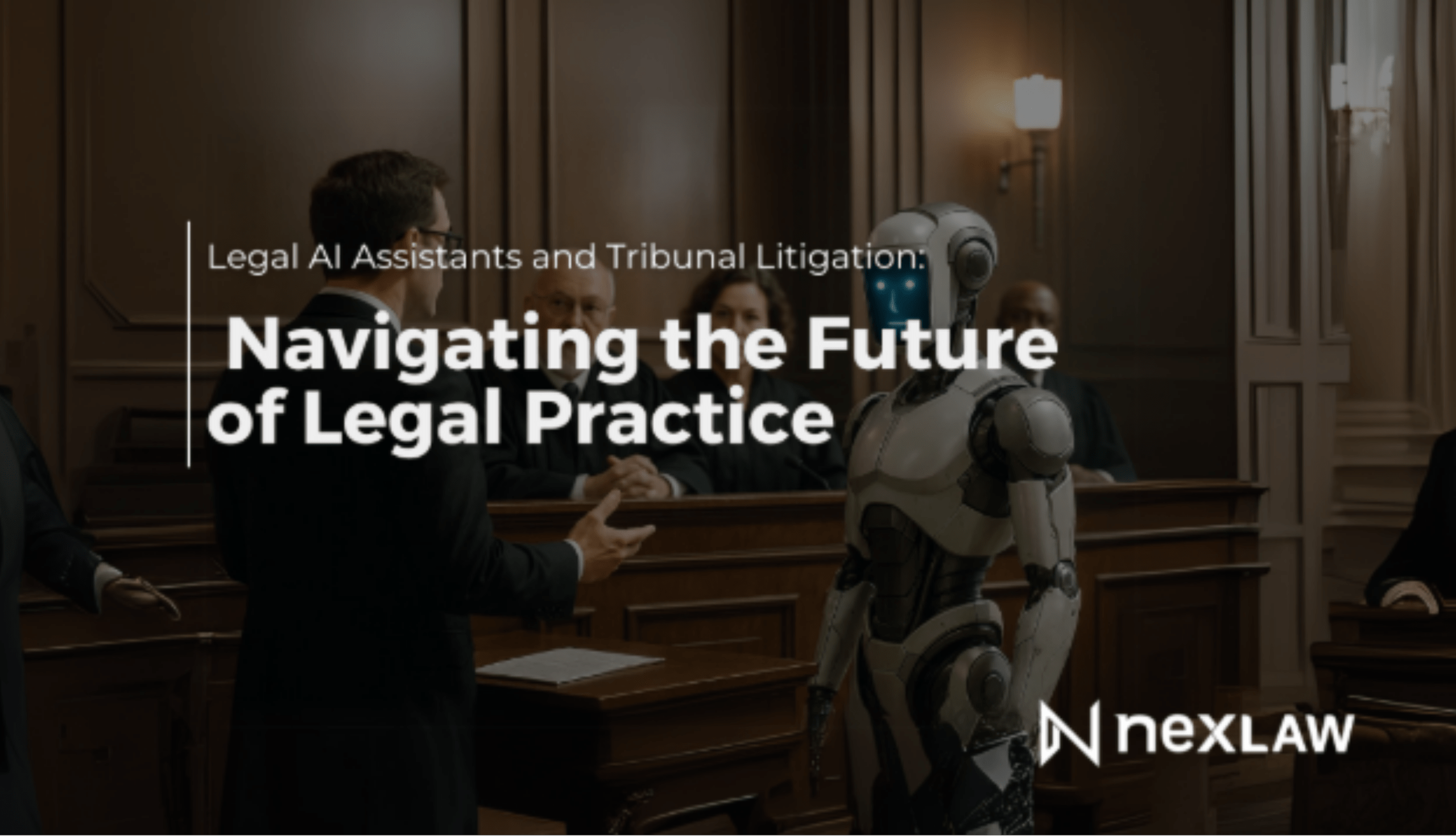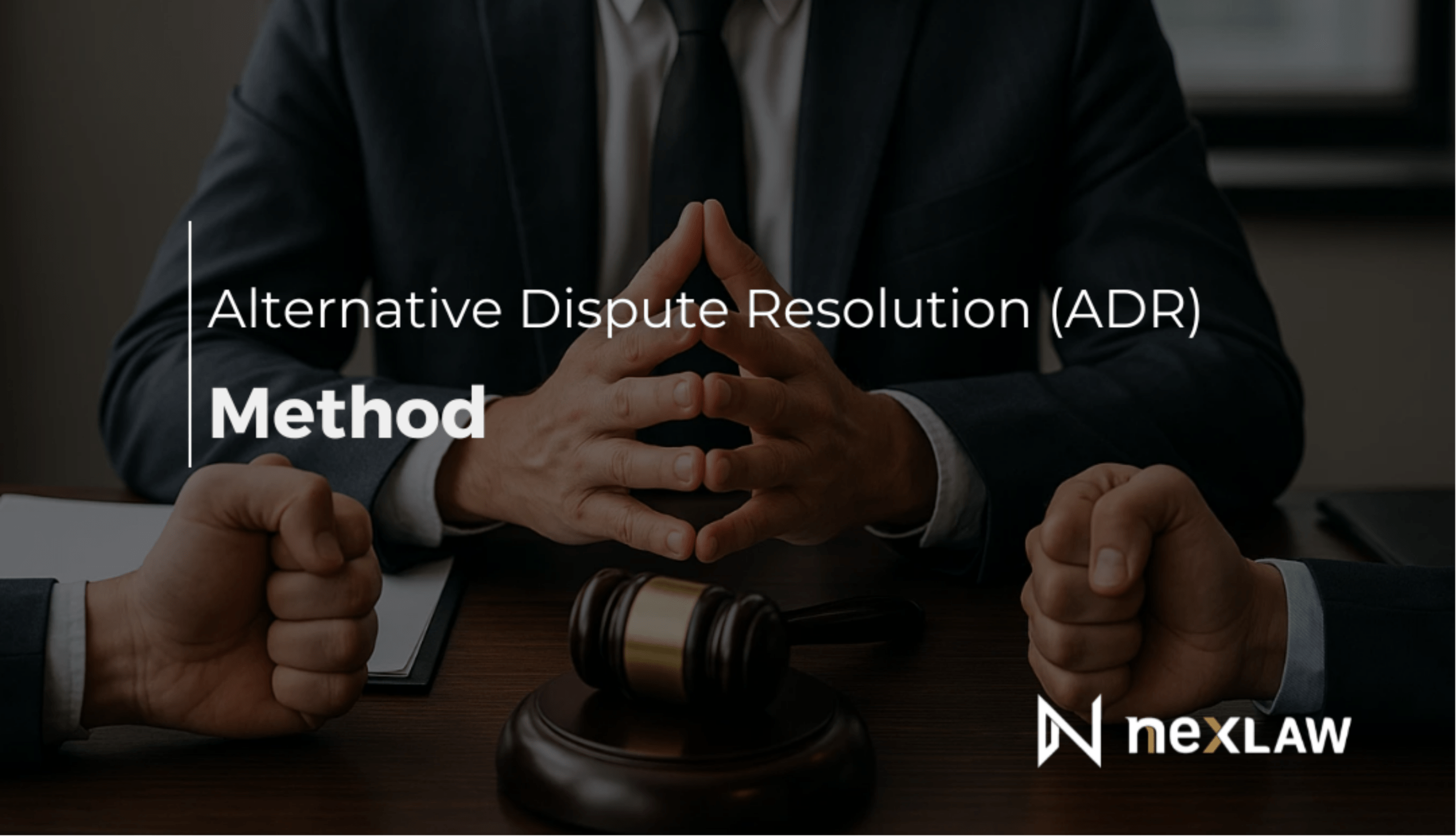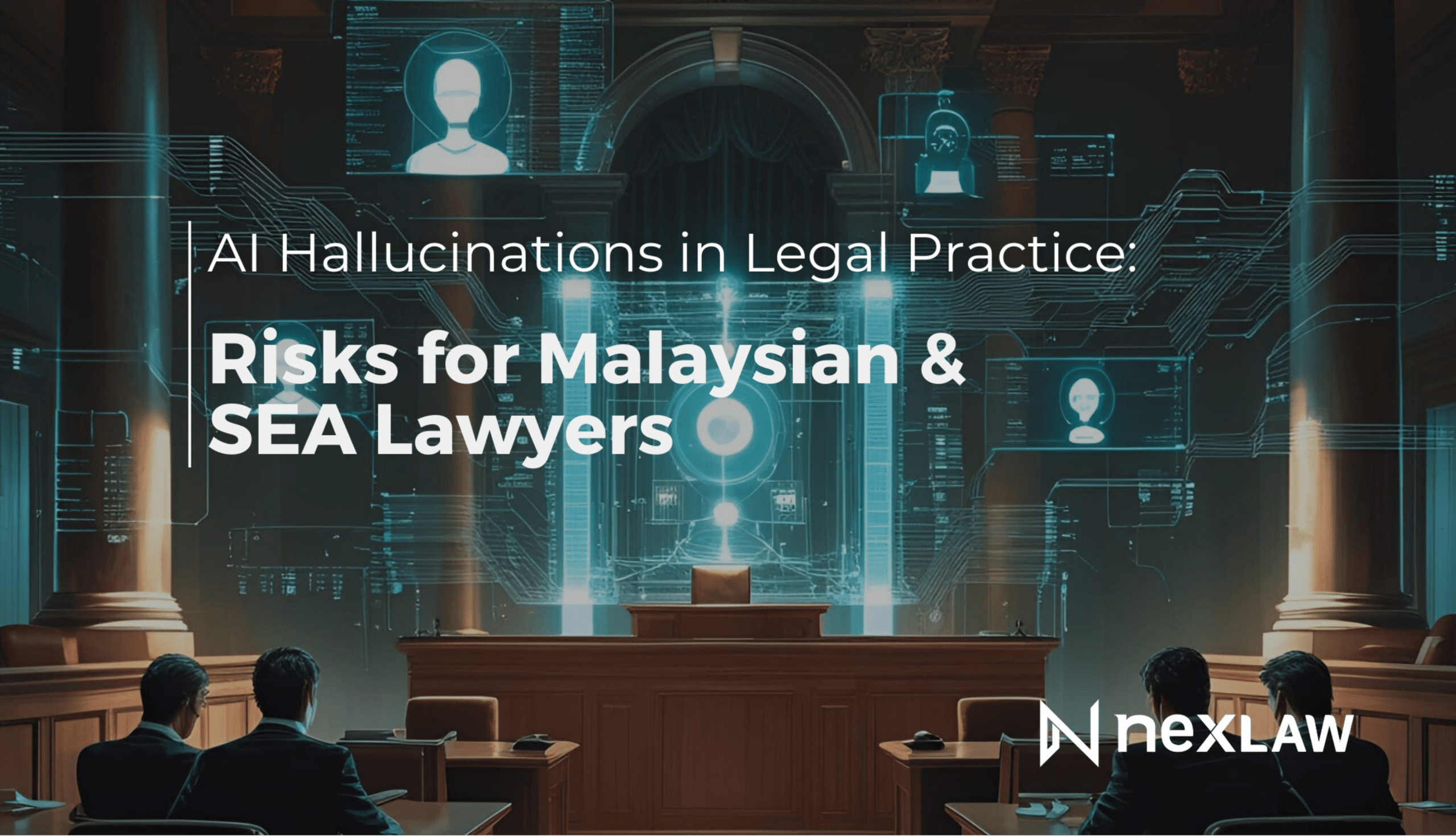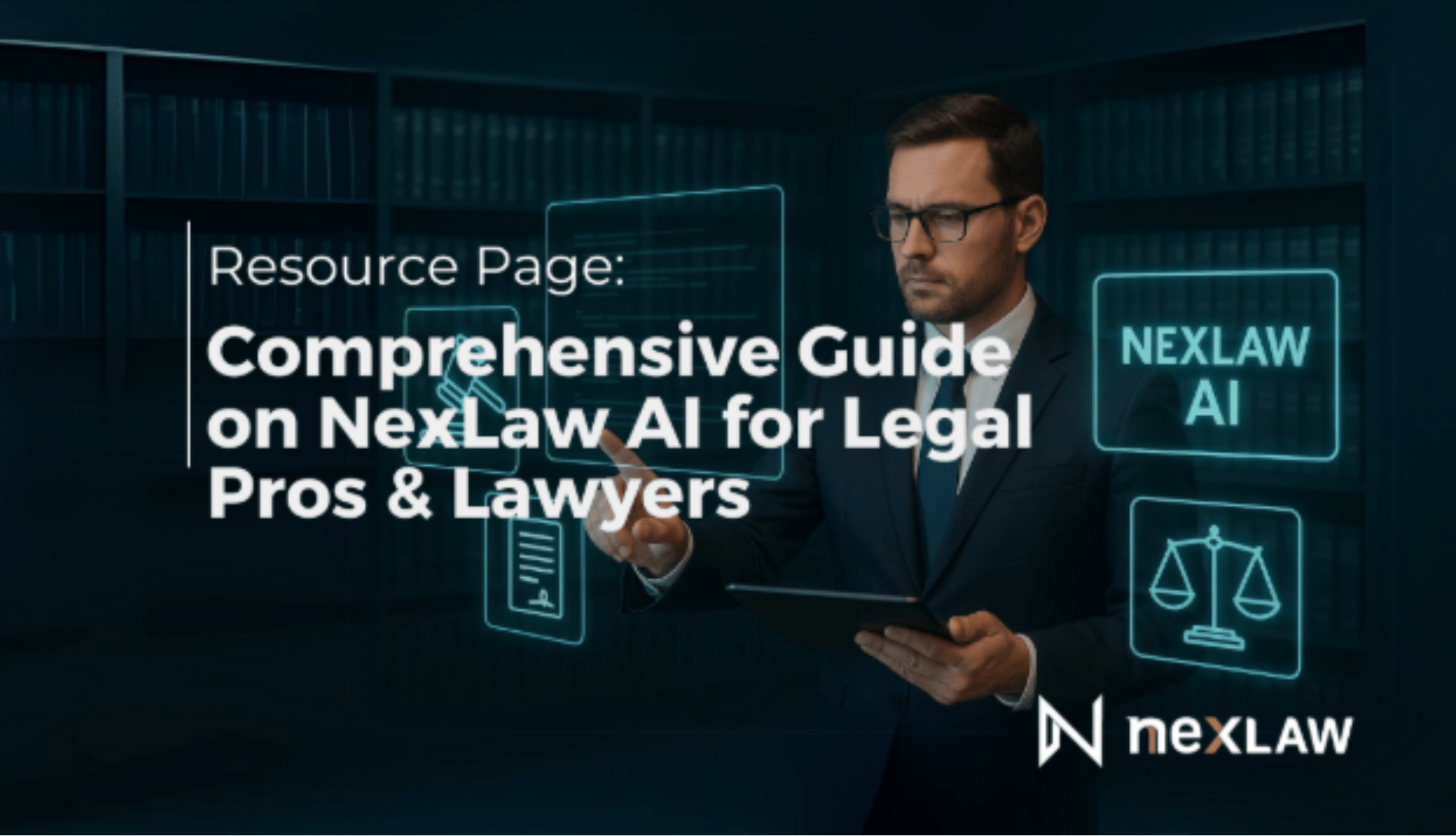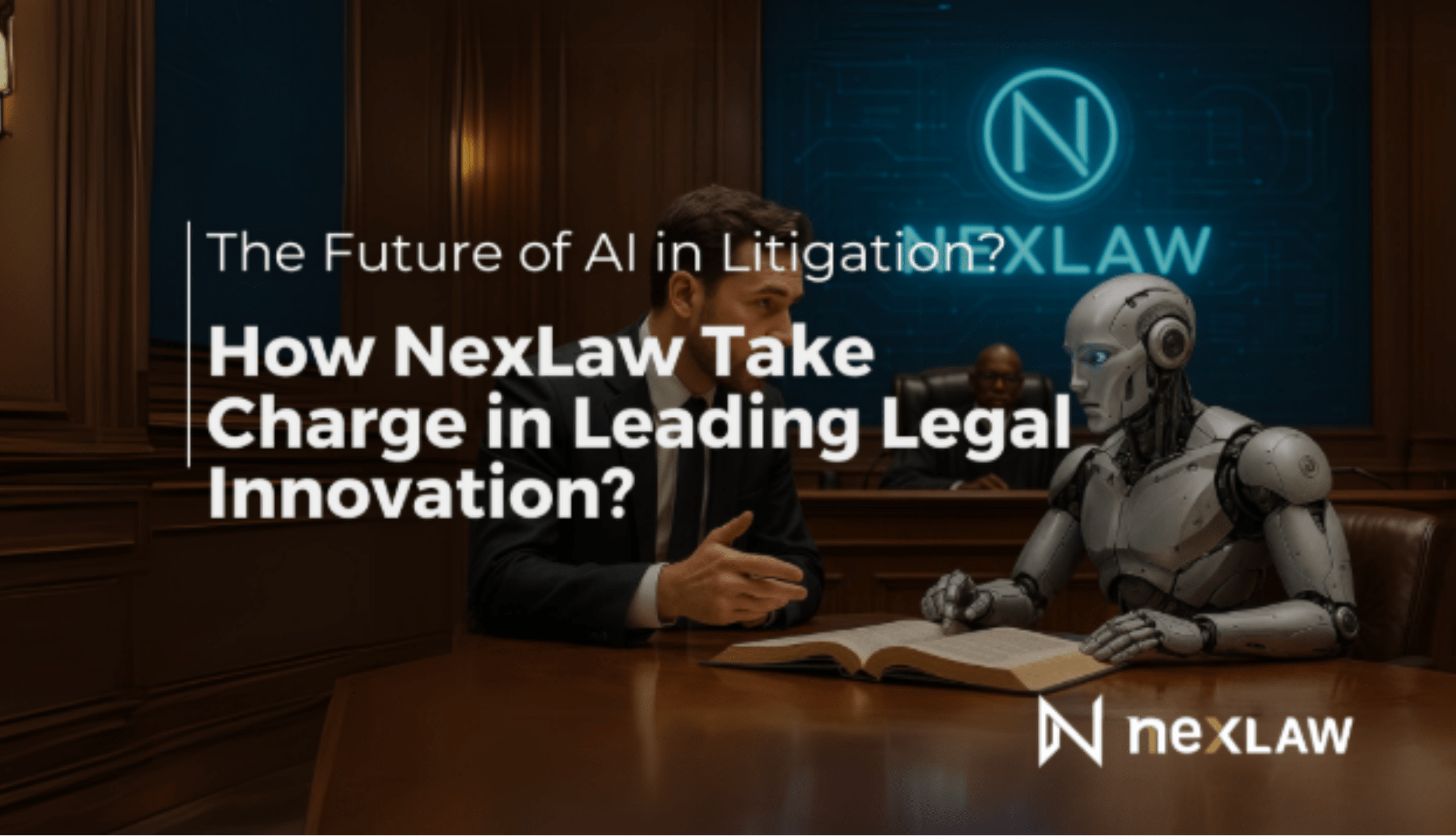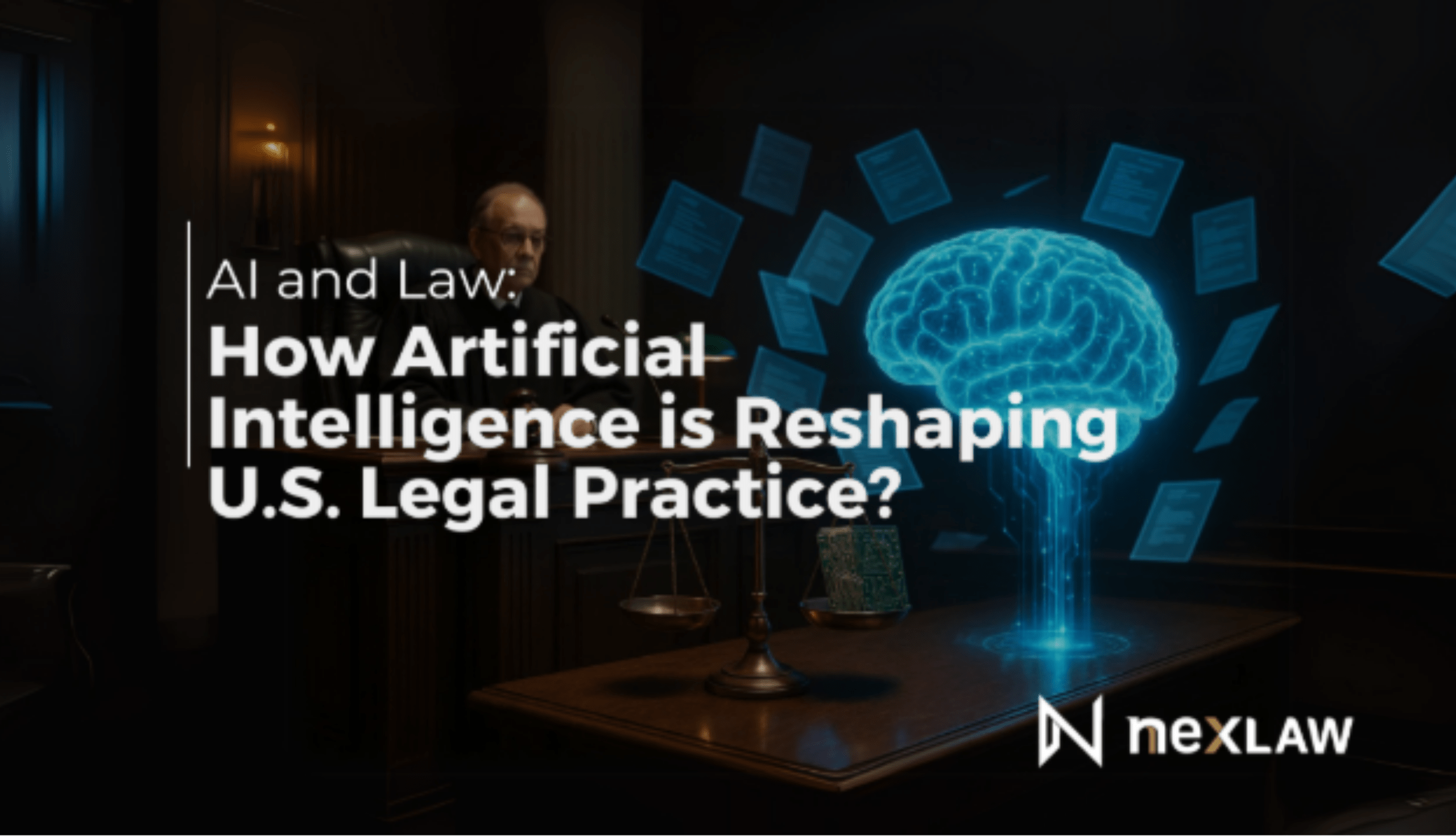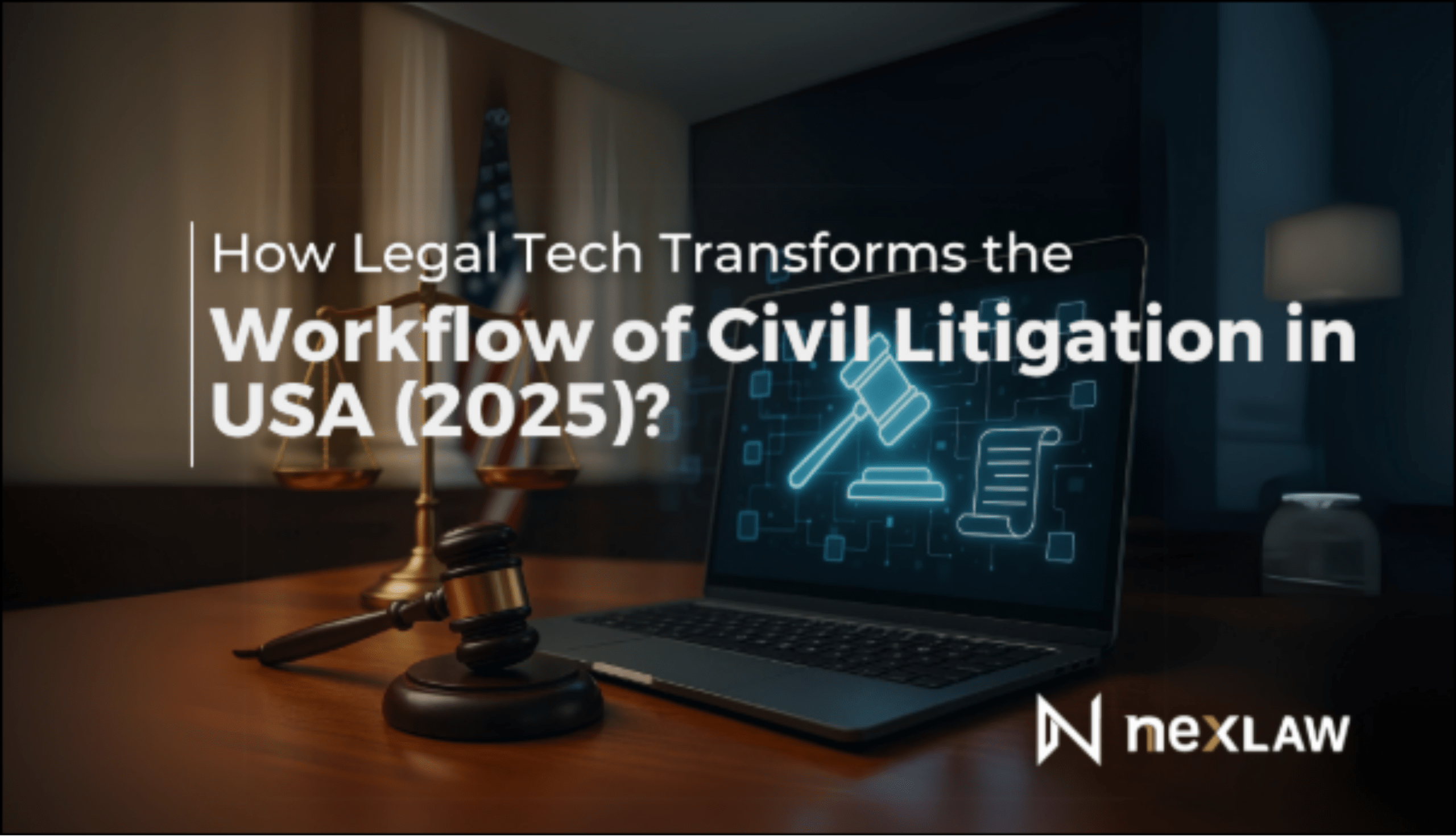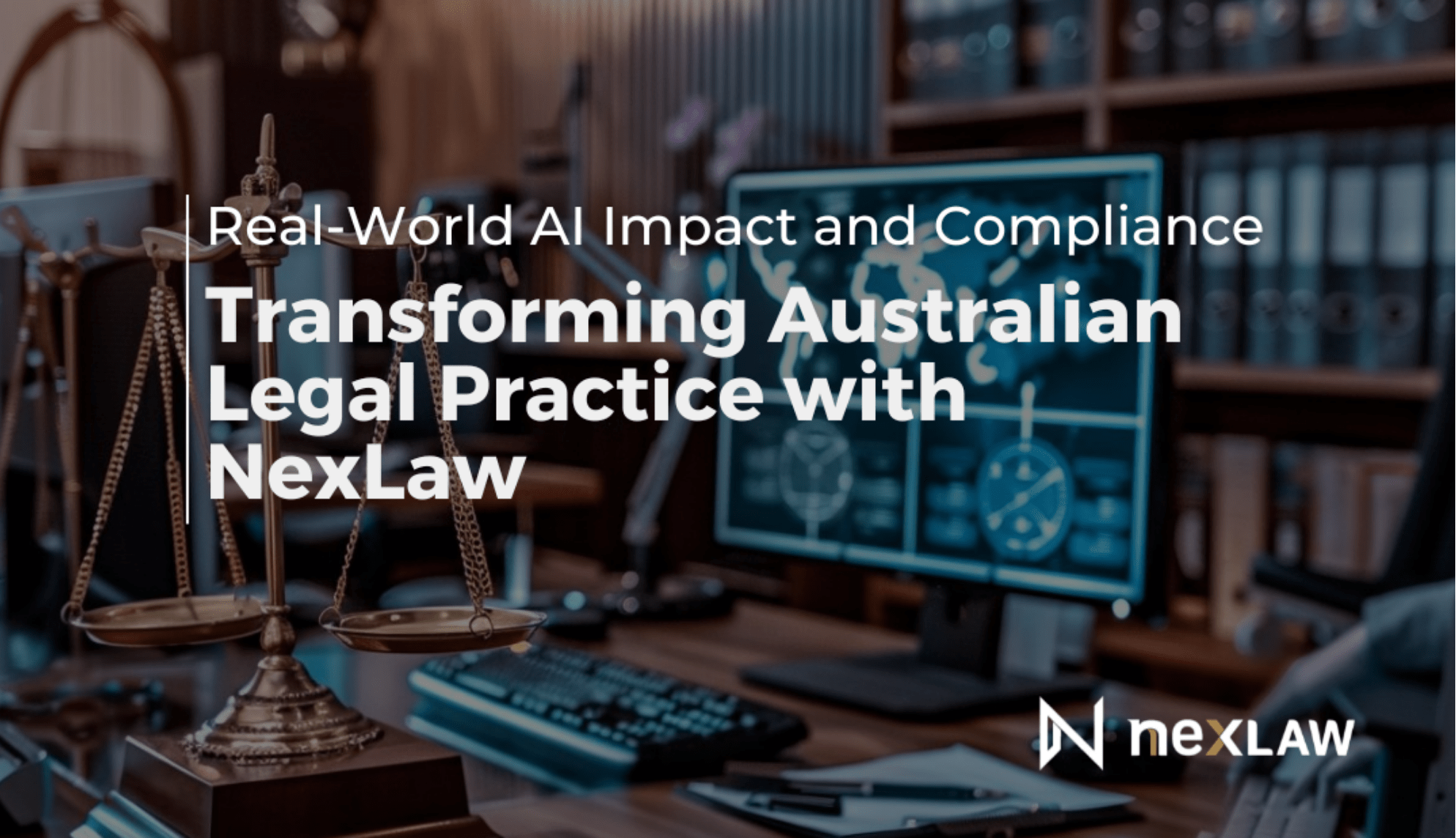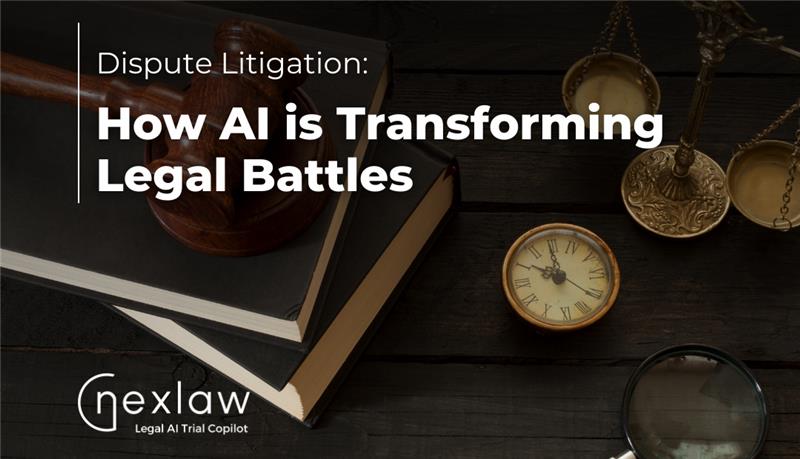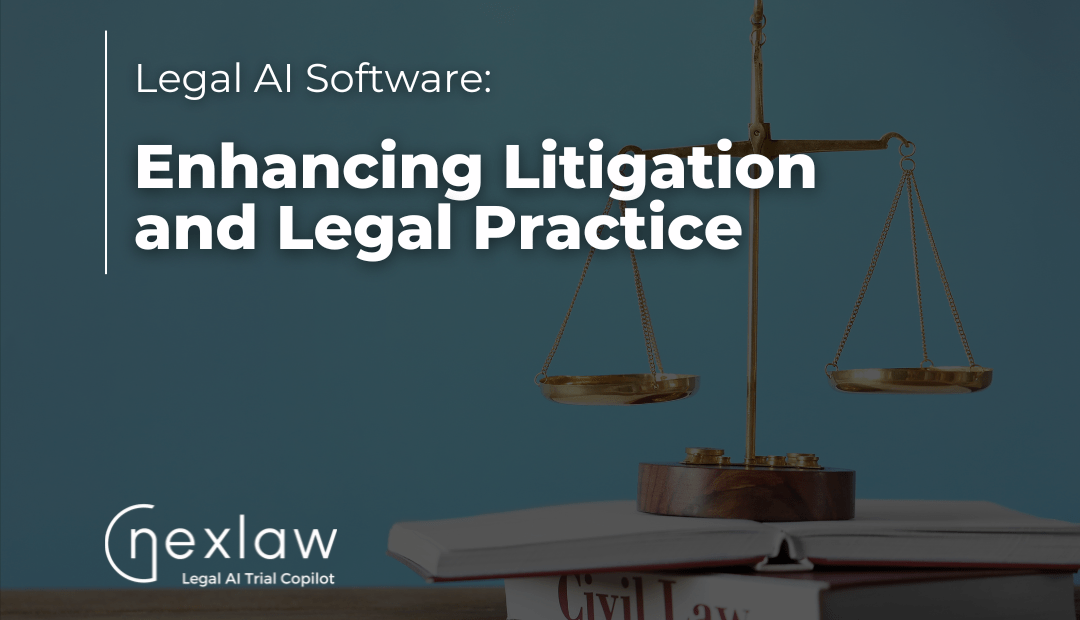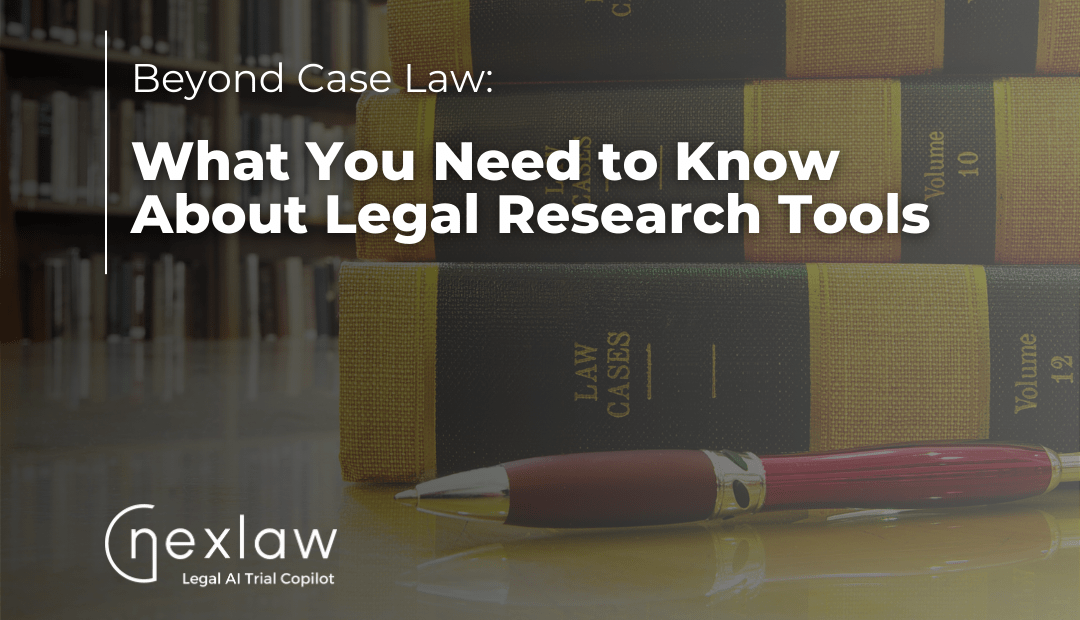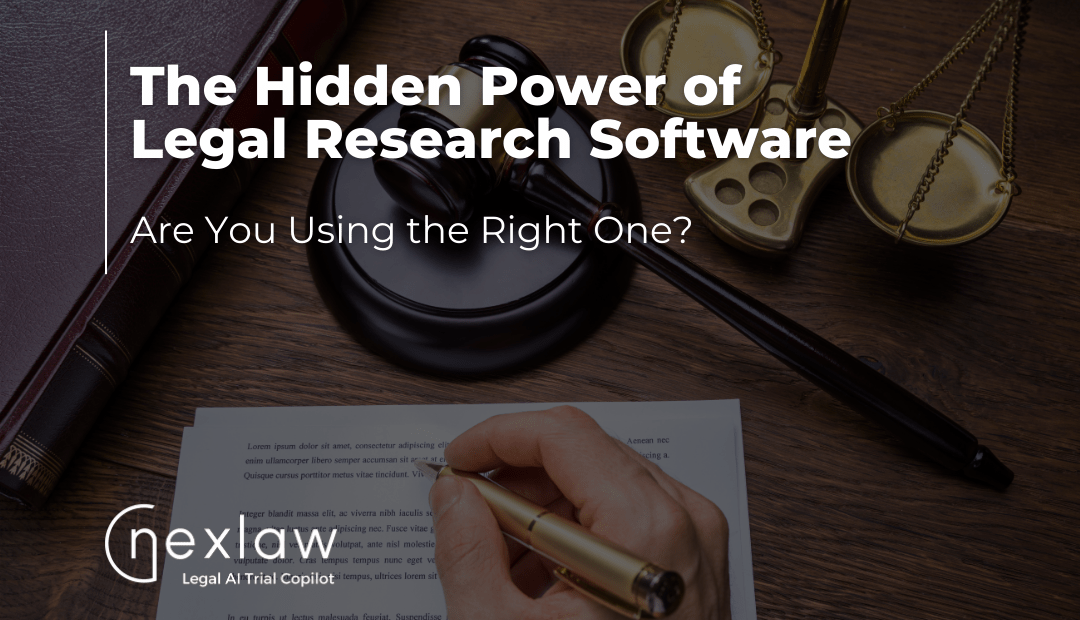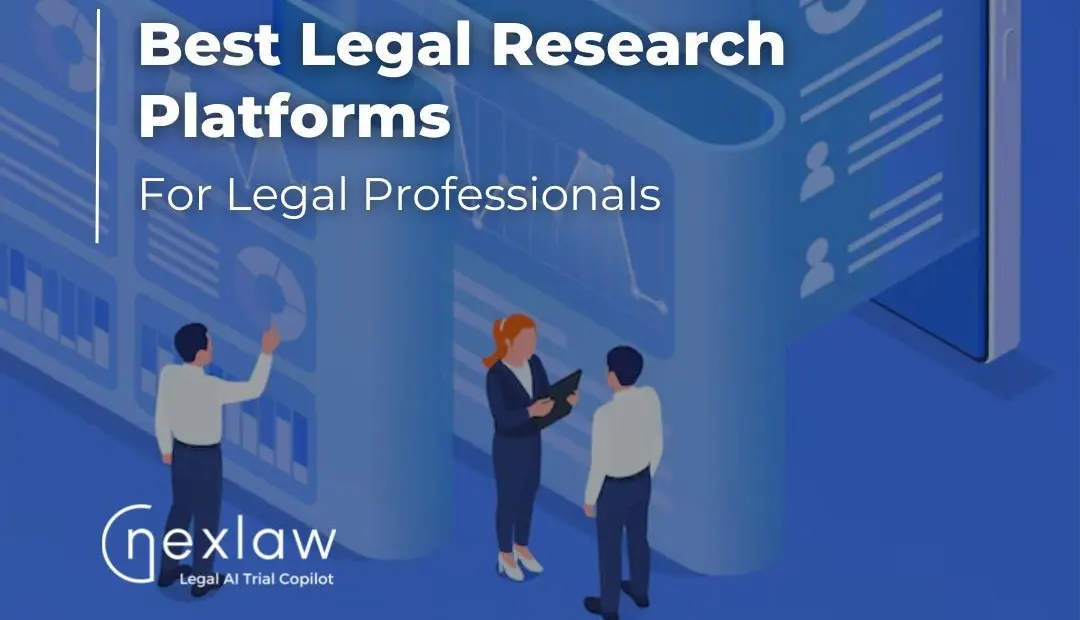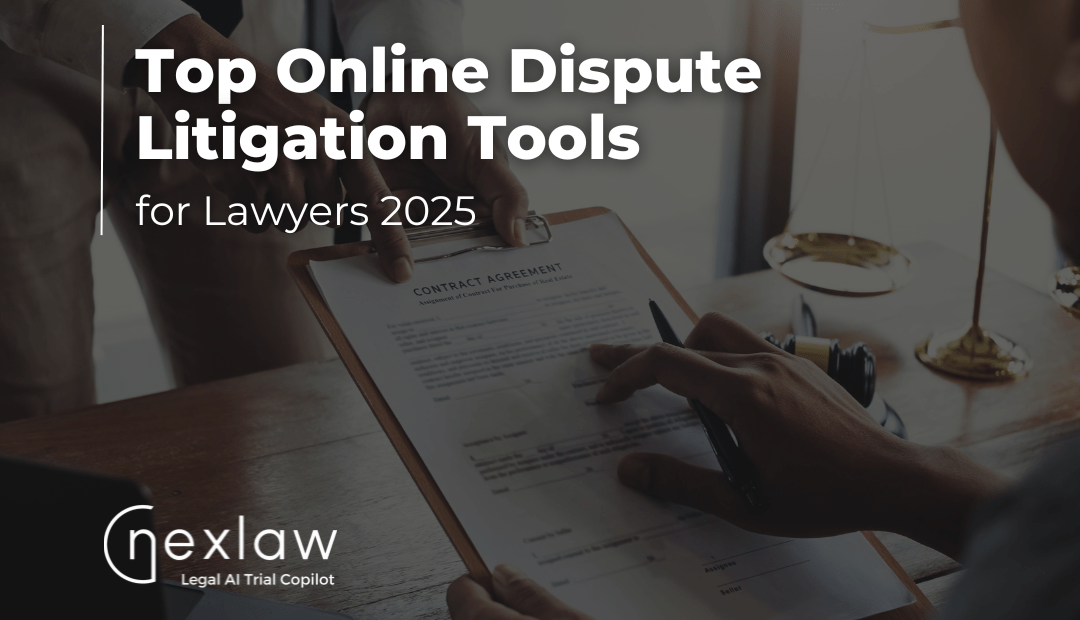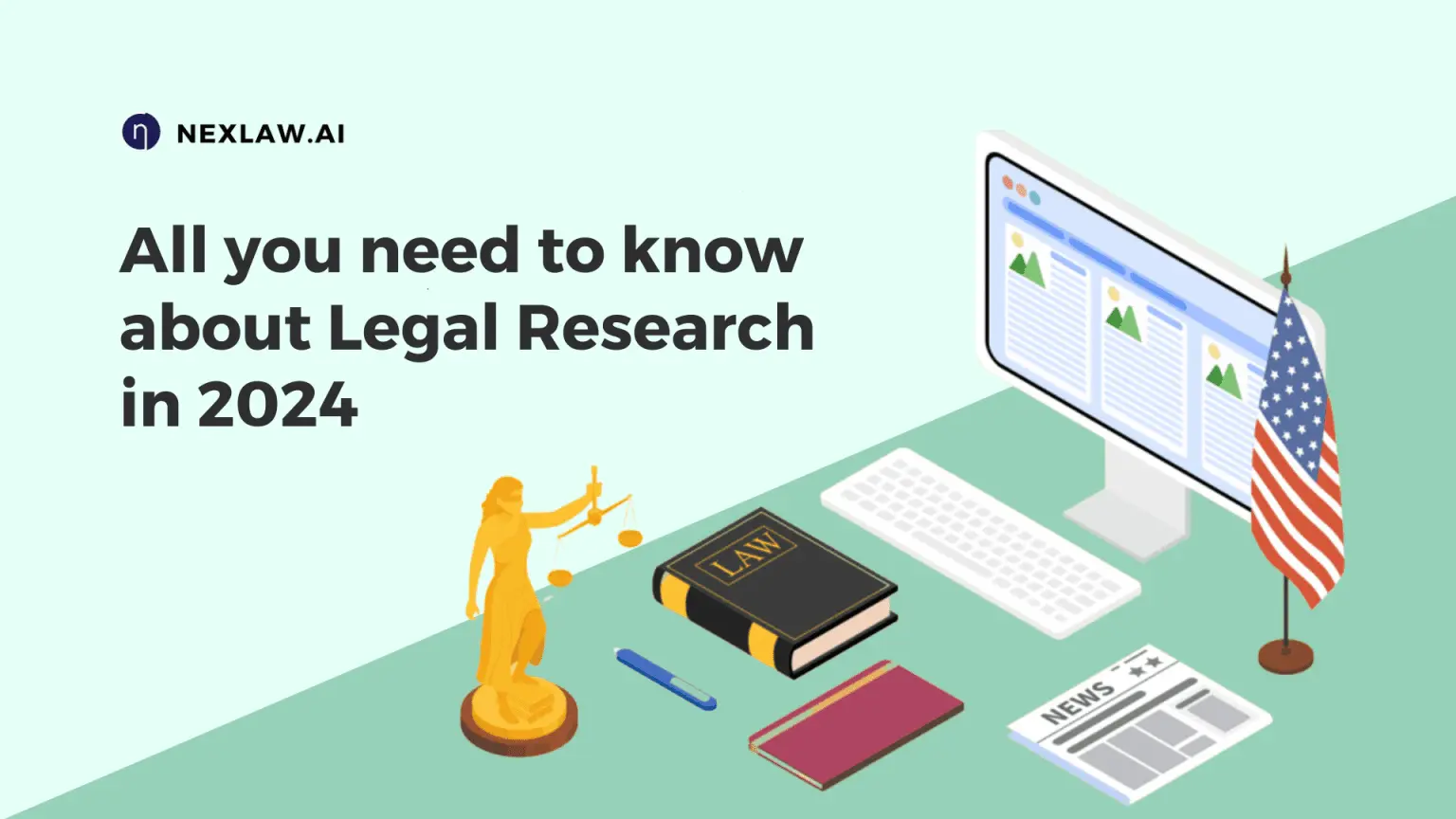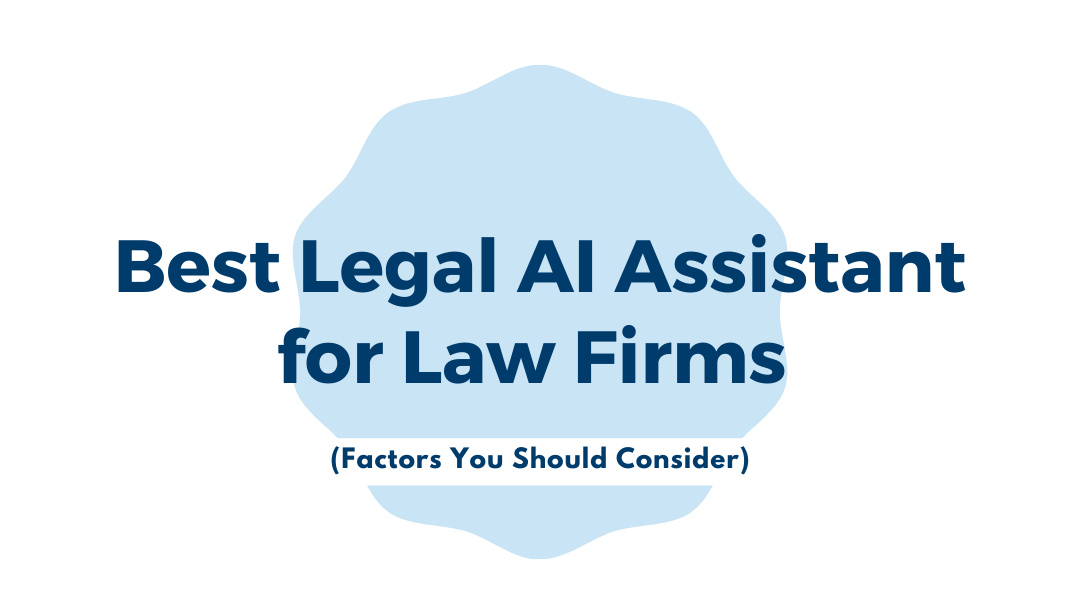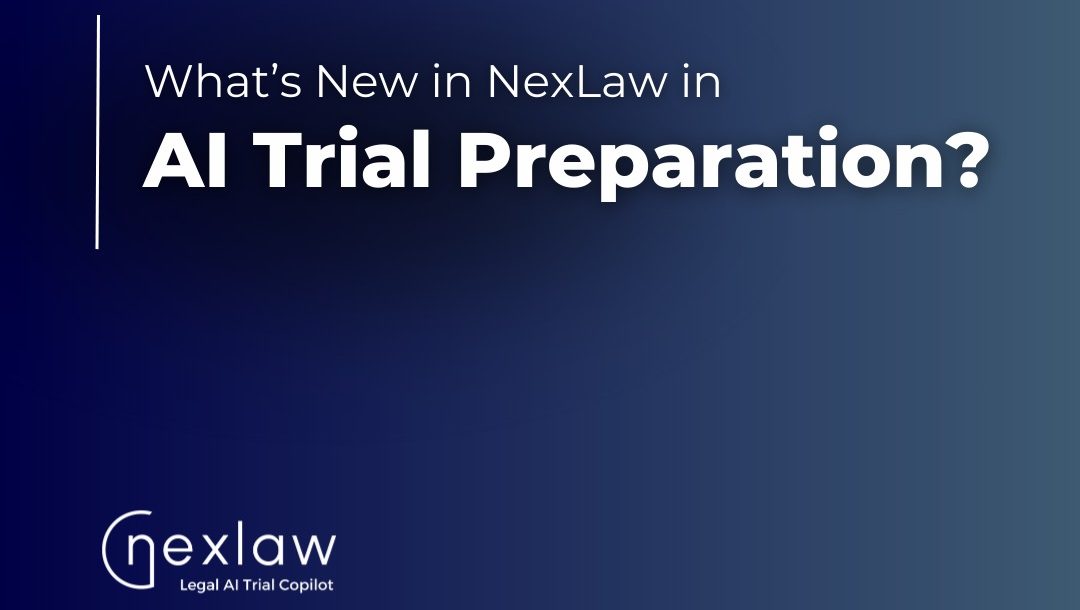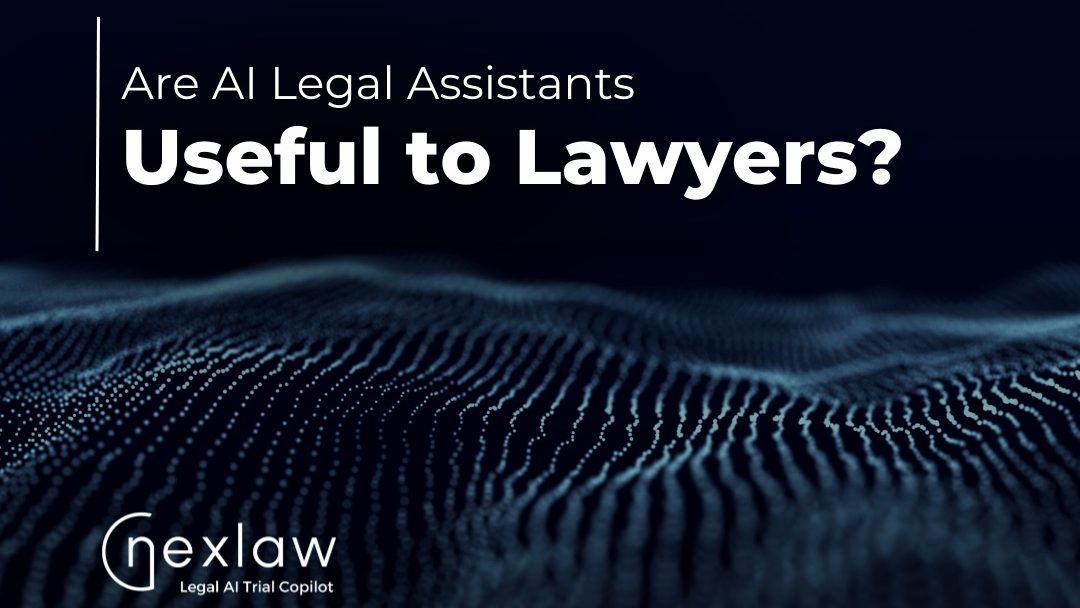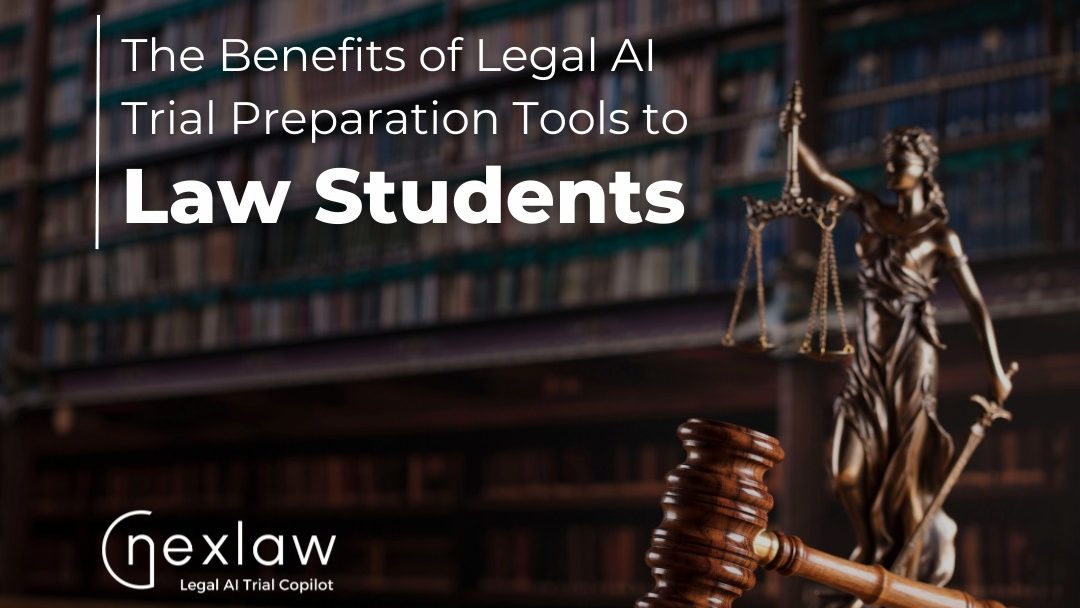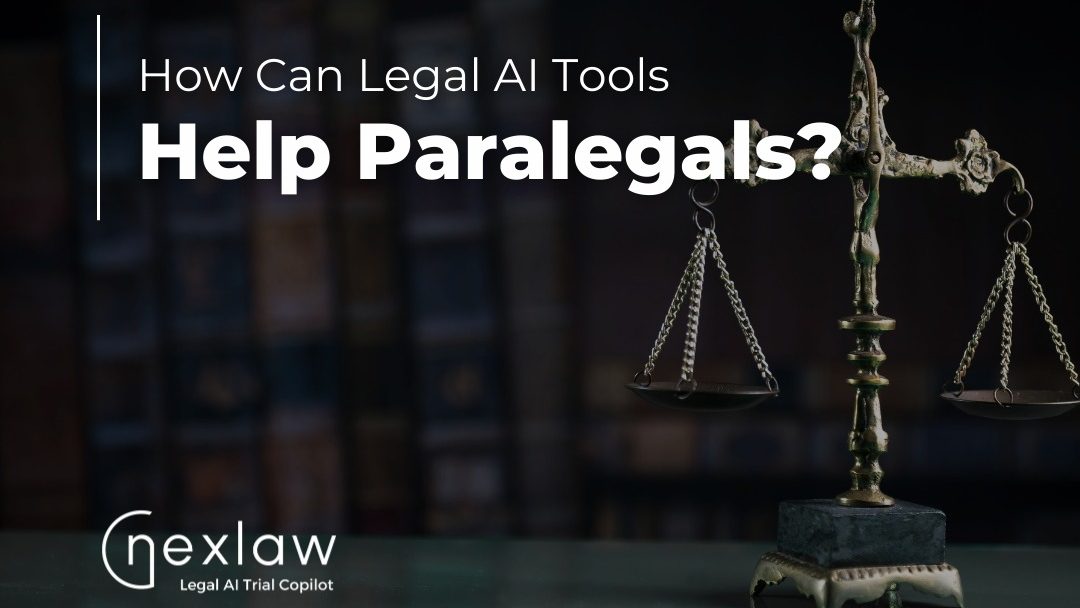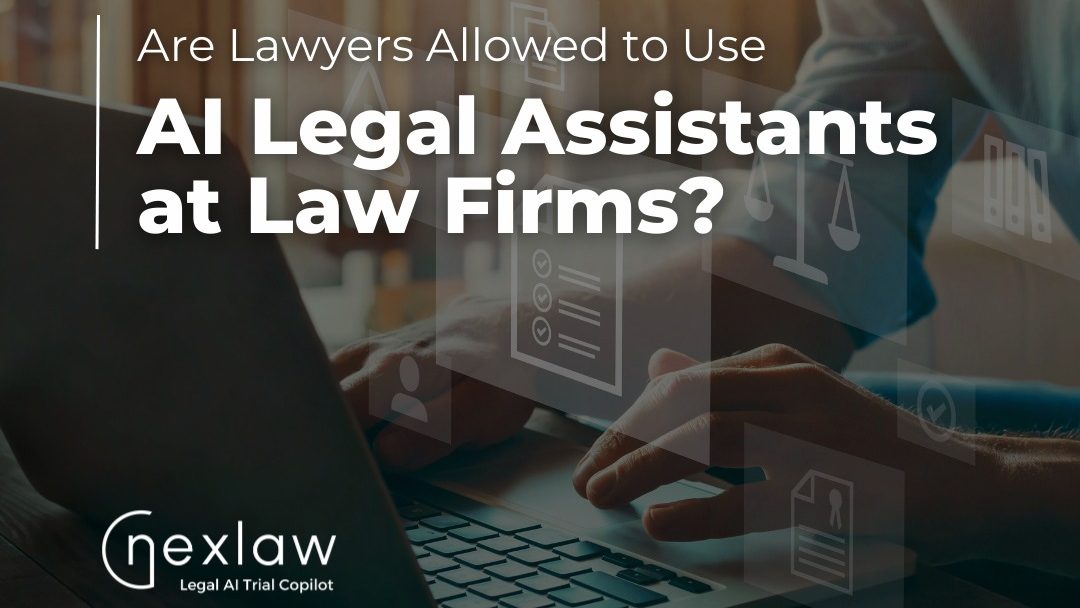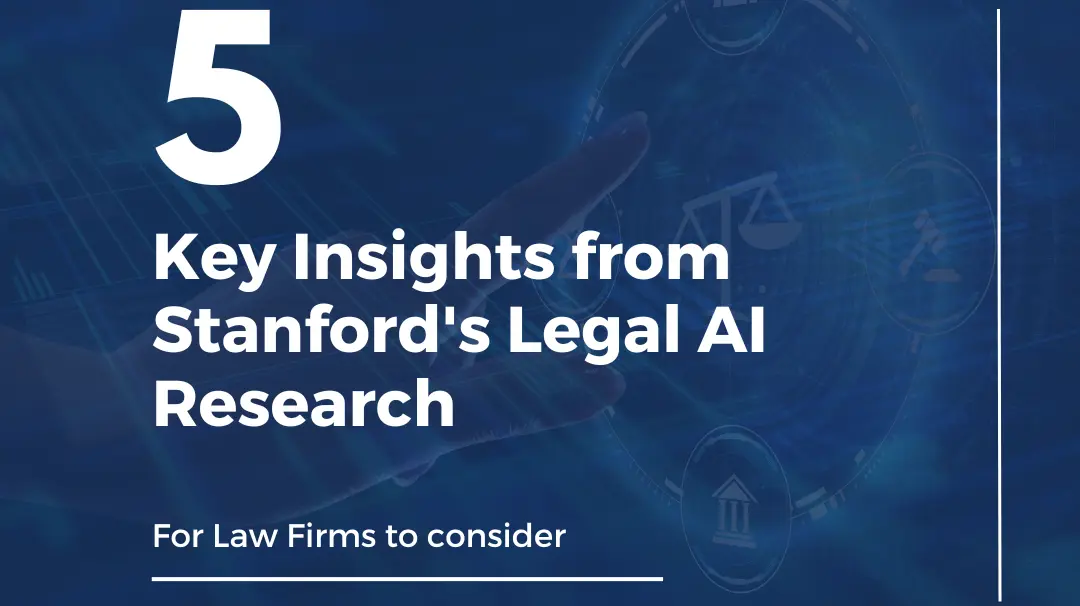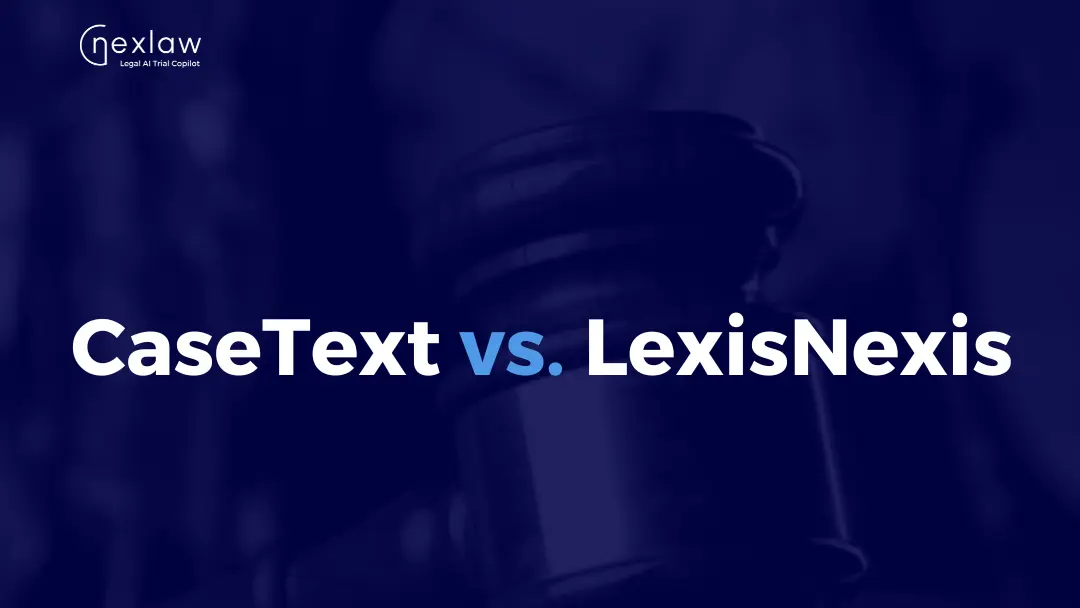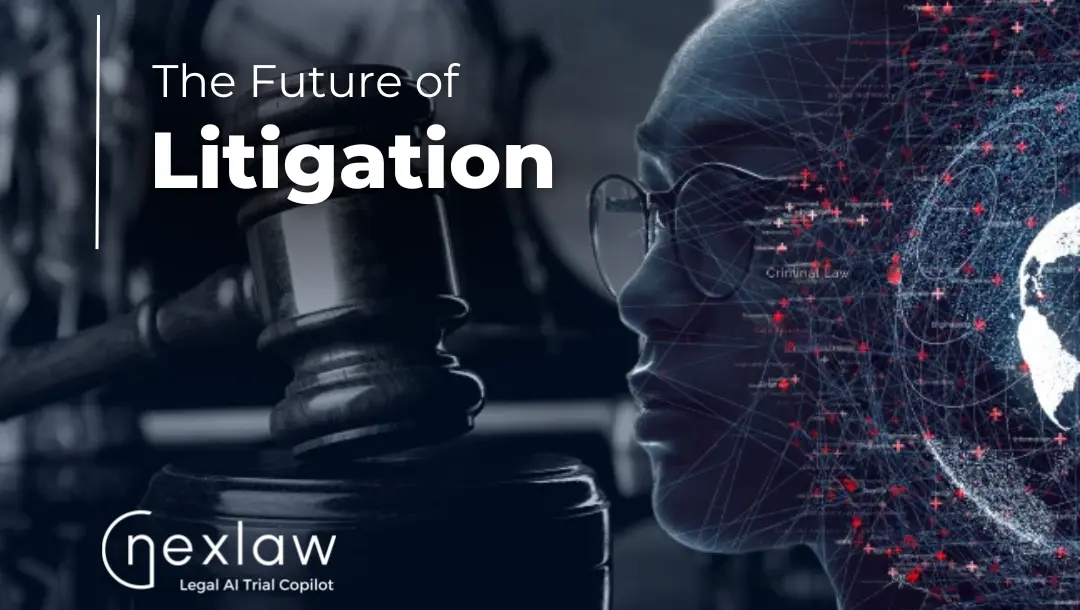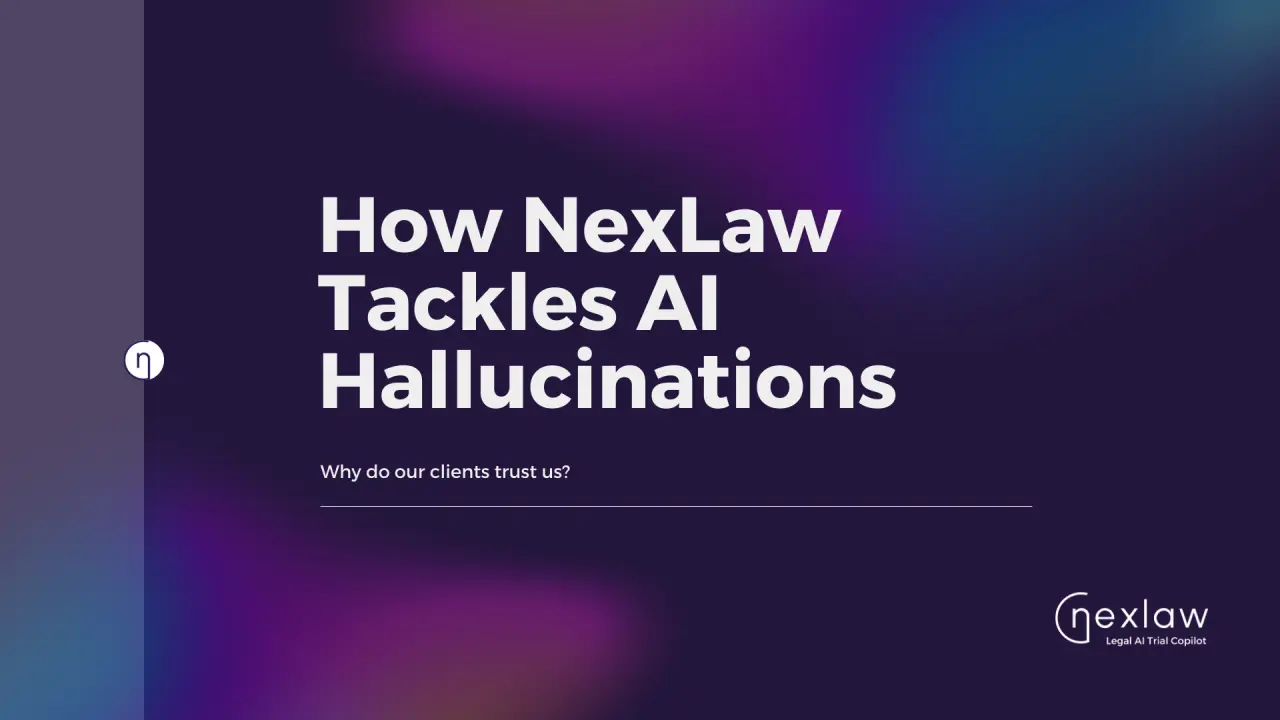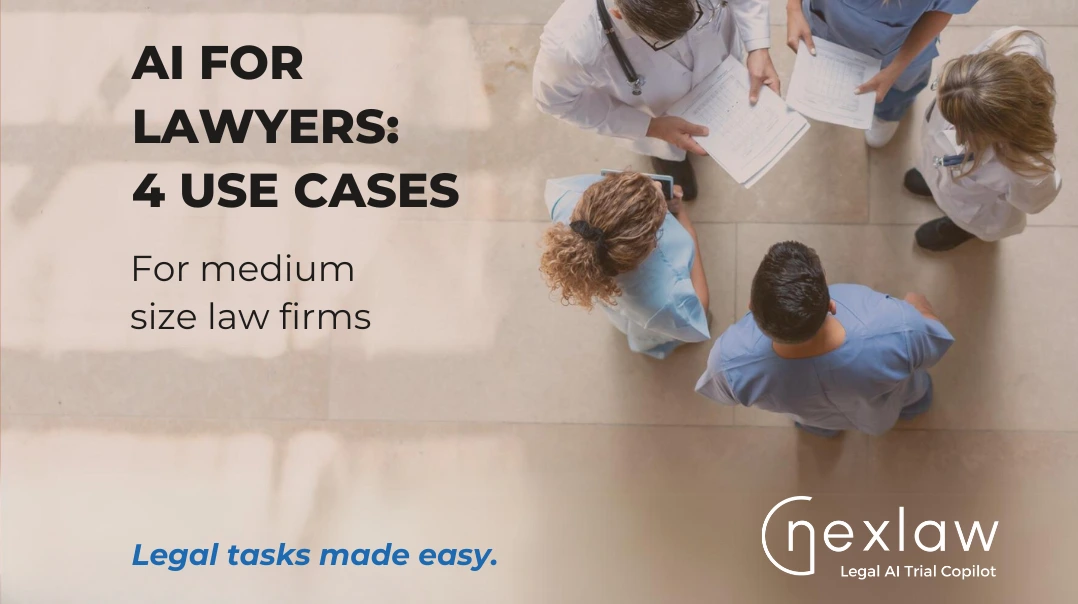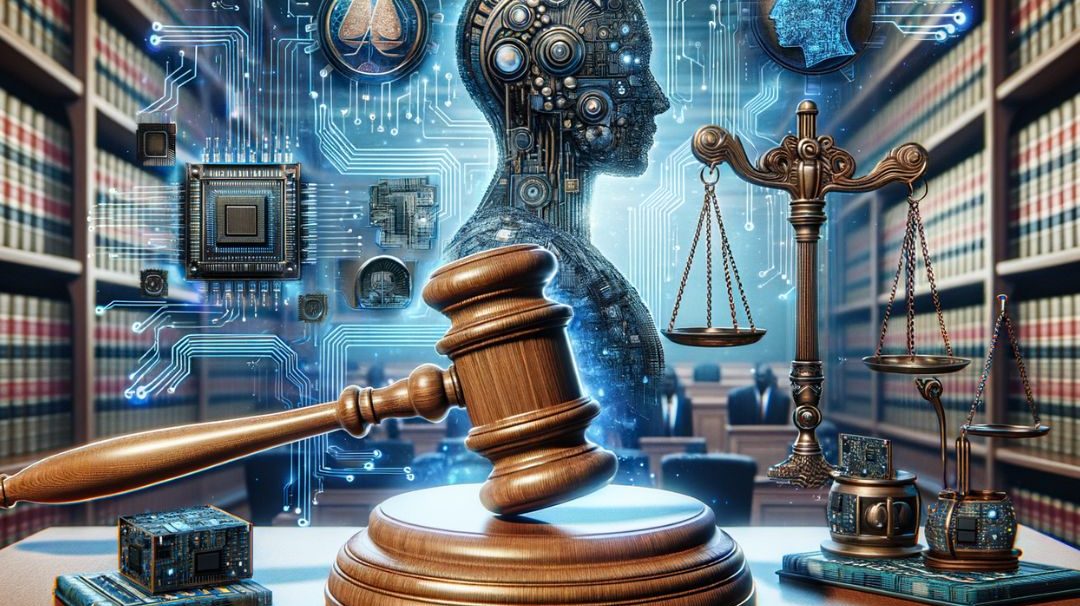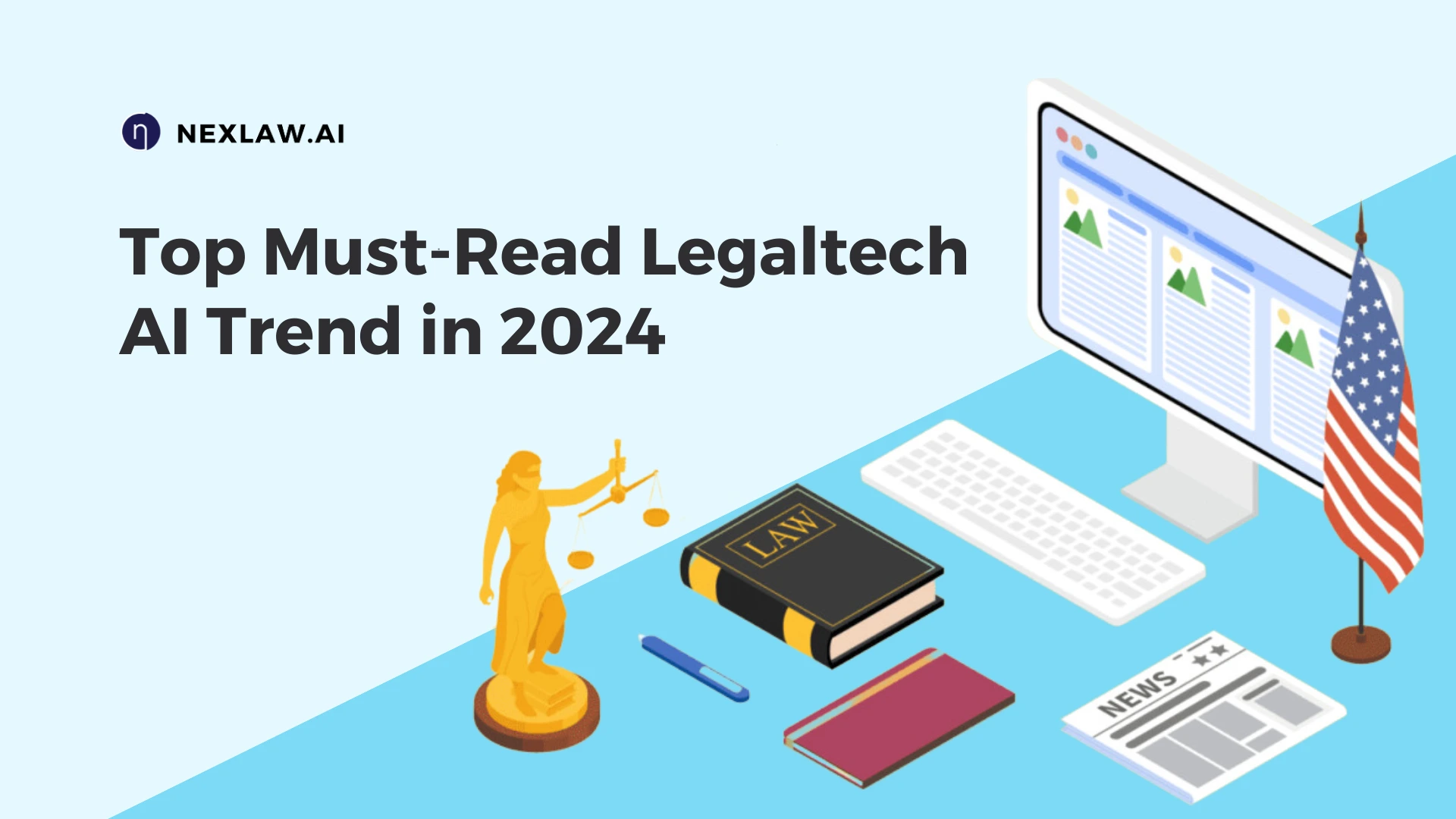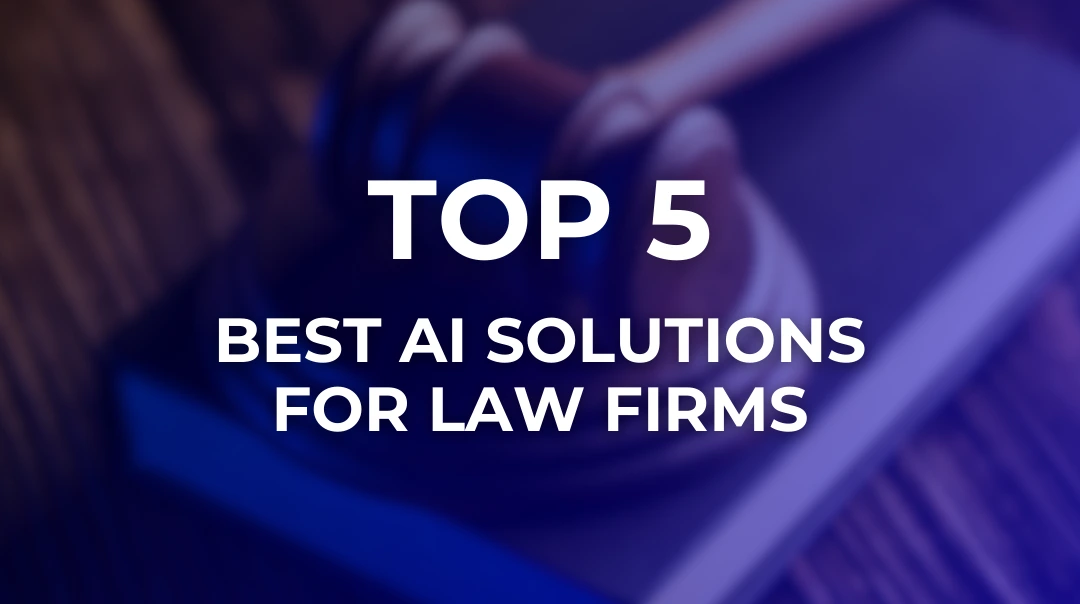How is AI Currently Being Used in Legal Industry?

How is AI Currently Being Used in Legal Industry
What is Legal AI and Understanding Artificial Intelligence (AI) in Law
Why are the lawyers driving the trend of leveraging AI in their legal endeavors?
80% of beta users saw significant improvements in legal efficiency with NexLaw.
Privacy Protection: Addressing Common Concerns in Legal AI Adoption
Related Posts
-
The Hybrid Future of International Commercial Disputes: Where Human Expertise Meets AI Efficiency with NexLaw.ai
-
The Global Courtroom: How International ODR and AI Are Revolutionizing Cross-Border Disputes
-
Minimizing Court Backlogs: The Preventative Power of AI in Early Dispute Resolution and Mediation
How is AI Currently Being Used in Legal Industry?
Artificial intelligence (AI) is increasingly transforming the legal profession by automating routine tasks, enhancing efficiency, and providing tools that allow lawyers to focus more on strategic aspects of their work. This comprehensive overview synthesizes insights from various sources on how legal tech AI Tools is being integrated into legal practice, its benefits, challenges, and future implications.
What is Legal AI and Understanding Artificial Intelligence (AI) in Law?
Legal AI integrates artificial intelligence technologies in the legal sector to streamline processes, aid legal professionals, and boost efficiency. This technology employs machine learning and natural language processing for tasks like legal research, contract analysis, and document review. AI In the legal field automates traditional manual tasks, improving workflows by analyzing data, predicting outcomes, and suggesting actions.
Types of AI in Legal Practice
- Generative AI: This subset of AI creates content based on user prompts. It can draft legal documents, summarize cases, and even generate legal briefs. Tools like ChatGPT exemplify this technology, allowing lawyers to produce initial drafts quickly, although they must be cautious of inaccuracies and biases inherent in AI outputs.
- Machine Learning: A critical component of AI, machine learning enables systems to improve their performance over time through exposure to data. In legal contexts, it is used for tasks such as predicting case outcomes, analyzing trends, and reviewing documents for compliance with legal standards.
- Natural Language Processing (NLP): This technology allows AI to understand and process human language, making it invaluable for legal research and document analysis. NLP tools help lawyers sift through extensive legal texts and extract relevant information more efficiently than manual methods.
Applications of AI in Legal Practice
AI is being utilized in various areas within the legal profession:
- Legal Research: AI tools can conduct extensive legal research far more quickly than traditional methods, identifying relevant case law and legal precedents in seconds.
- Document Review: AI systems streamline the review process for contracts and legal documents, identifying deviations from standard language and ensuring compliance with legal requirements. This reduces the time lawyers spend on these tasks, allowing them to focus on more complex issues.
- E-Discovery: During litigation, AI aids in the electronic discovery process by sorting through vast amounts of electronically stored information (ESI) to identify relevant documents efficiently.
- Drafting Legal Documents: AI can assist in drafting various legal documents, from contracts to pleadings, significantly speeding up the process while maintaining accuracy.
Did you know that 73% of lawyers are expected to integrate AI into their work by 2024?
As the legal industry embraces technological advancements, the demand for AI-driven solutions continues to rise. According to a survey conducted by Wolters Kluwer, a staggering 73% of lawyers anticipate integrating AI into their work by 2024.

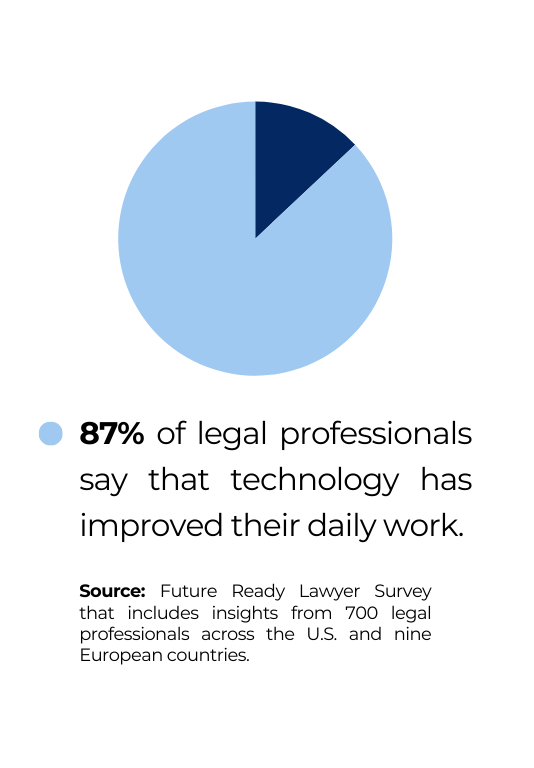
According to the findings from the Future Ready Lawyer Survey, released today, insights were gathered from 700 legal professionals across the U.S. and nine European countries. Key highlights include:
- 68% of respondents feel adequately prepared for the impact of generative AI.
- 69% of law firms and 61% of legal departments are currently unprepared to address increasing Environmental, Social, and Governance (ESG) demands.
- Technology has positively impacted the day-to-day work of 87% of legal professionals.
- Despite advancements, 43% of legal organizations have yet to implement formal Diversity, Equity, Inclusion, and Belonging (DEIB) policies.
Benefits of AI in Law
- Increased Efficiency: By automating routine tasks, AI allows lawyers to dedicate more time to client interactions and strategic planning, ultimately enhancing service delivery.
- Cost Savings: Firms can reduce operational costs by minimizing the time spent on manual tasks, leading to more competitive pricing for legal services.
- Natural Language Processing (NLP): This technology allows AI to understand and process human language, making it invaluable for legal research and document analysis. NLP tools help lawyers sift through extensive legal texts and extract relevant information more efficiently than manual methods.
Why are the lawyers driving the trend of leveraging AI in their legal endeavors?
The increasing adoption of AI in the legal sector can be attributed to several key factors. Firstly, there is a growing need for increased efficiency and productivity in legal practice. With the volume of legal information and documentation continuously expanding, lawyers are seeking innovative solutions to streamline their workflows and expedite tedious tasks such as case law search and contract review. Additionally, advancements in technology have made AI-powered tools more accessible and user-friendly, making it easier for legal professionals to incorporate AI into their daily work processes. Lastly, evolving client expectations play a significant role, as clients demand faster turnaround times, cost-effective solutions, and greater transparency from their legal service providers.
A robust legal AI company has the potential to transform your workflow by maximizing efficiency and boosting productivity to new heights. From advanced search capabilities, simplified legal research, streamlined contract review, automated legal content drafting, AI-powered summarization, and resolution of legal queries, NexLaw offers everything you need to optimize your workflow. With NexLaw, you can spend less time on repetitive tasks and more time focusing on high-value legal work.
Challenges and Ethical Considerations of AI for Legal Professionals
Despite its advantages, the integration of AI into legal practice raises several challenges:
- Bias and Inaccuracy: AI systems can perpetuate biases present in their training data, leading to skewed outcomes. Legal professionals must be vigilant about the sources of their data and the algorithms they employ.
- Confidentiality Concerns: The use of AI raises questions about data security and client confidentiality, necessitating strict compliance with ethical standards and regulations governing legal practice.
- Job Displacement: There are concerns that AI could replace certain legal jobs, particularly those involving routine tasks. However, many experts believe that AI will augment rather than replace human lawyers, allowing them to focus on higher-level tasks.
Privacy Protection: Addressing Common Concerns in Legal AI Adoption
We understand that some legal professionals may have concerns or misconceptions about integrating AI into their work. Rest assured, NexLaw prioritizes data security and privacy, employing robust encryption protocols and stringent access controls to safeguard sensitive information.
The Future of AI in Legal Practice
The future of AI in the legal sector appears promising, with ongoing advancements likely to further integrate AI into daily legal operations. Law firms are beginning to adopt AI technologies more widely, with many developing internal policies to guide their use. As AI tools continue to evolve, they are expected to enhance the delivery of legal services, improve client interactions, and reshape the educational landscape for future lawyers
80% of users saw significant improvements in legal efficiency with NexLaw
Feedback from our beta users speaks volumes about the impact of NexLaw on legal tasks. An impressive 80% of pilot testers have reported significant improvements in the speed and efficiency of their legal work since using NexLaw. This positive feedback underscores the effectiveness of our platform in streamlining legal workflows and delivering tangible results.
Privacy Protection: Addressing Common Concerns in Legal AI Adoption
We understand that some legal professionals may have concerns or misconceptions about integrating AI into their work. Rest assured, NexLaw prioritizes data security and privacy, employing robust encryption protocols and stringent access controls to safeguard sensitive information.
In conclusion, the future of legal practice lies in embracing AI for lawyers to drive innovation, efficiency, and client satisfaction. Join NexLaw’s legal AI pilot program today and be part of the 73% of lawyers integrating AI into their work by 2024. Experience firsthand how our platform can revolutionize your legal practice and propel you towards success in the digital age.
Conclusion
AI is poised to revolutionize the legal profession by enhancing efficiency, accuracy, and client service. While it presents challenges that require careful management, the potential benefits of AI in law are significant. Legal professionals must navigate these changes thoughtfully, ensuring that they leverage AI responsibly while adhering to ethical standards. As the legal landscape continues to evolve, staying informed about AI developments will be crucial for practitioners aiming to maintain a competitive edge in their field.

Get ahead of the curve with our free Guide to Starting Using Legal AI!
Summer Wong
Content creator & copywriter @ NexLaw




